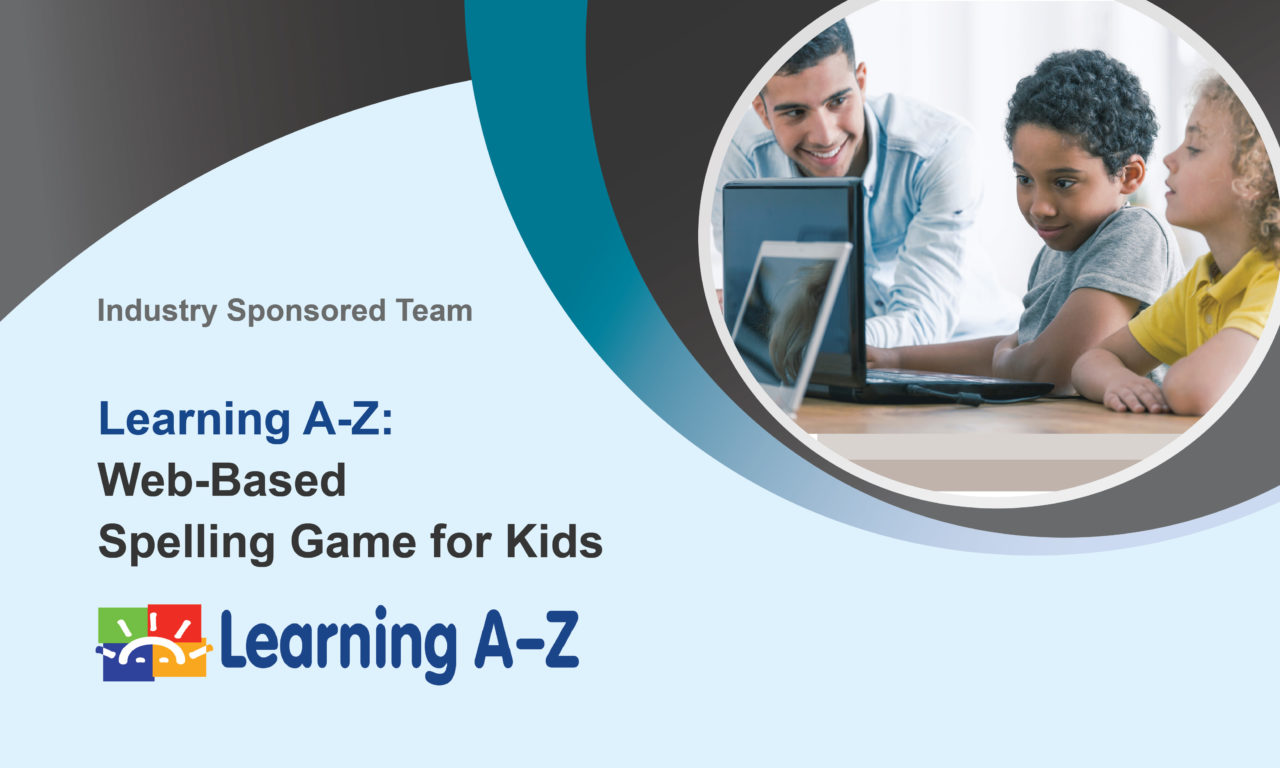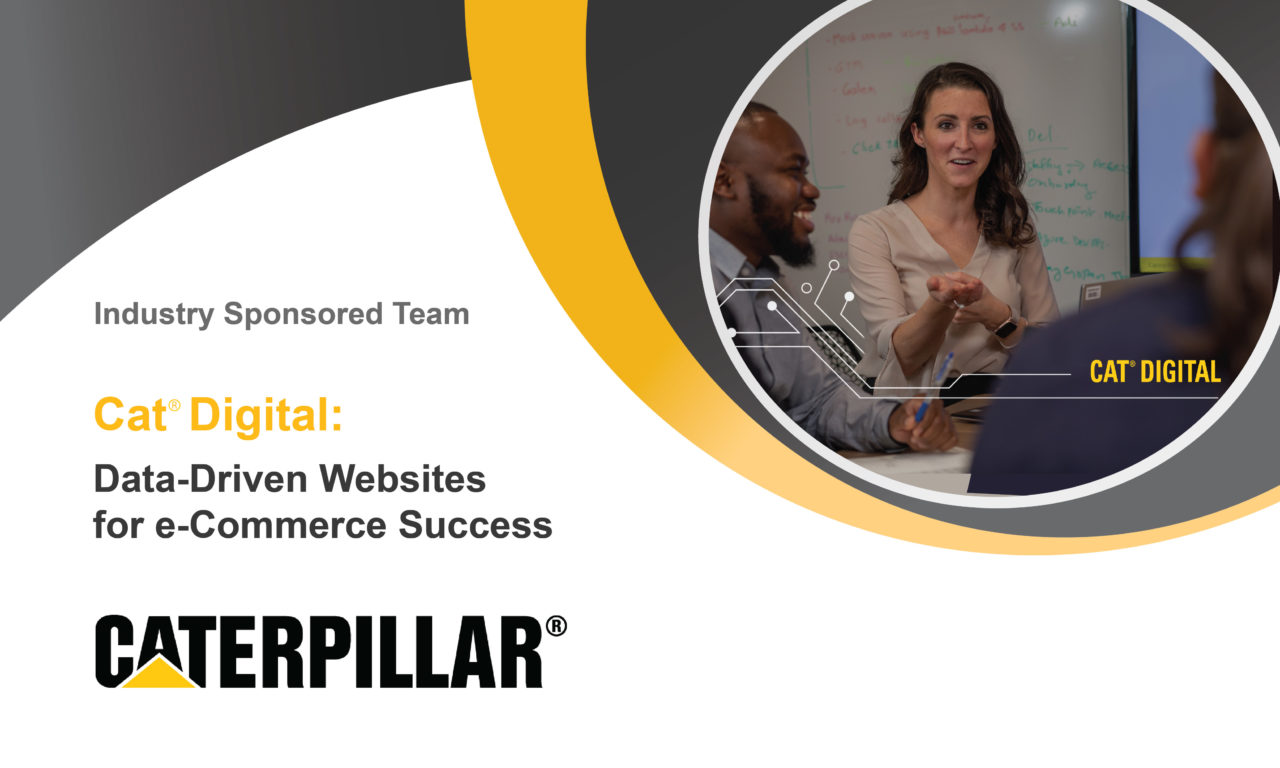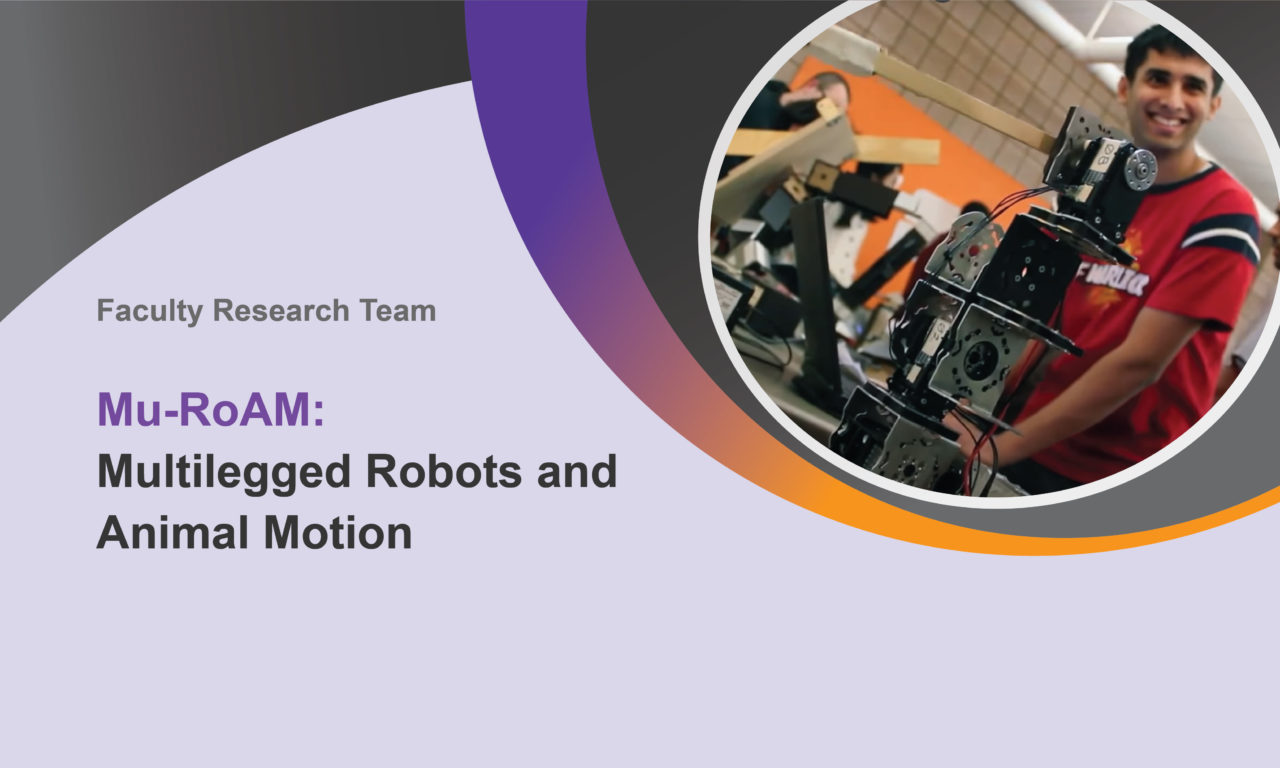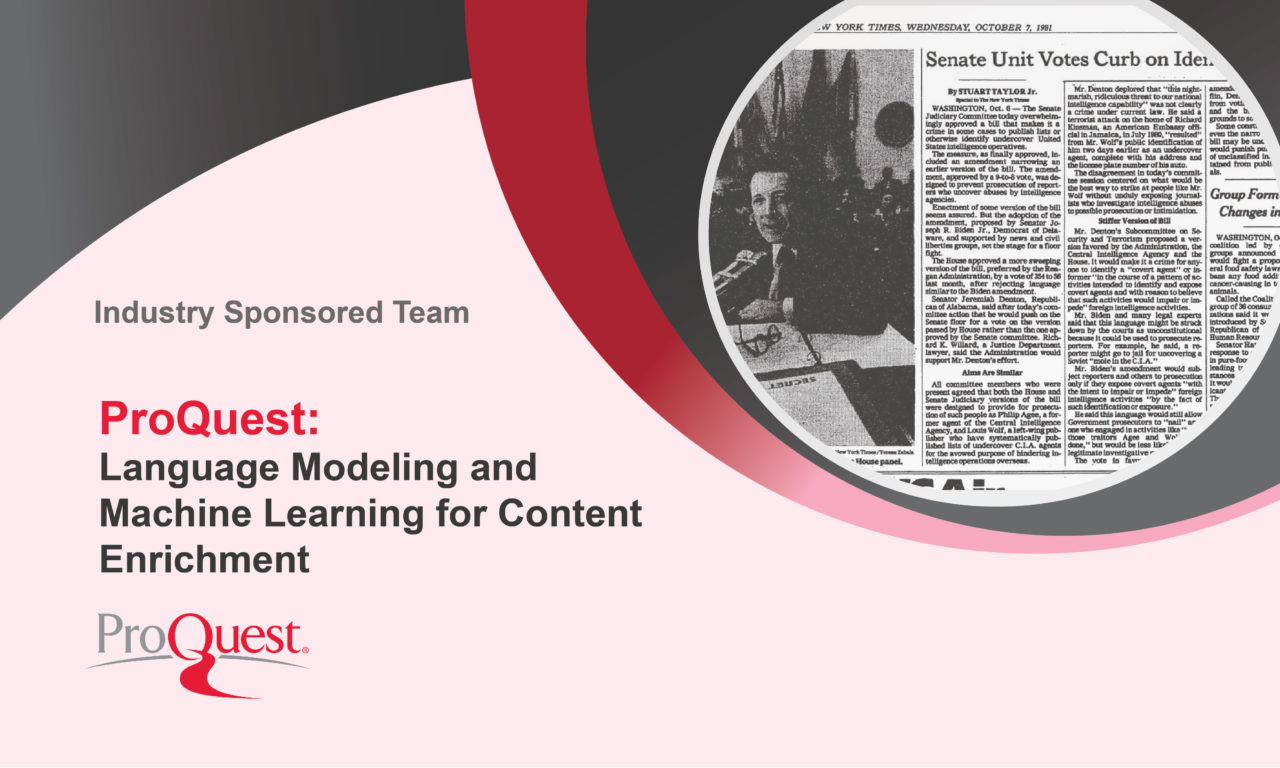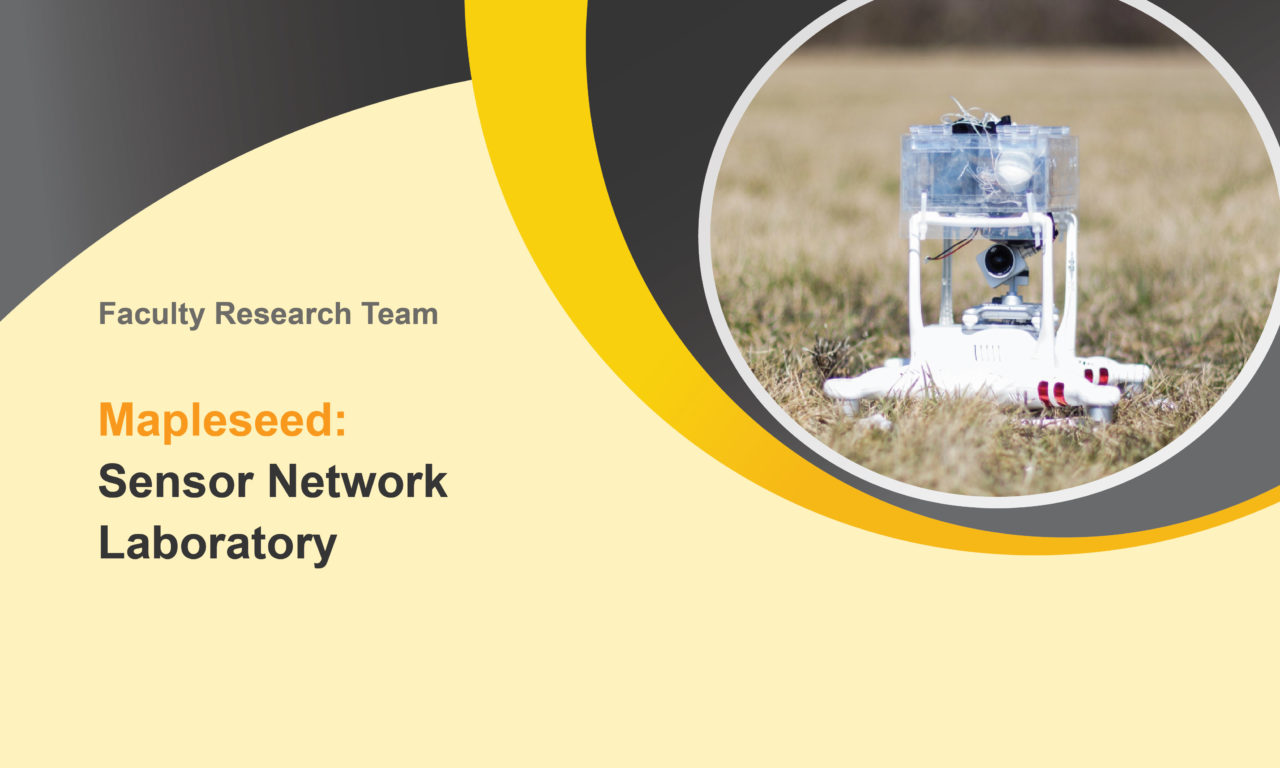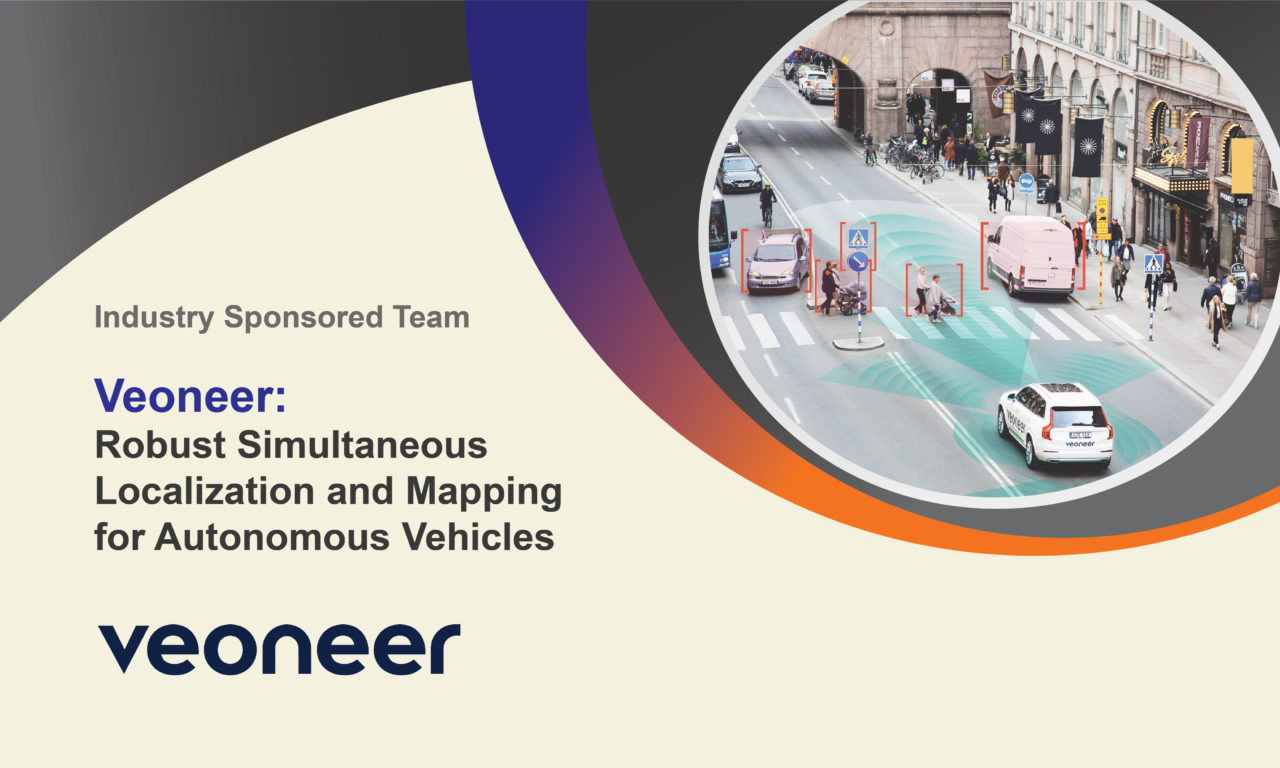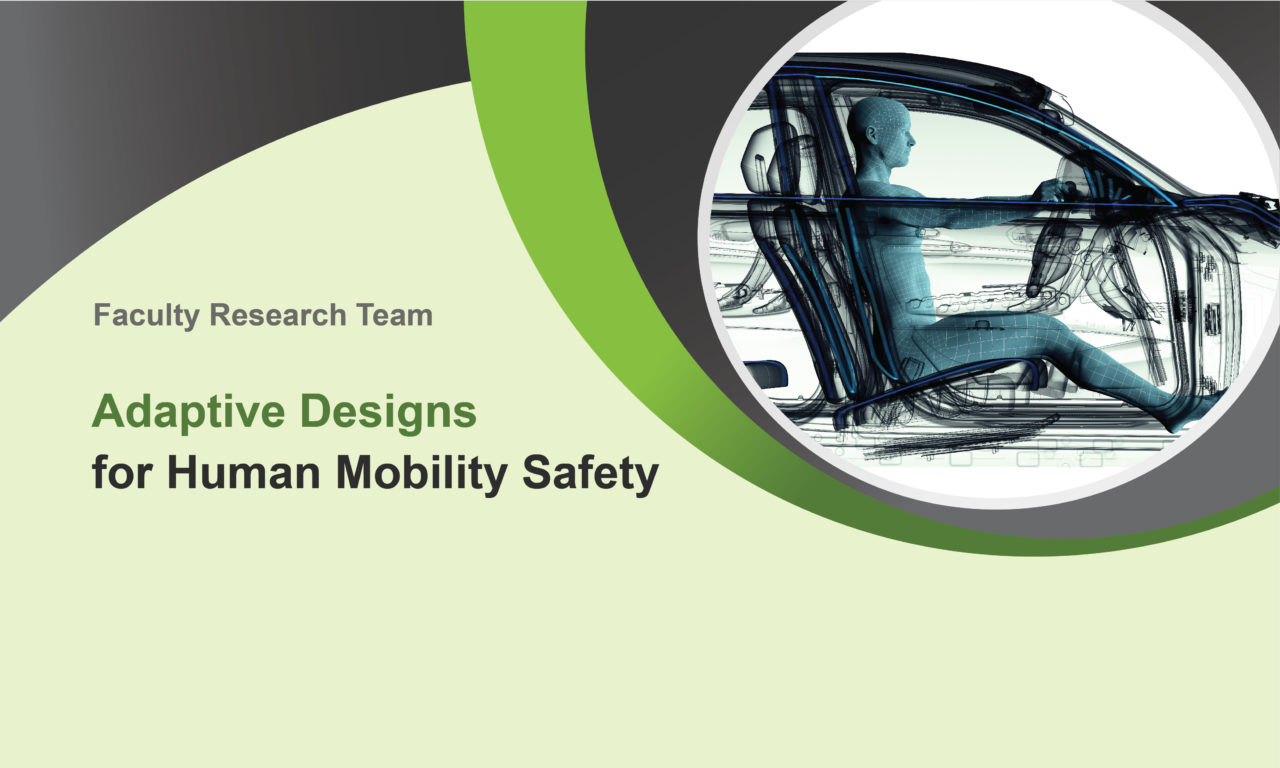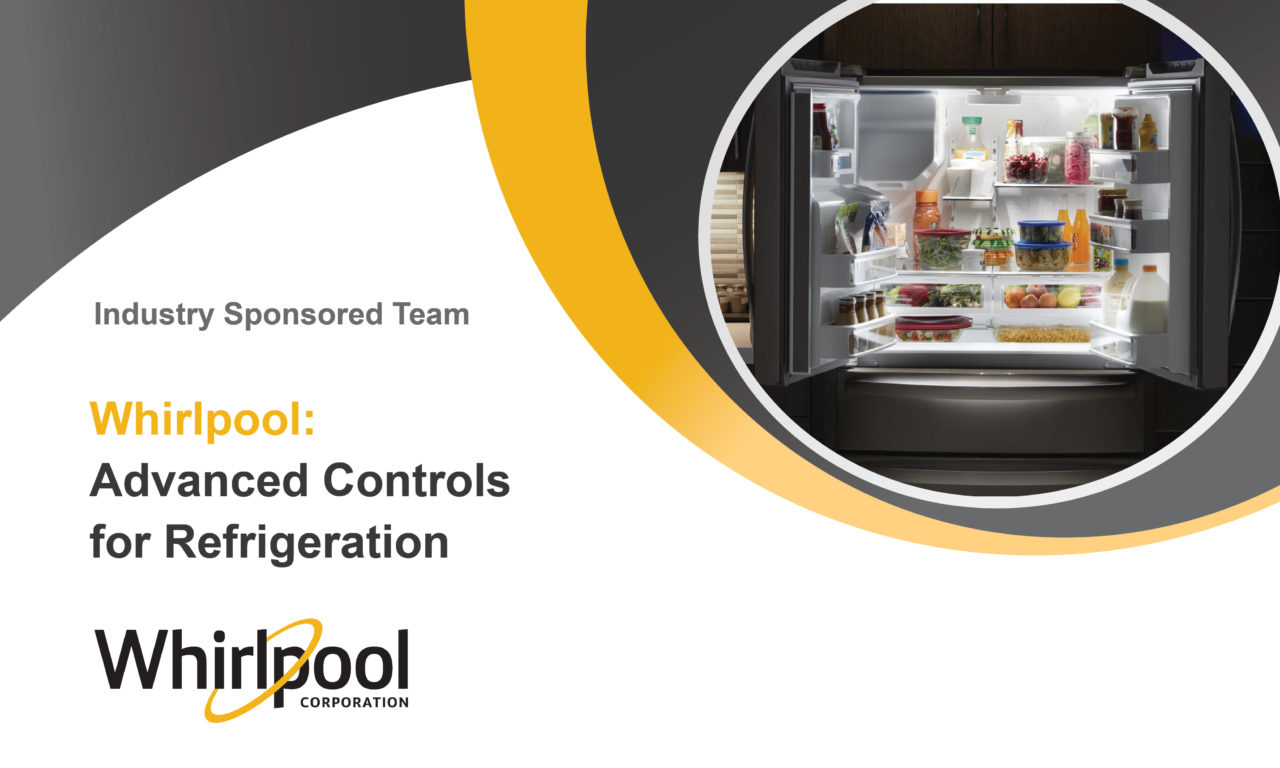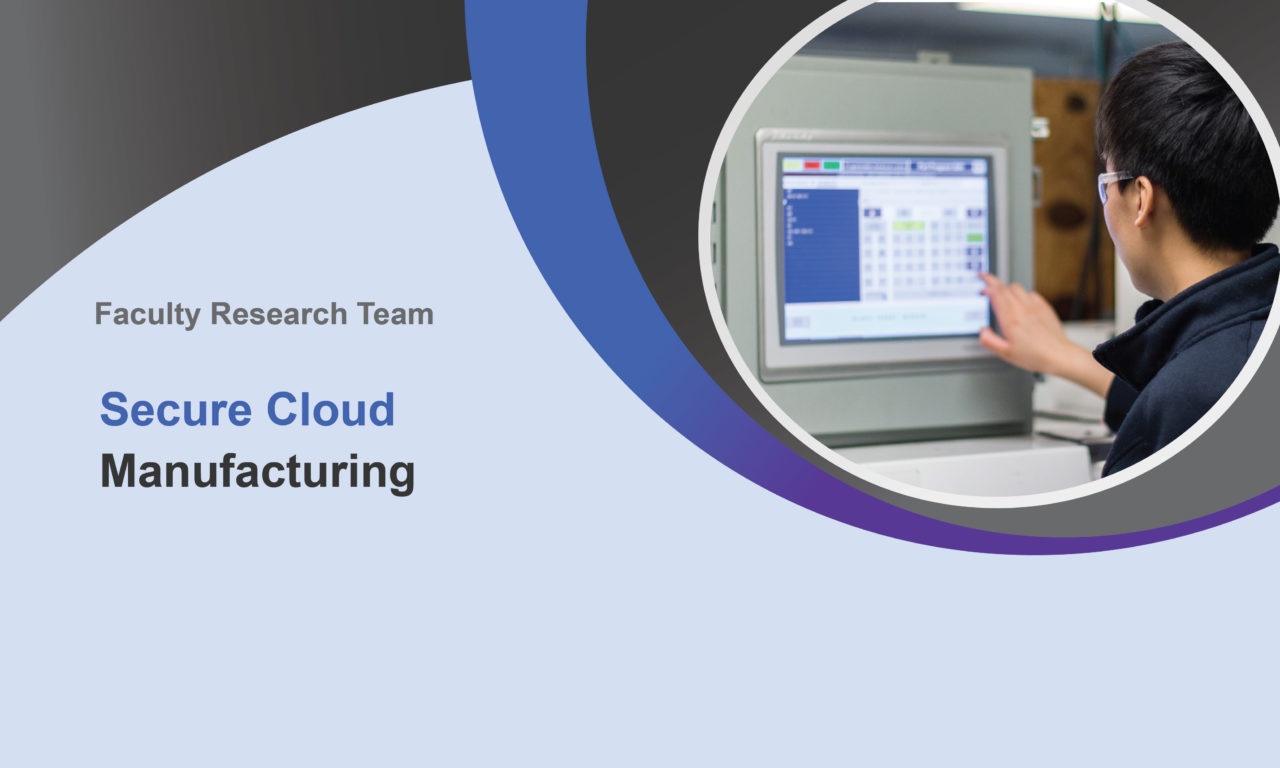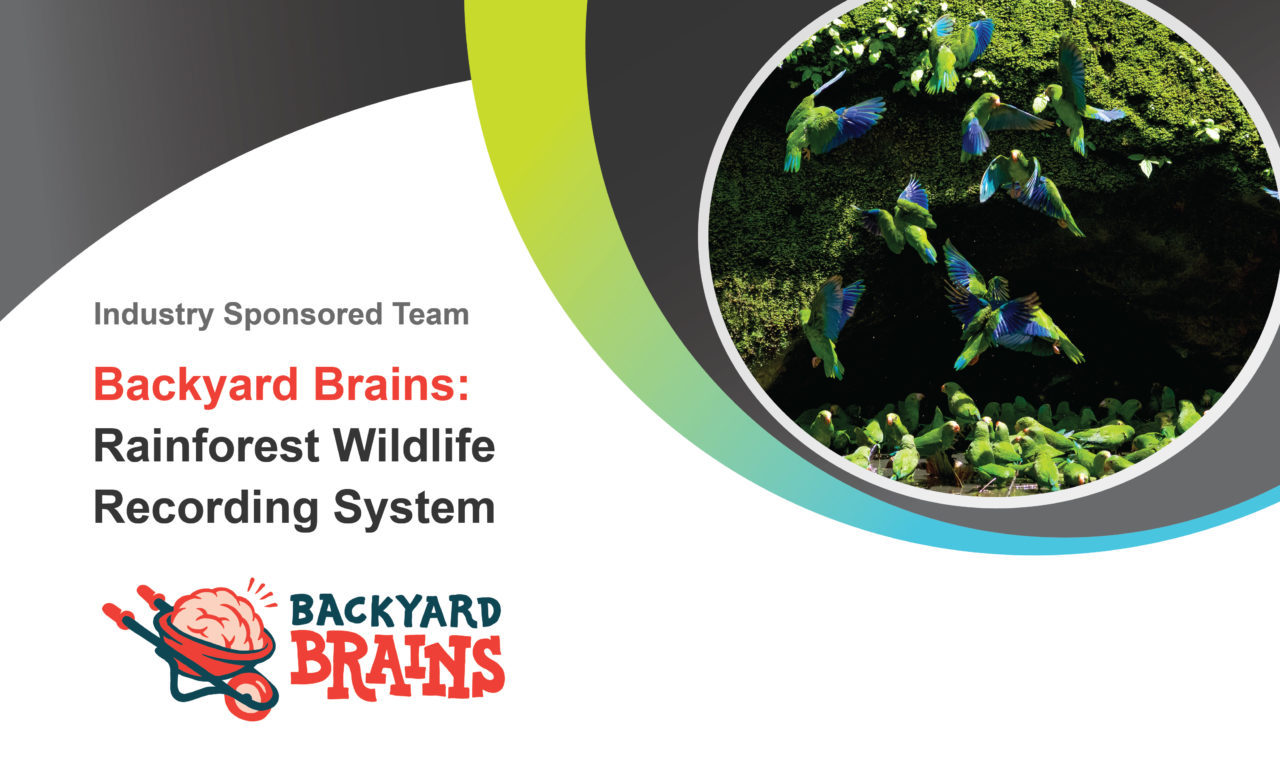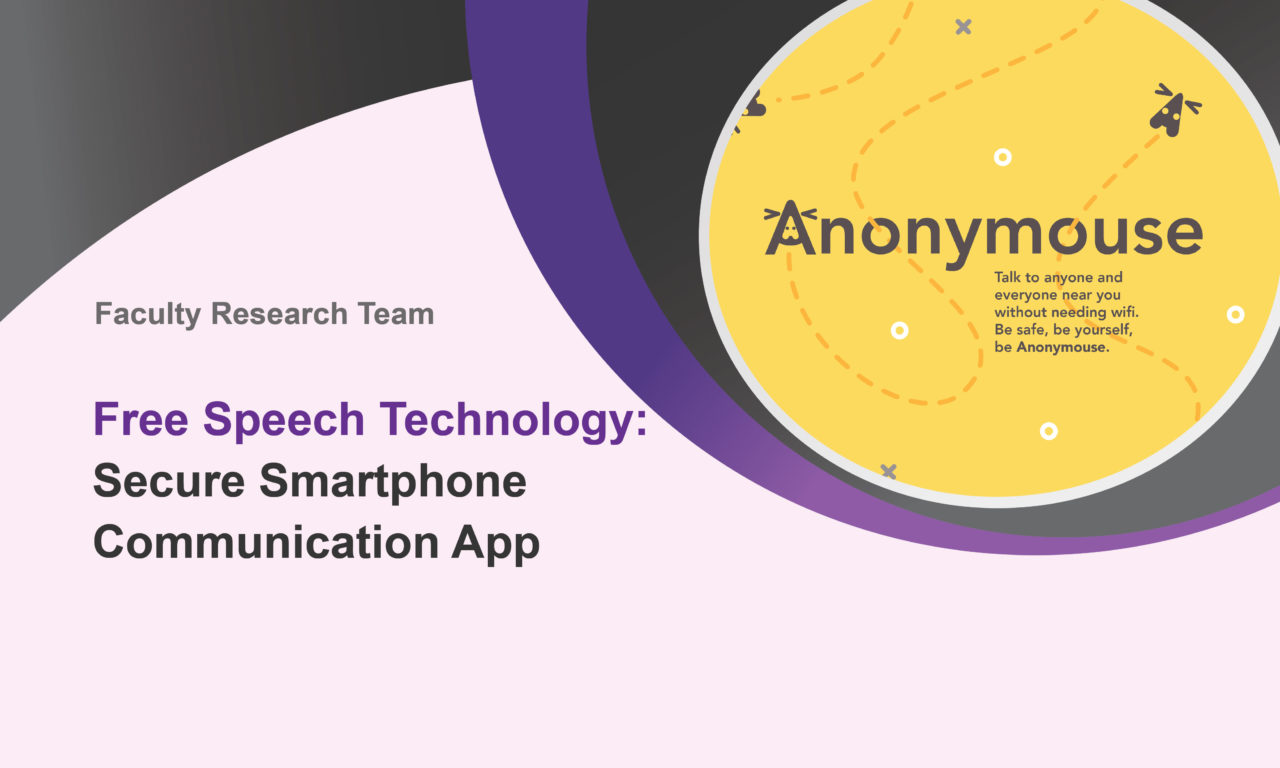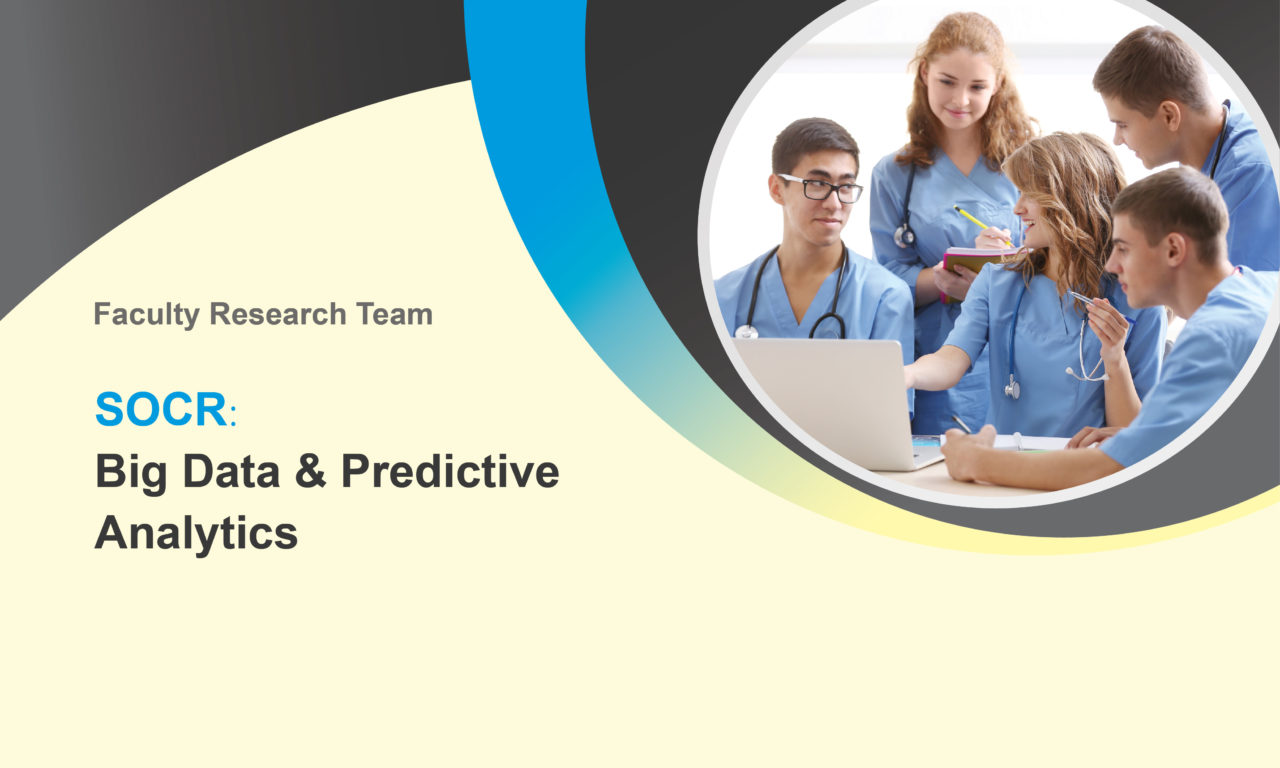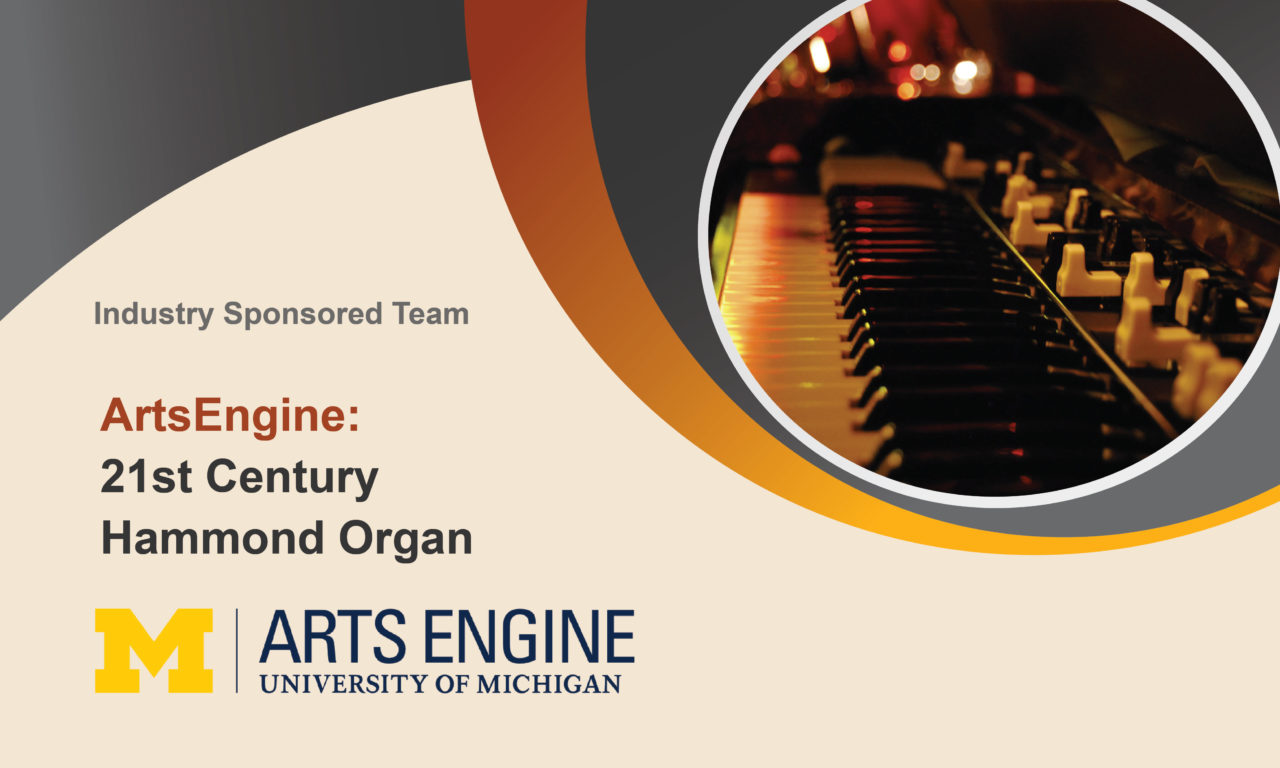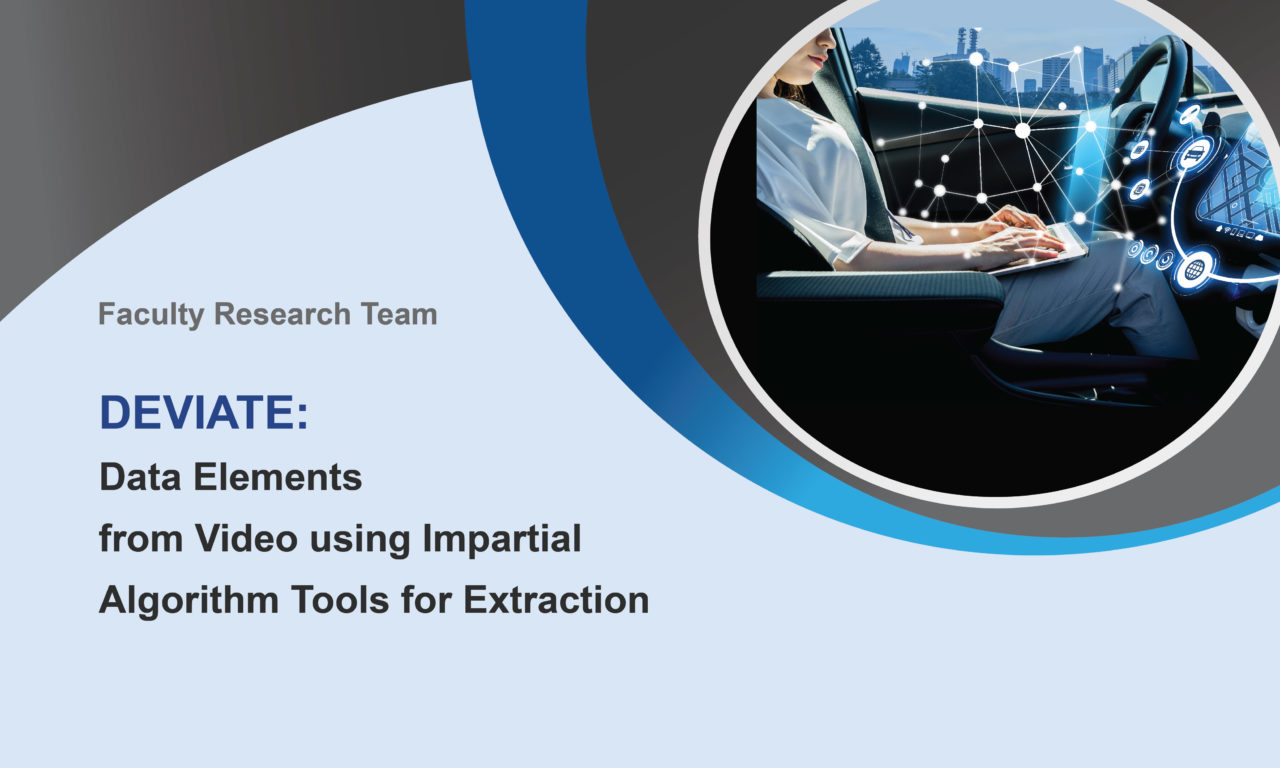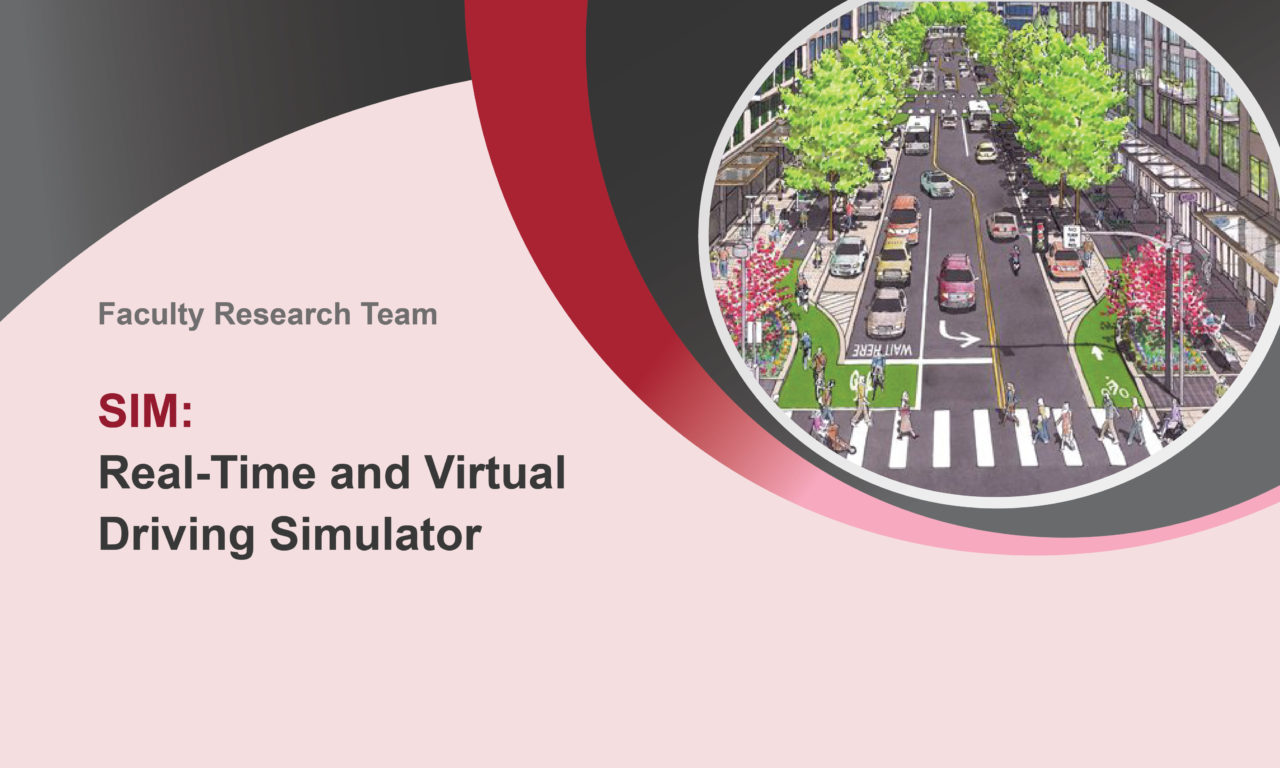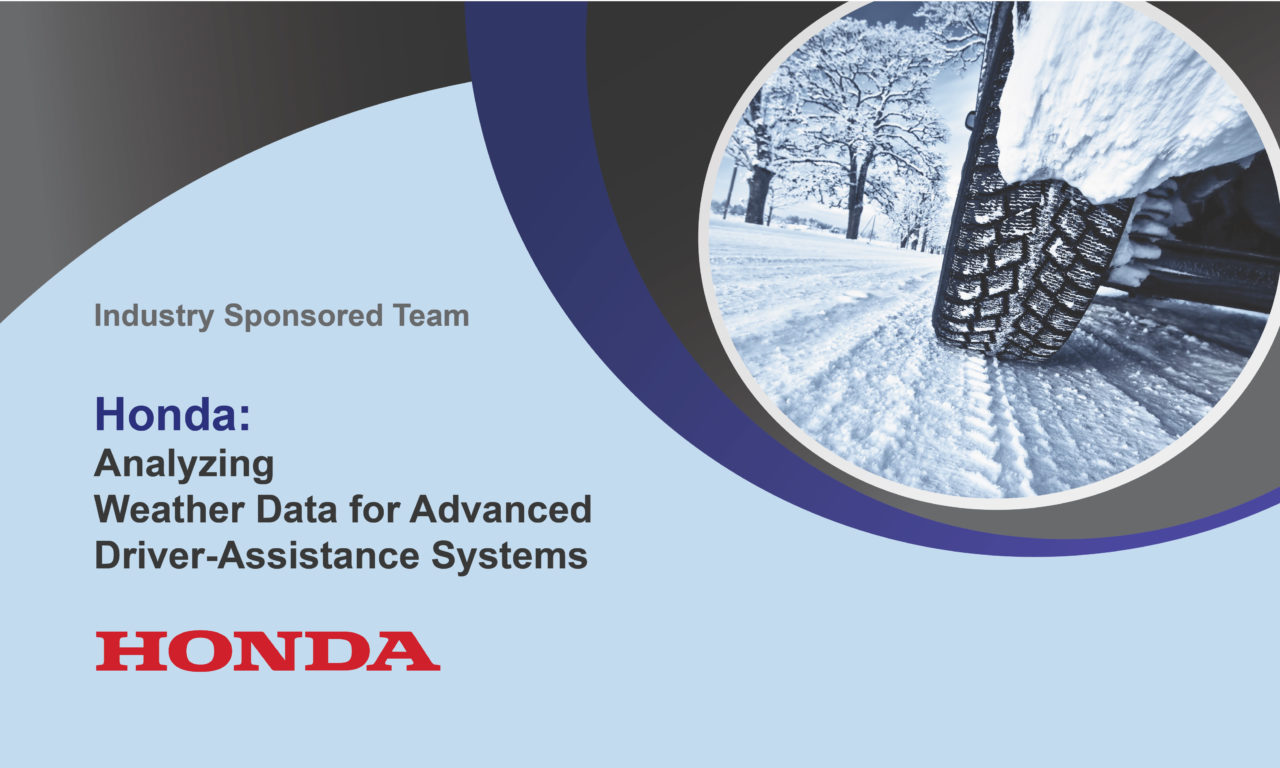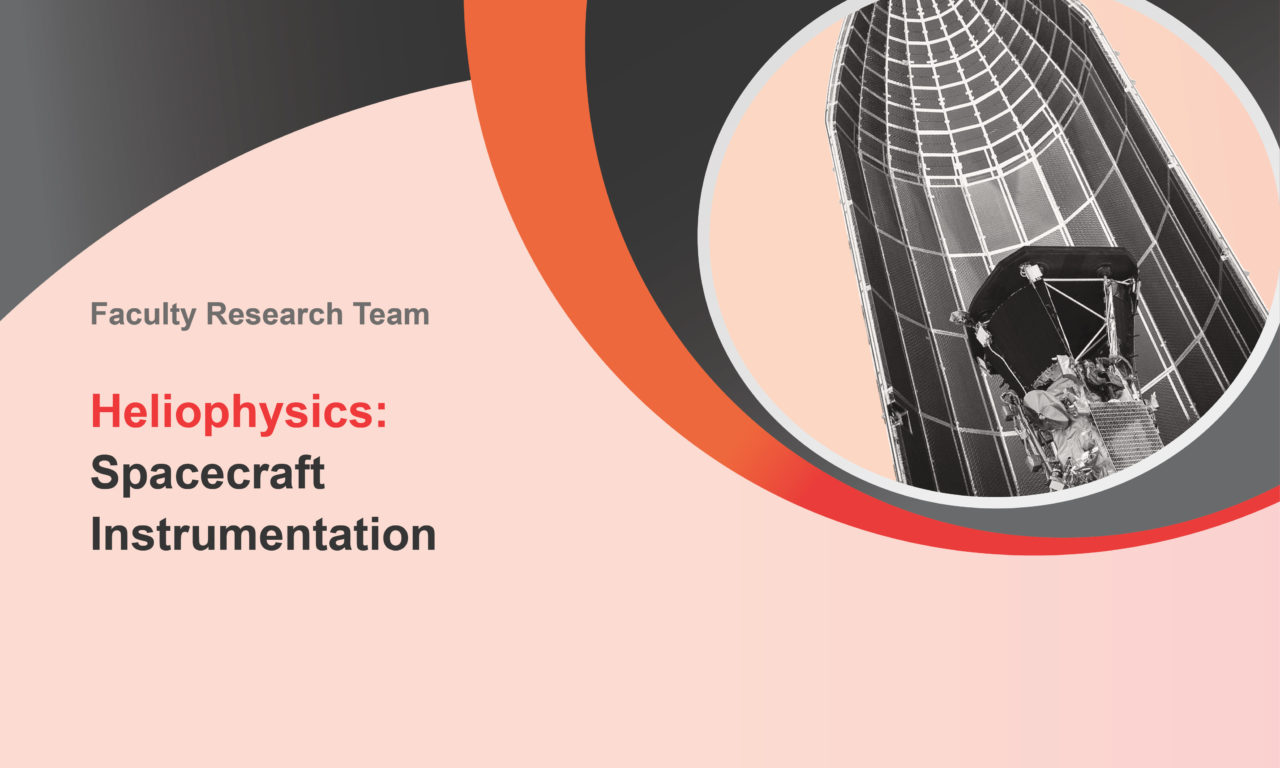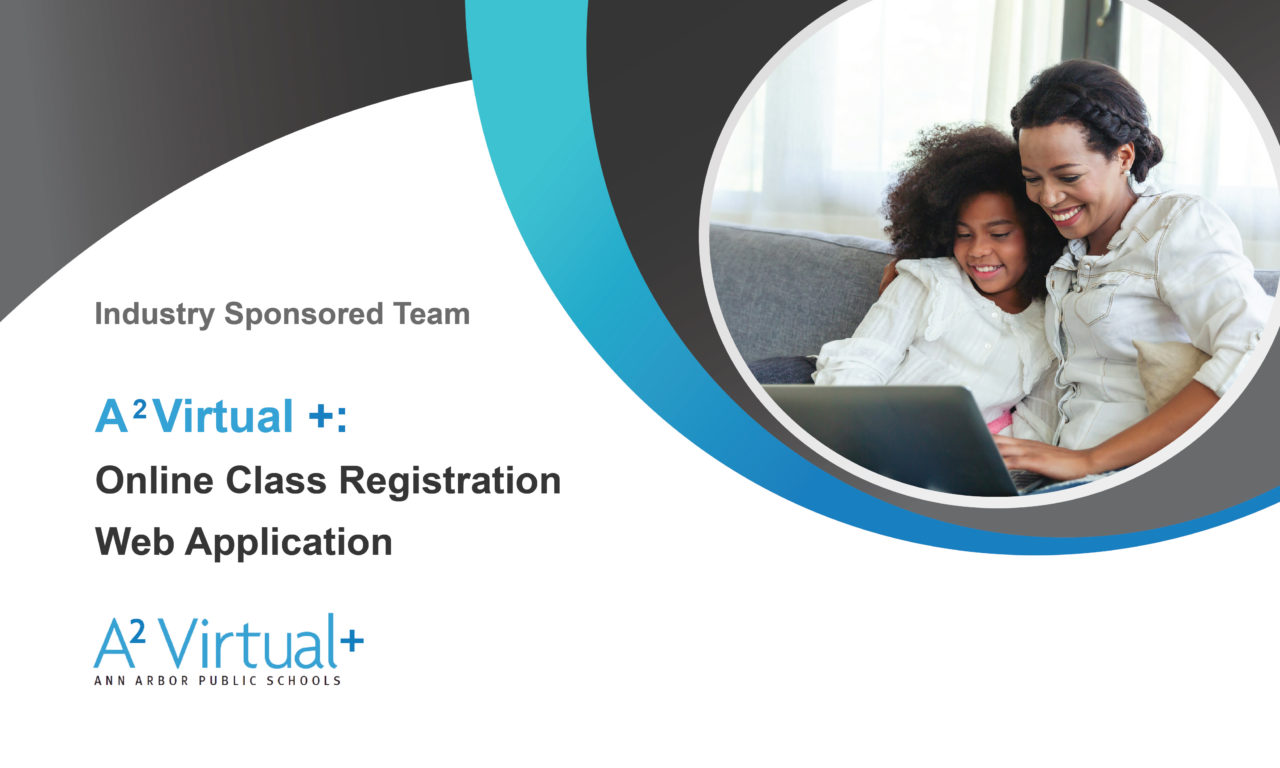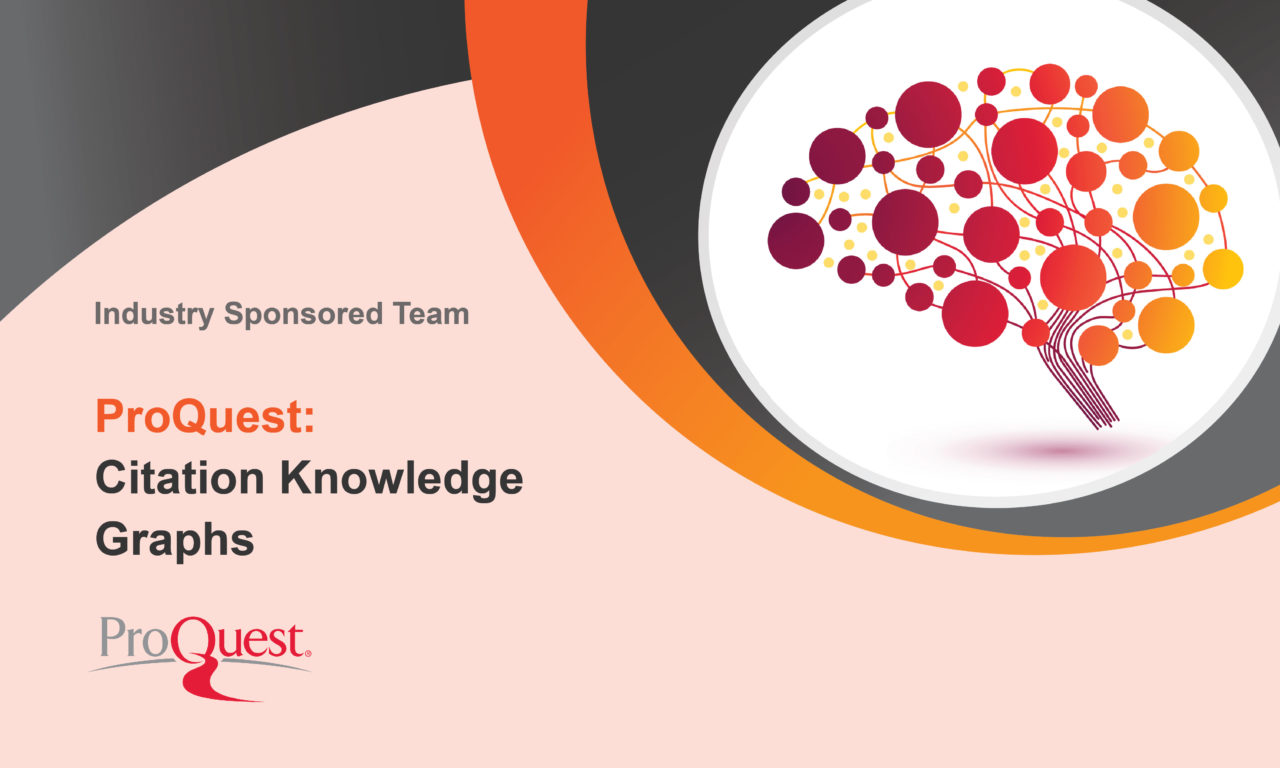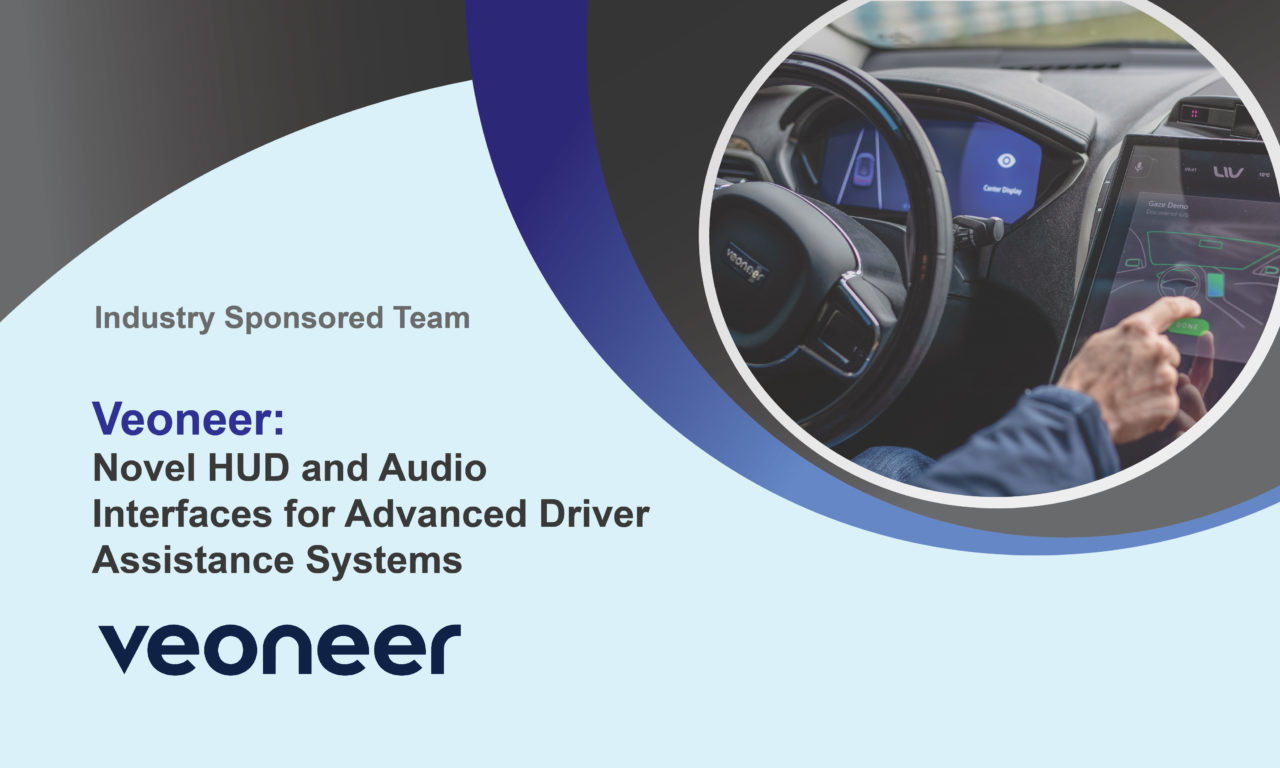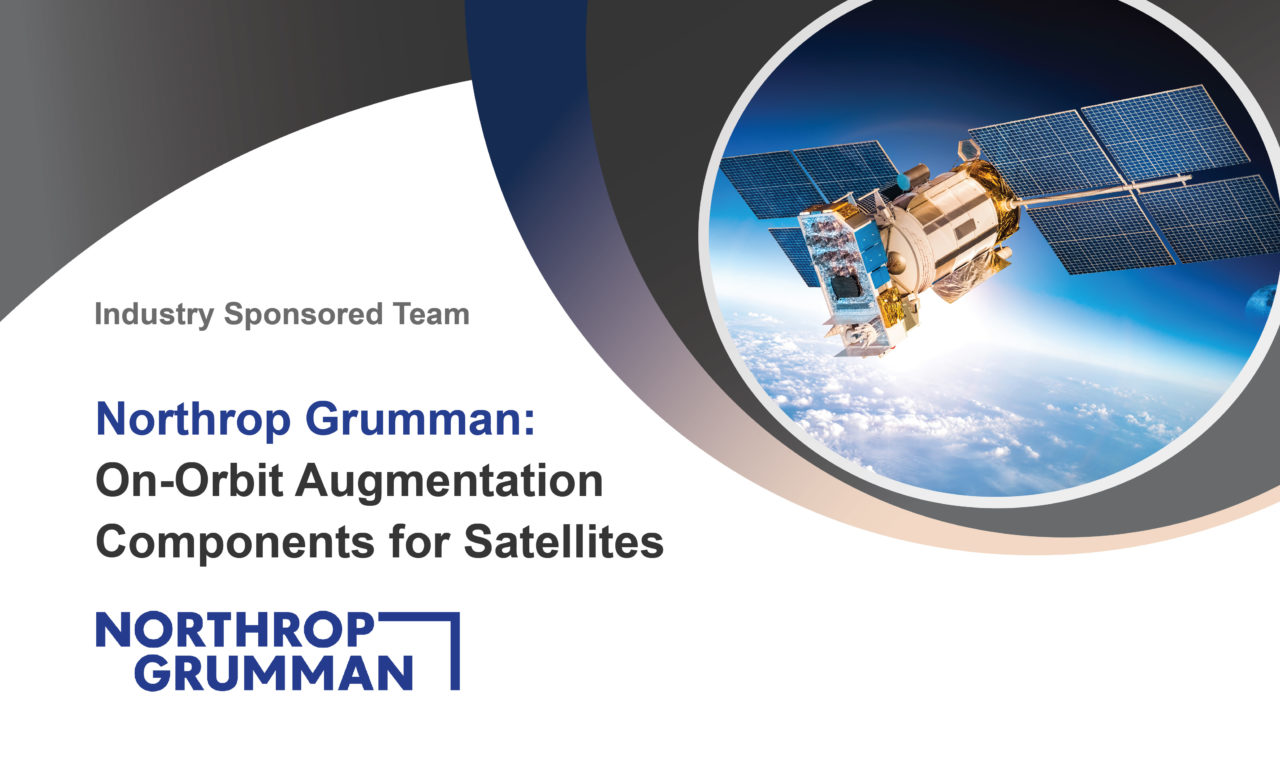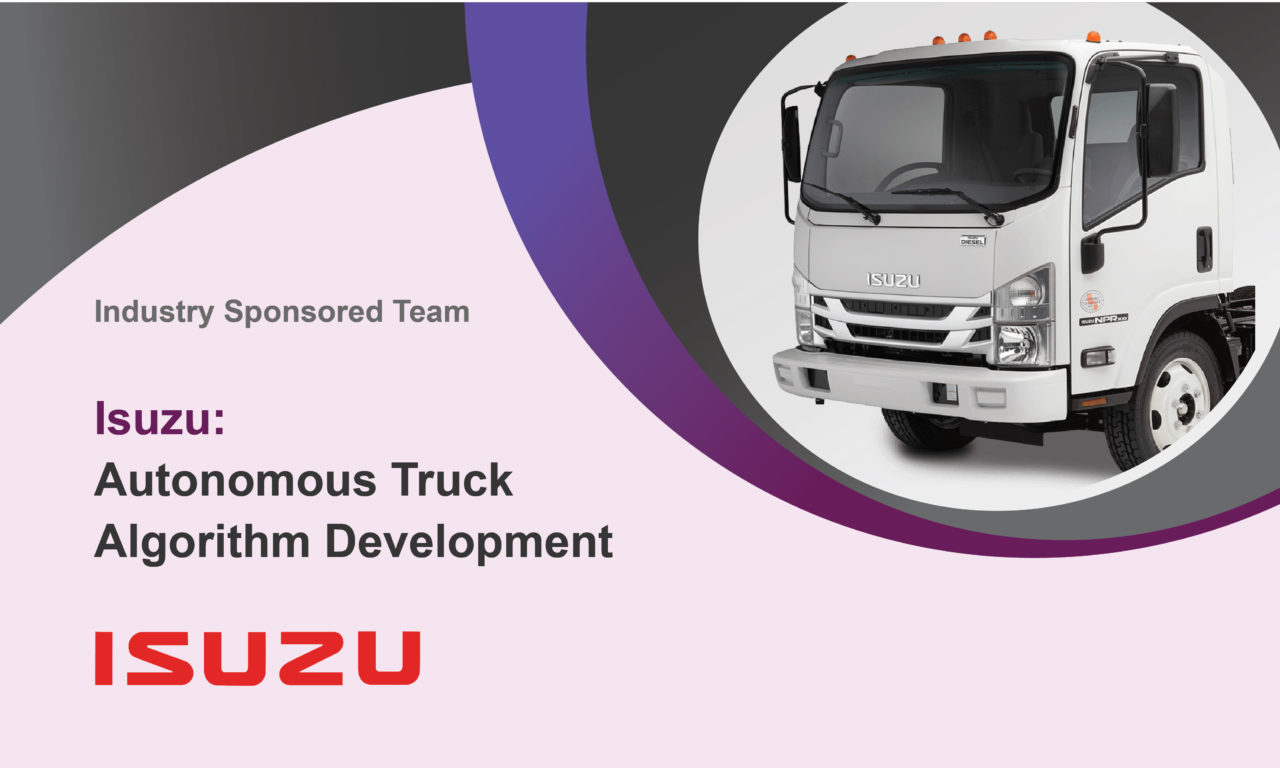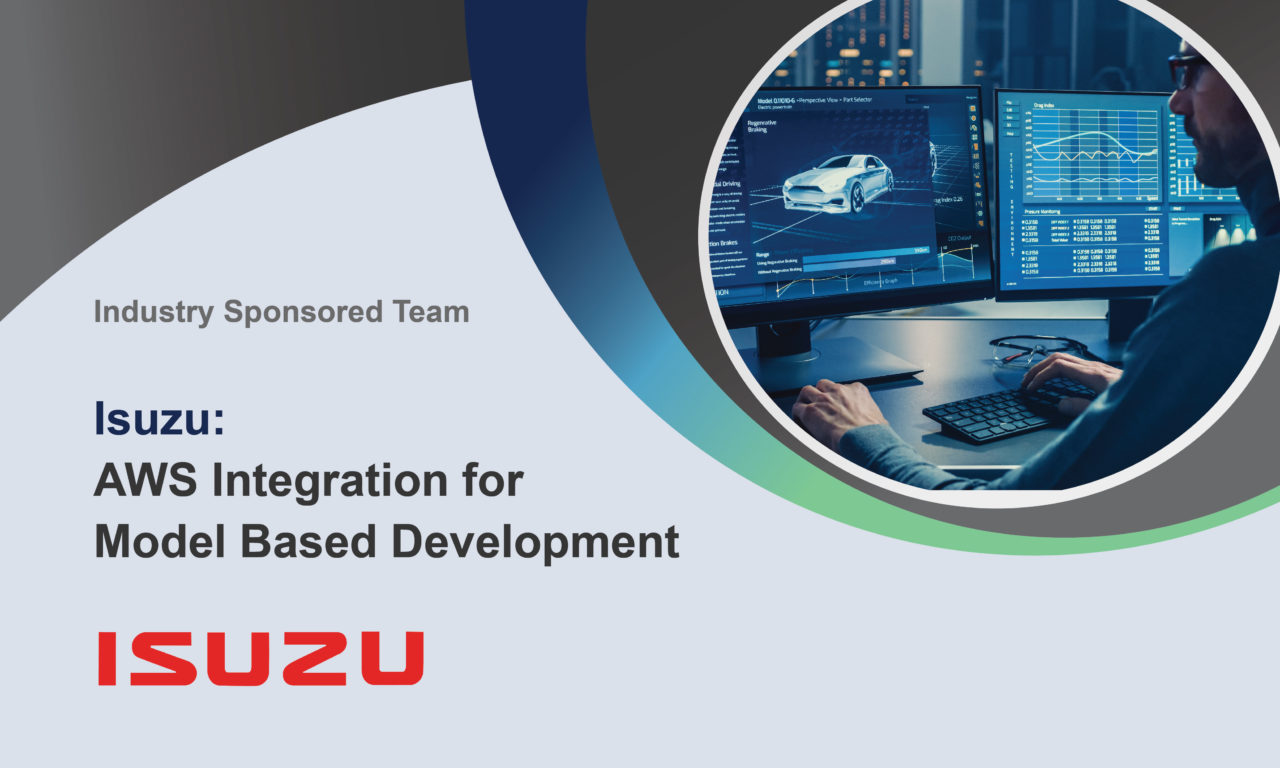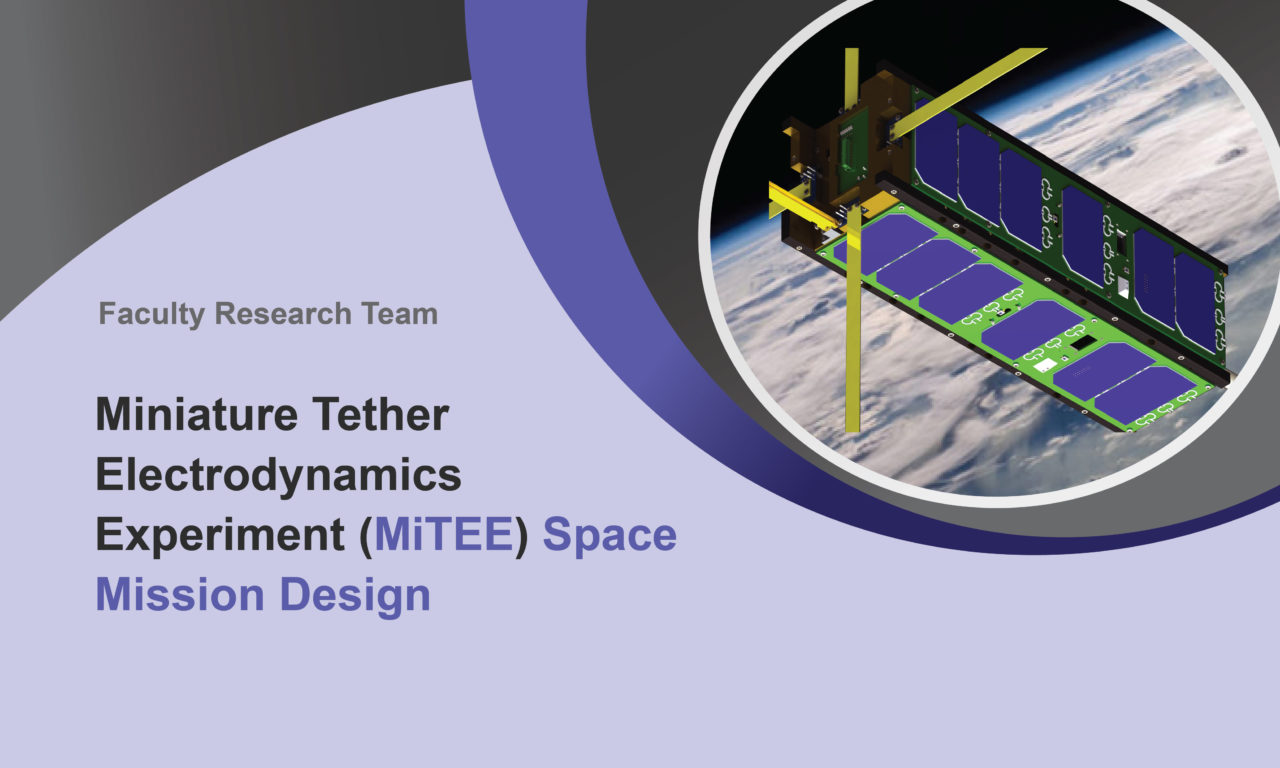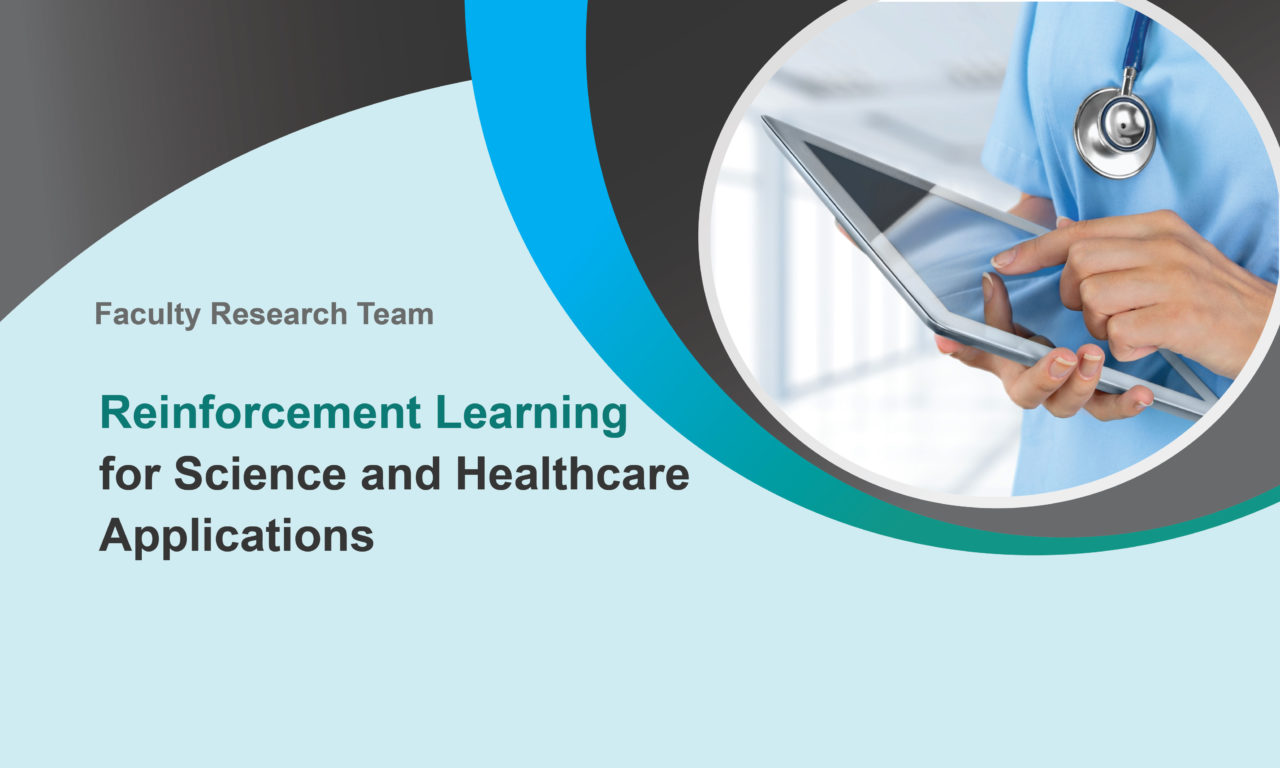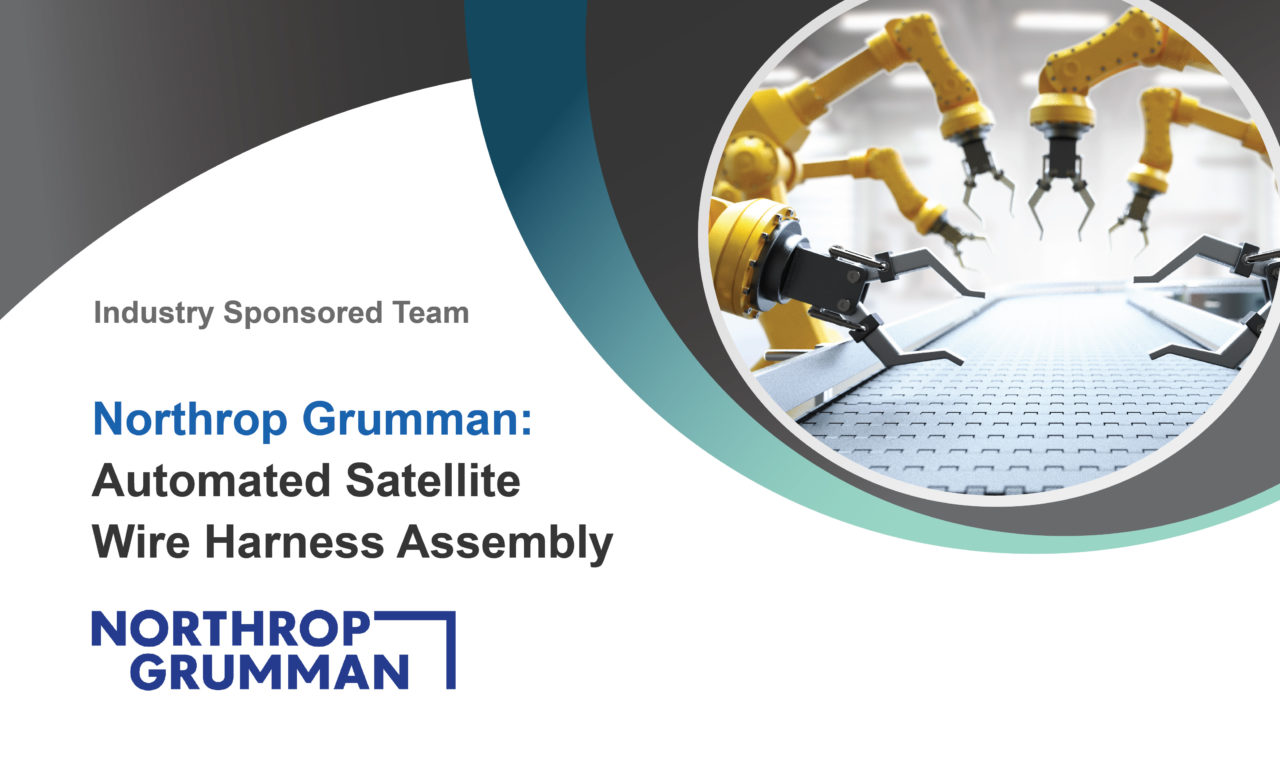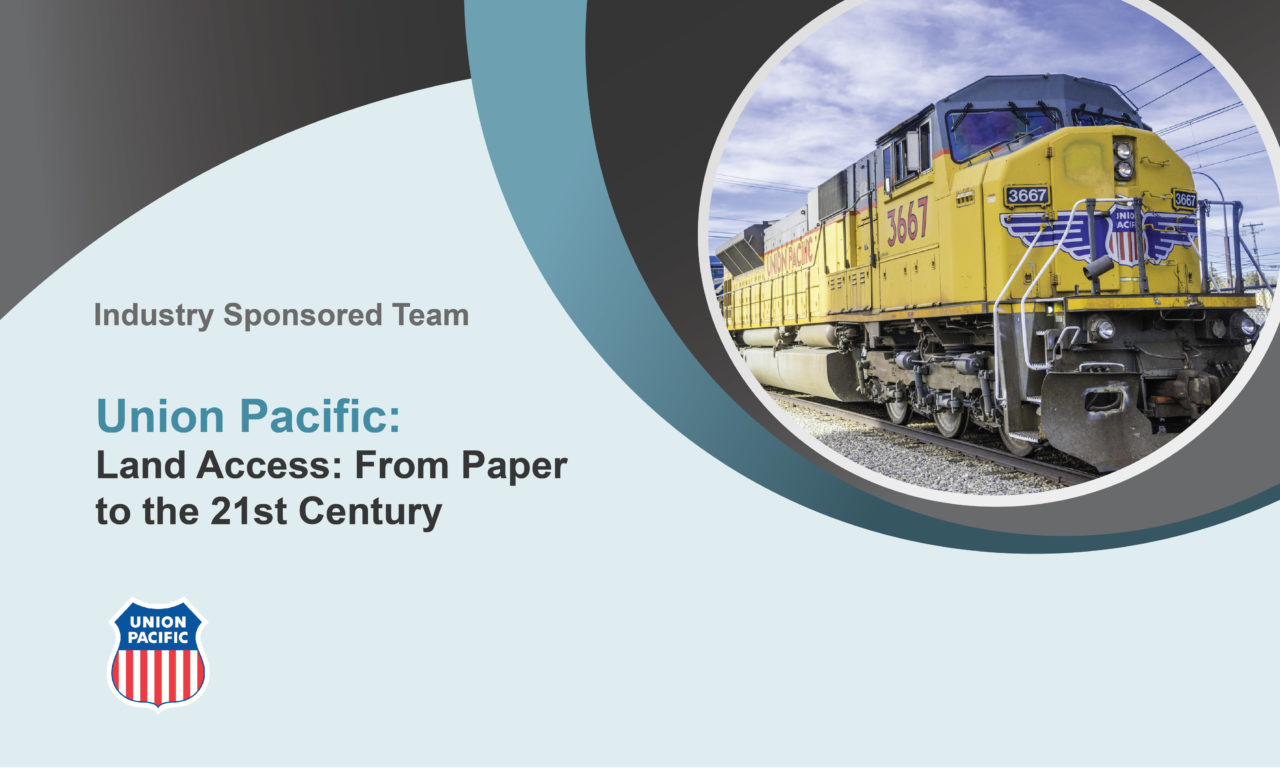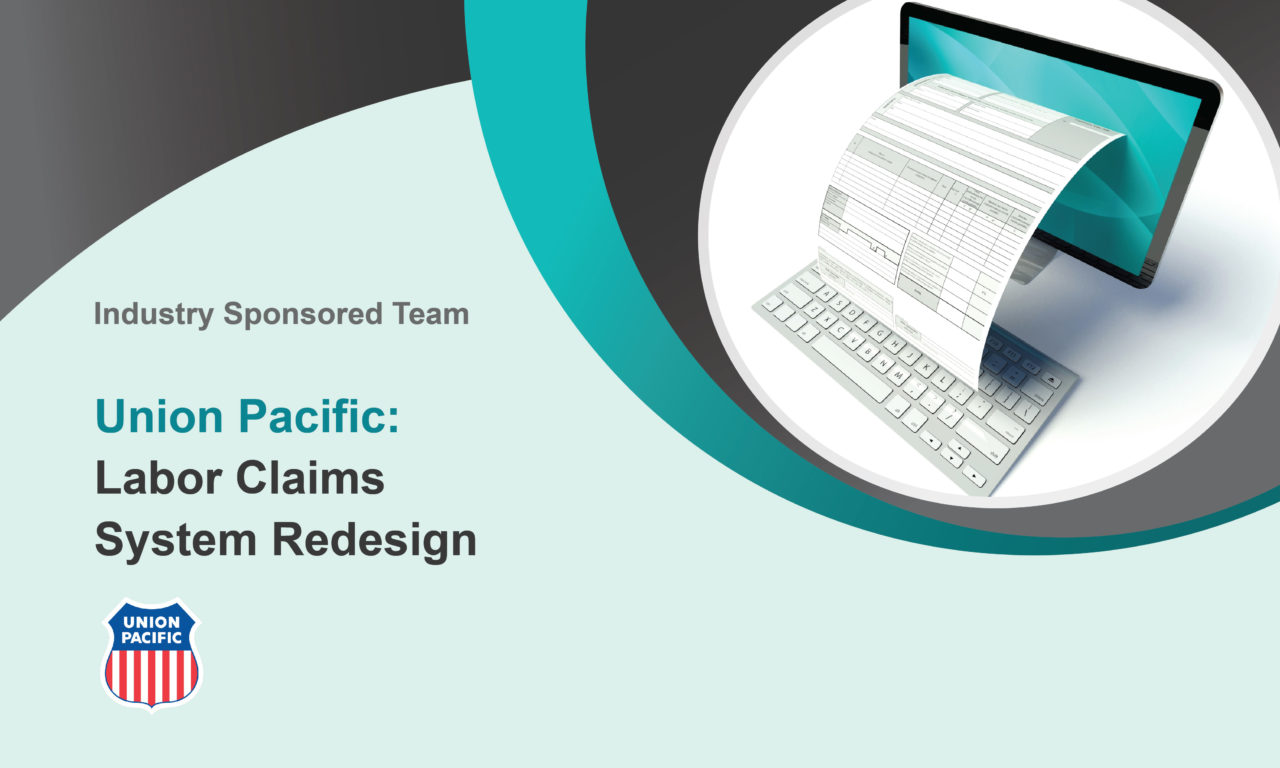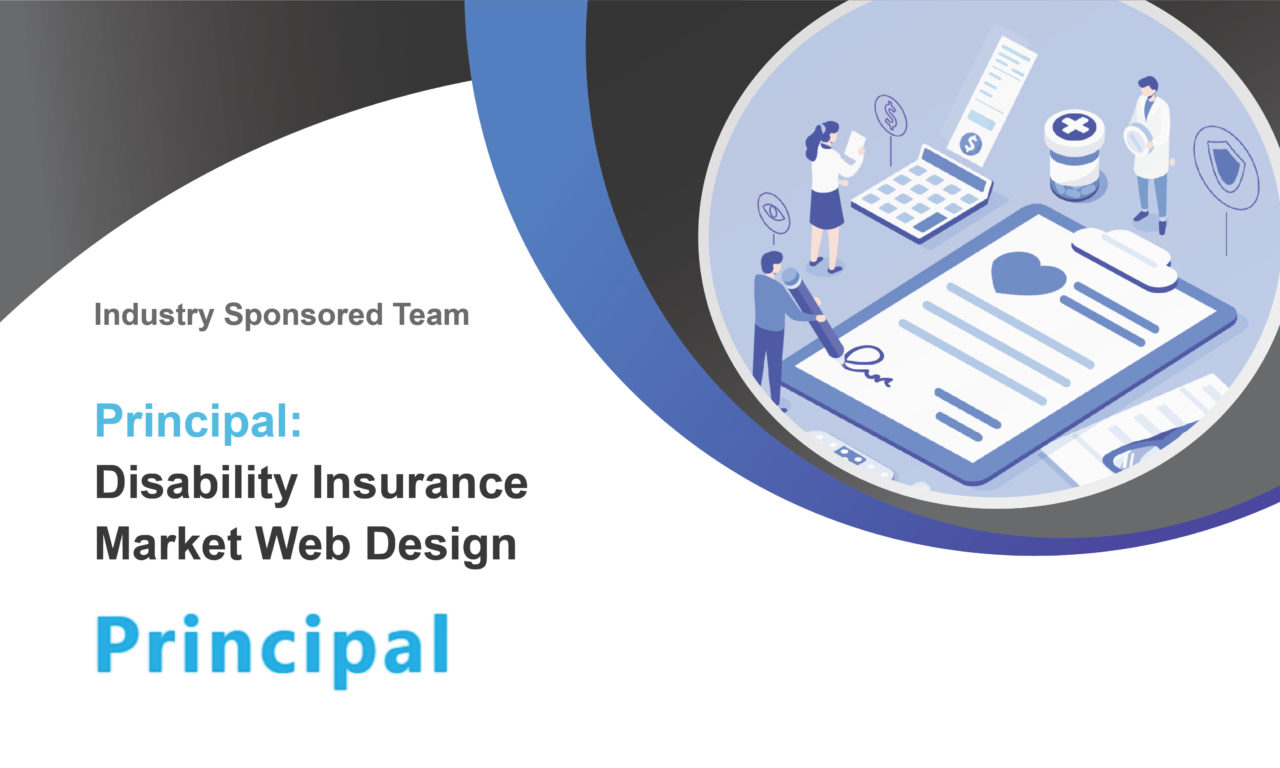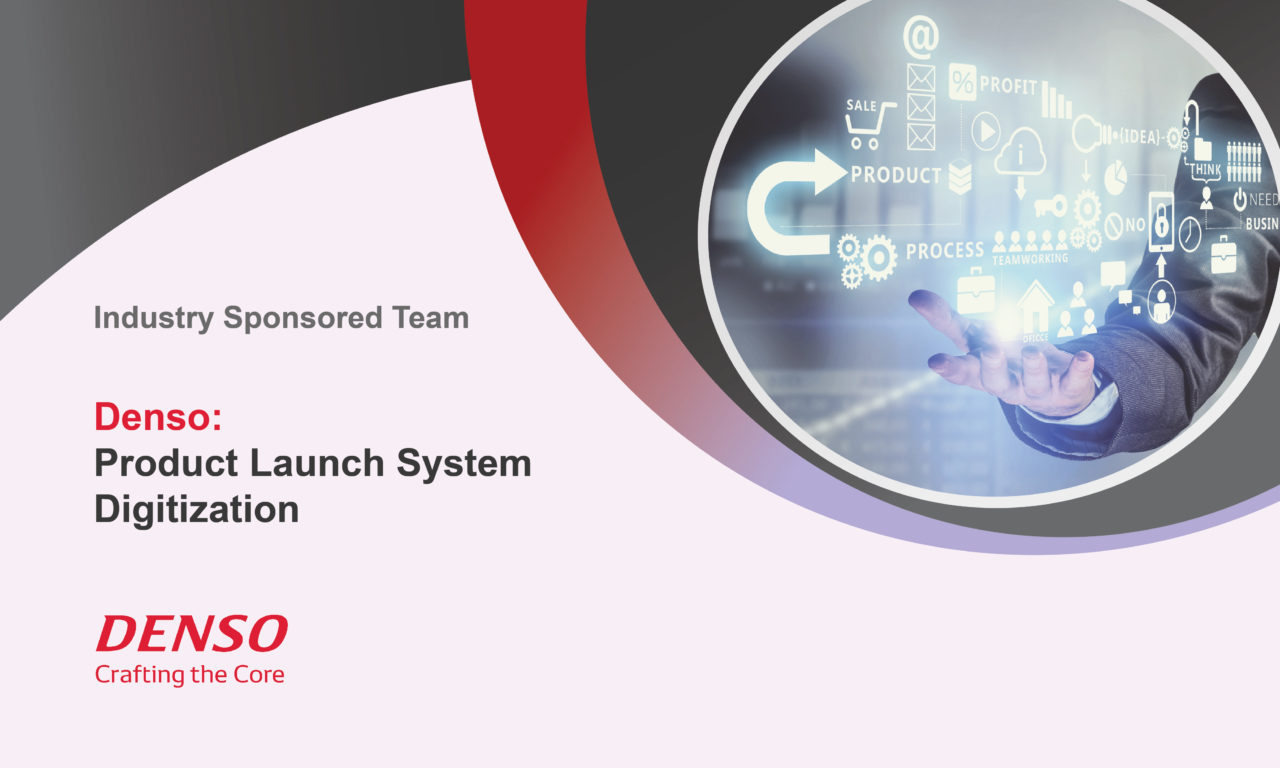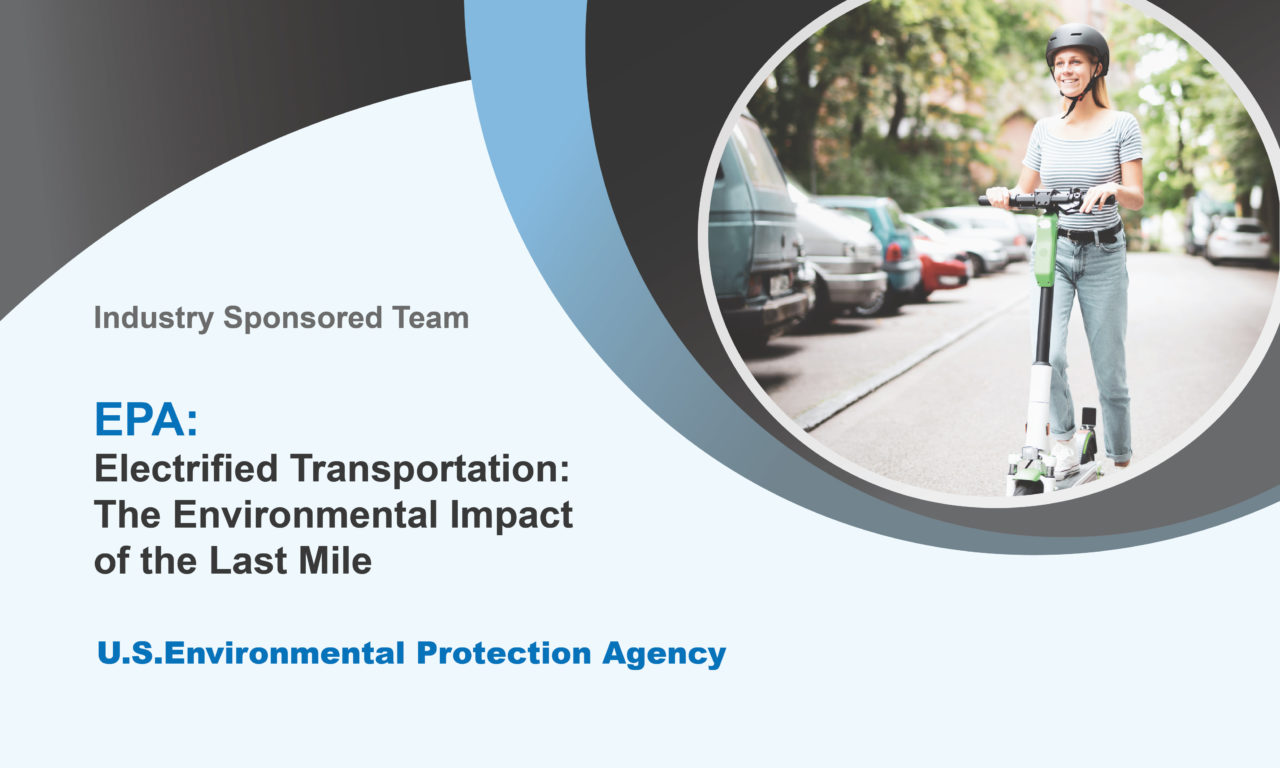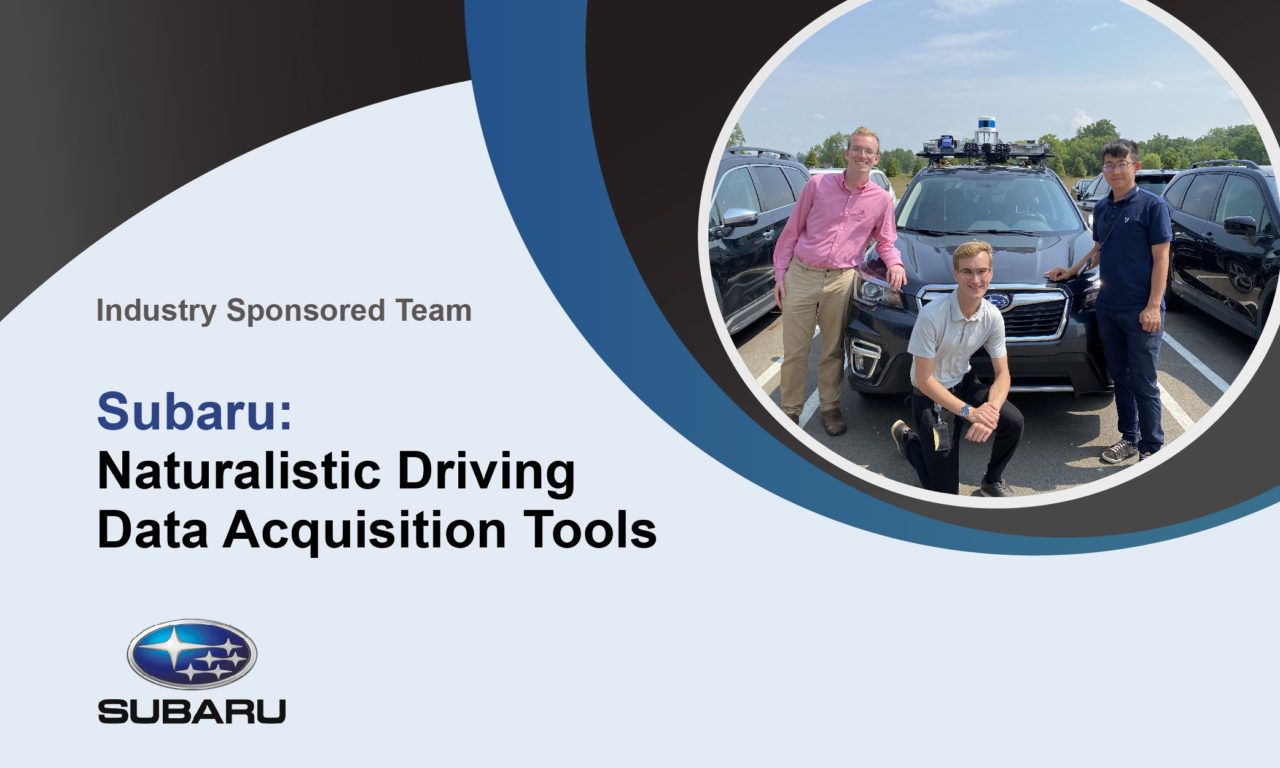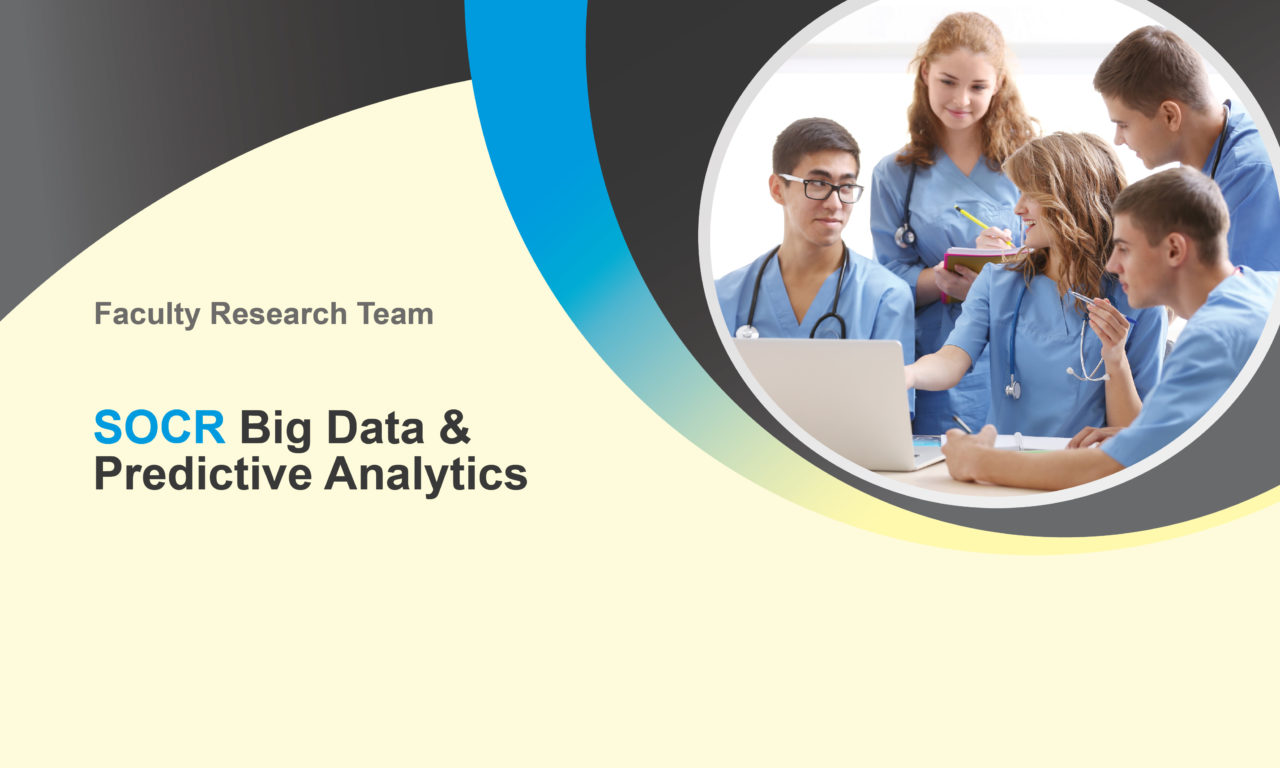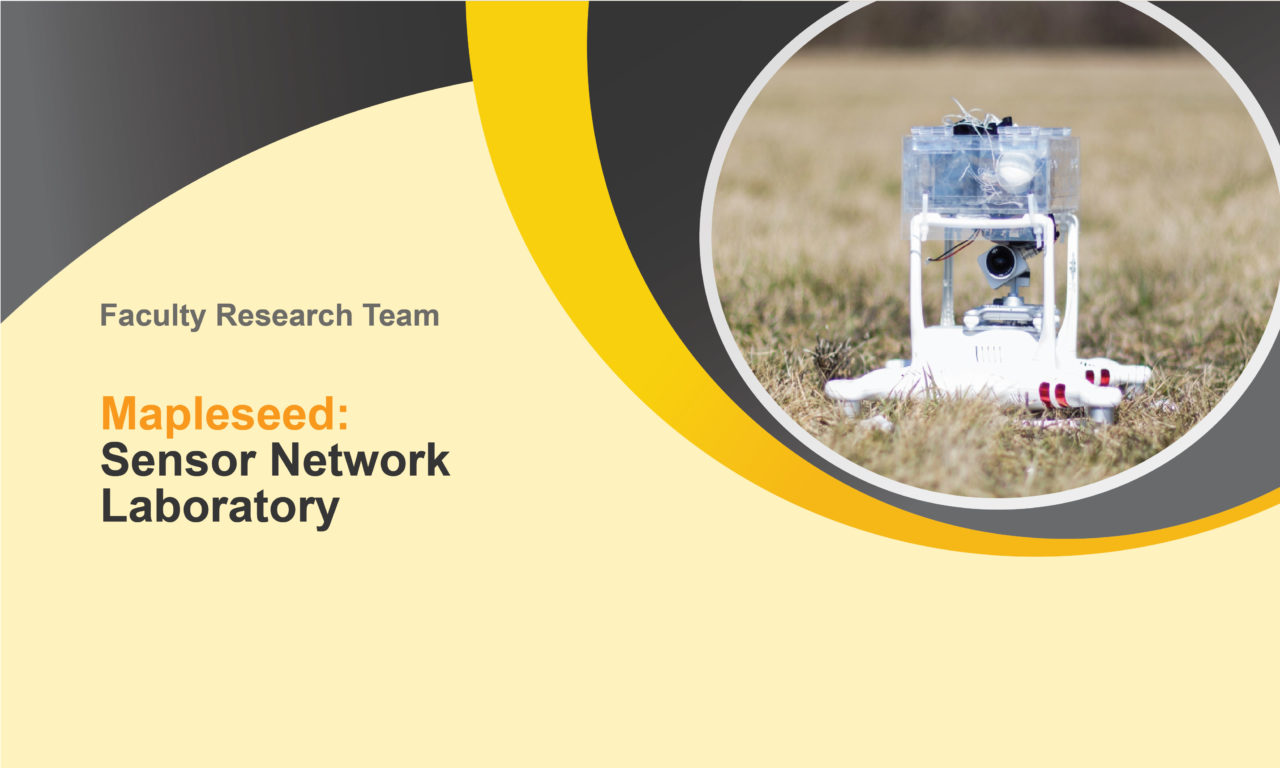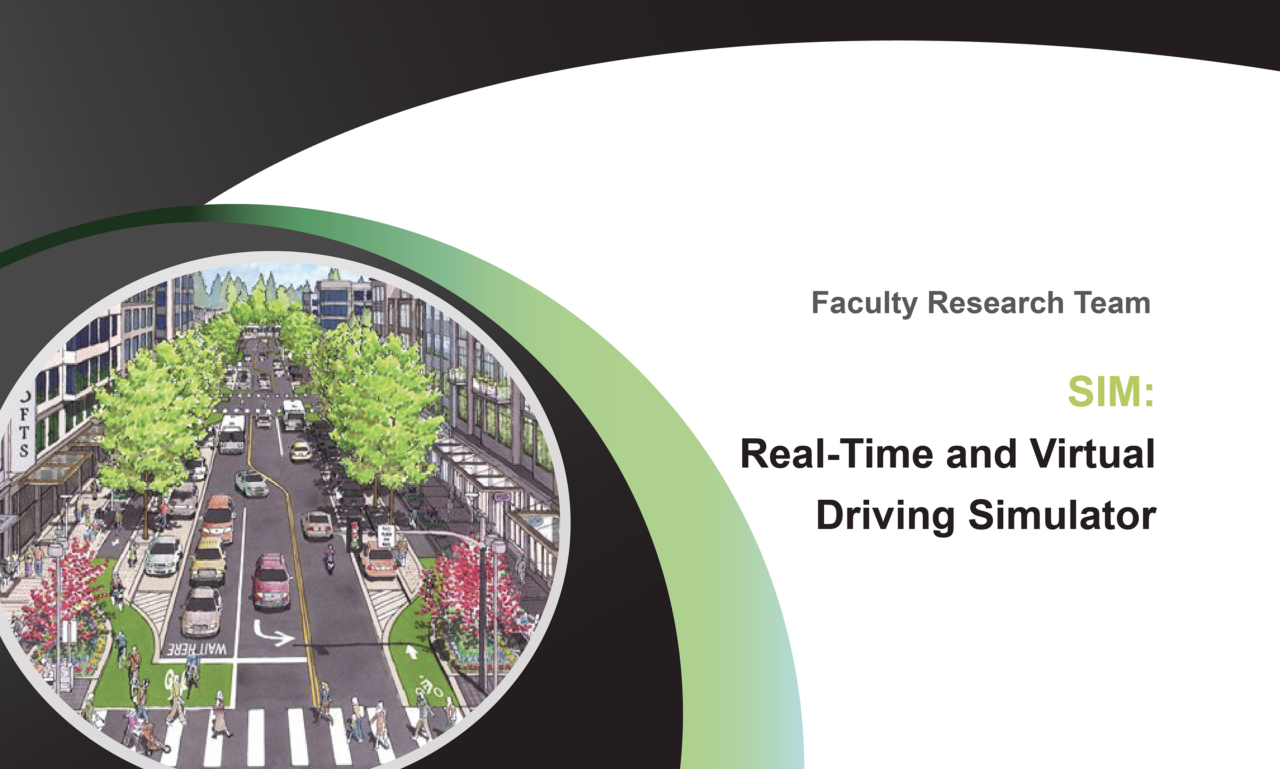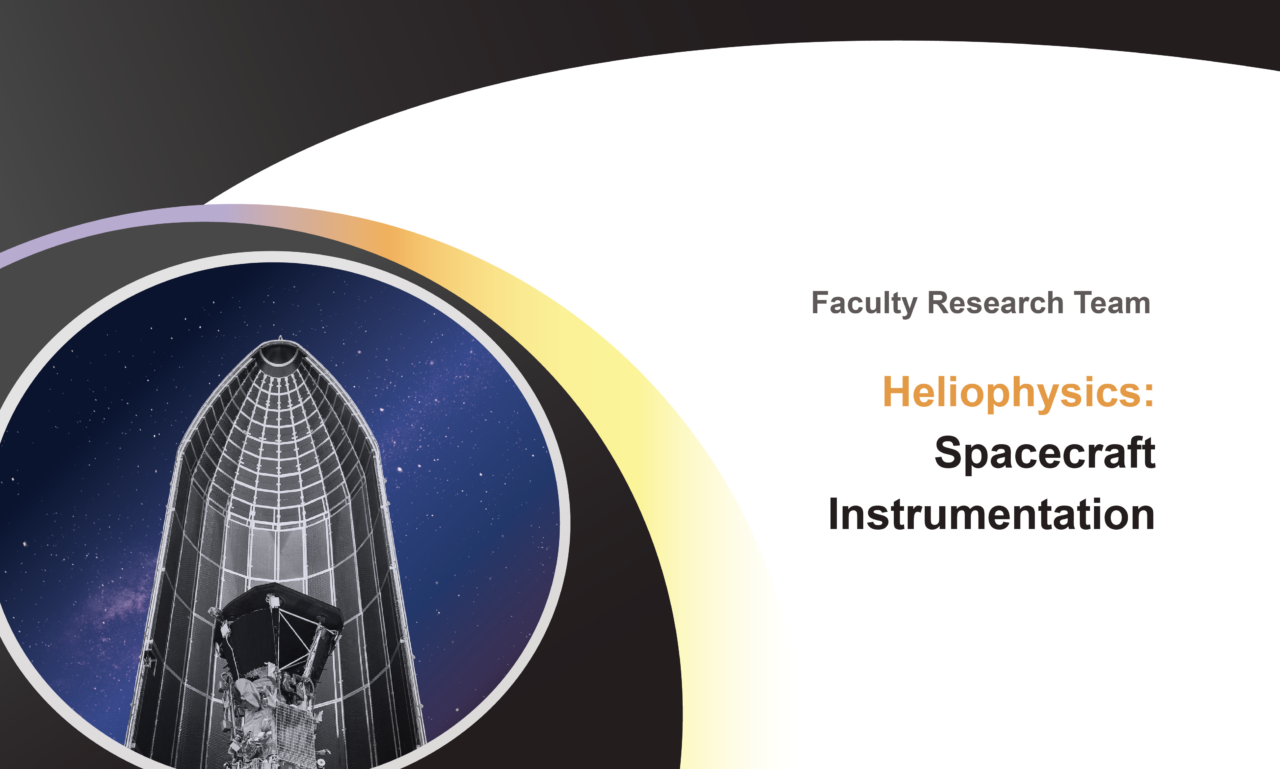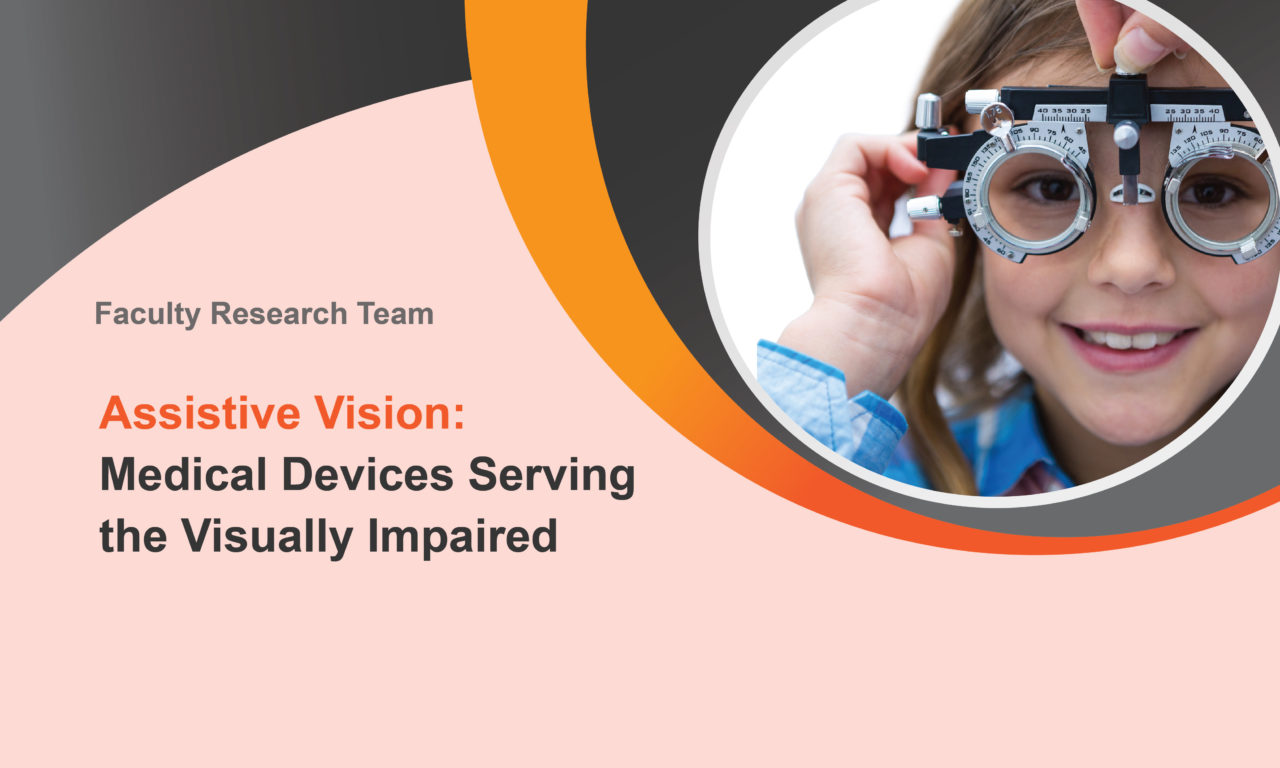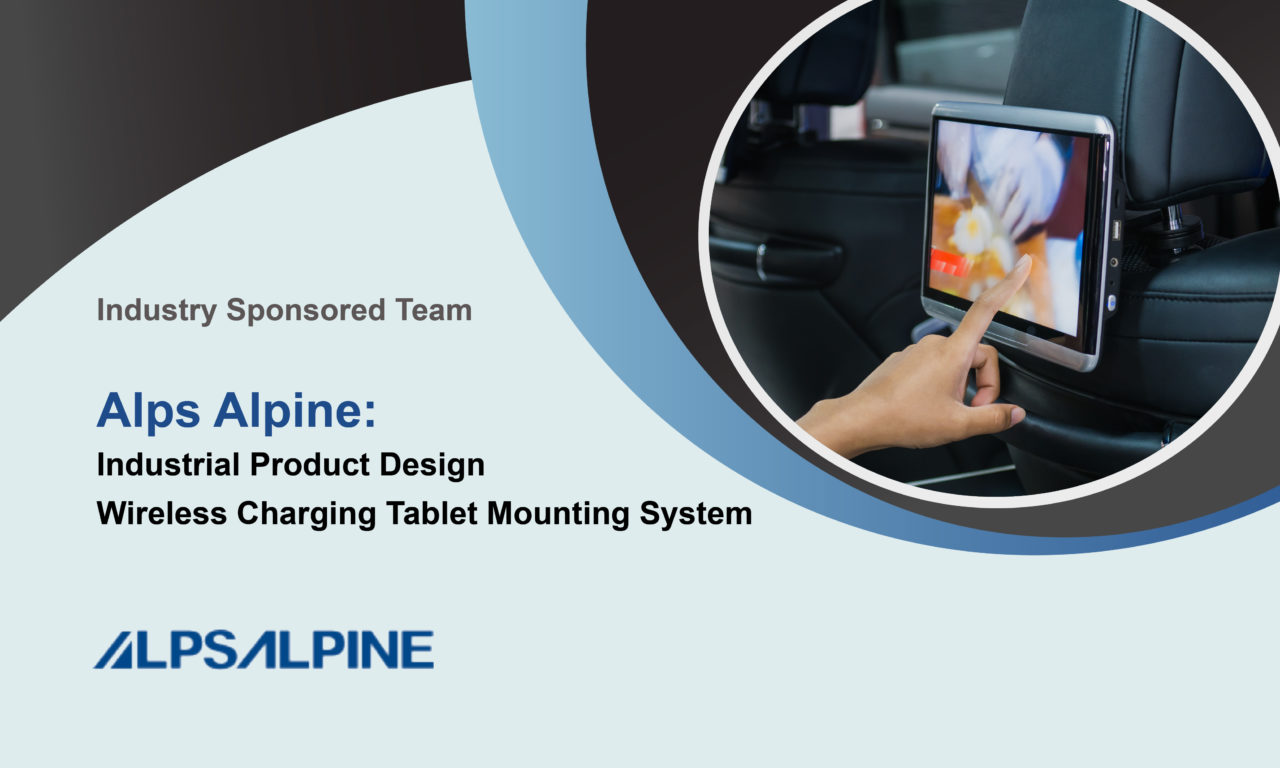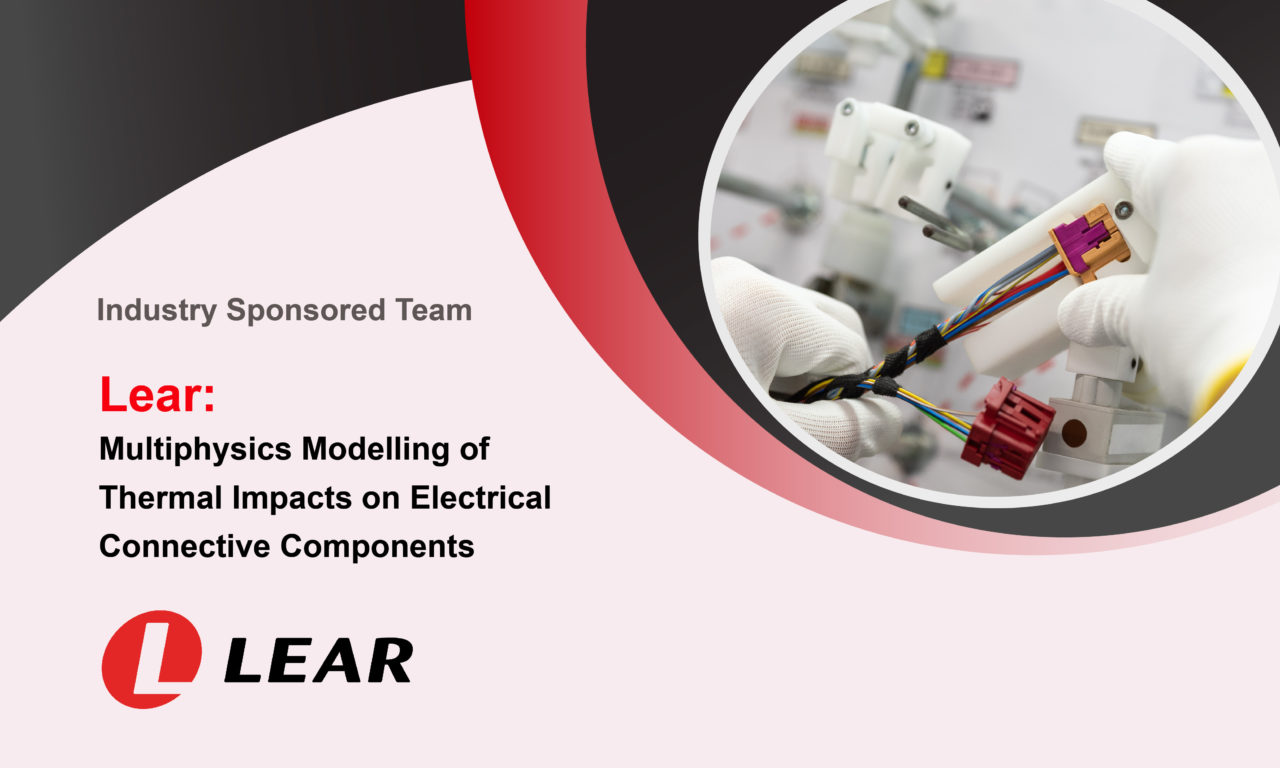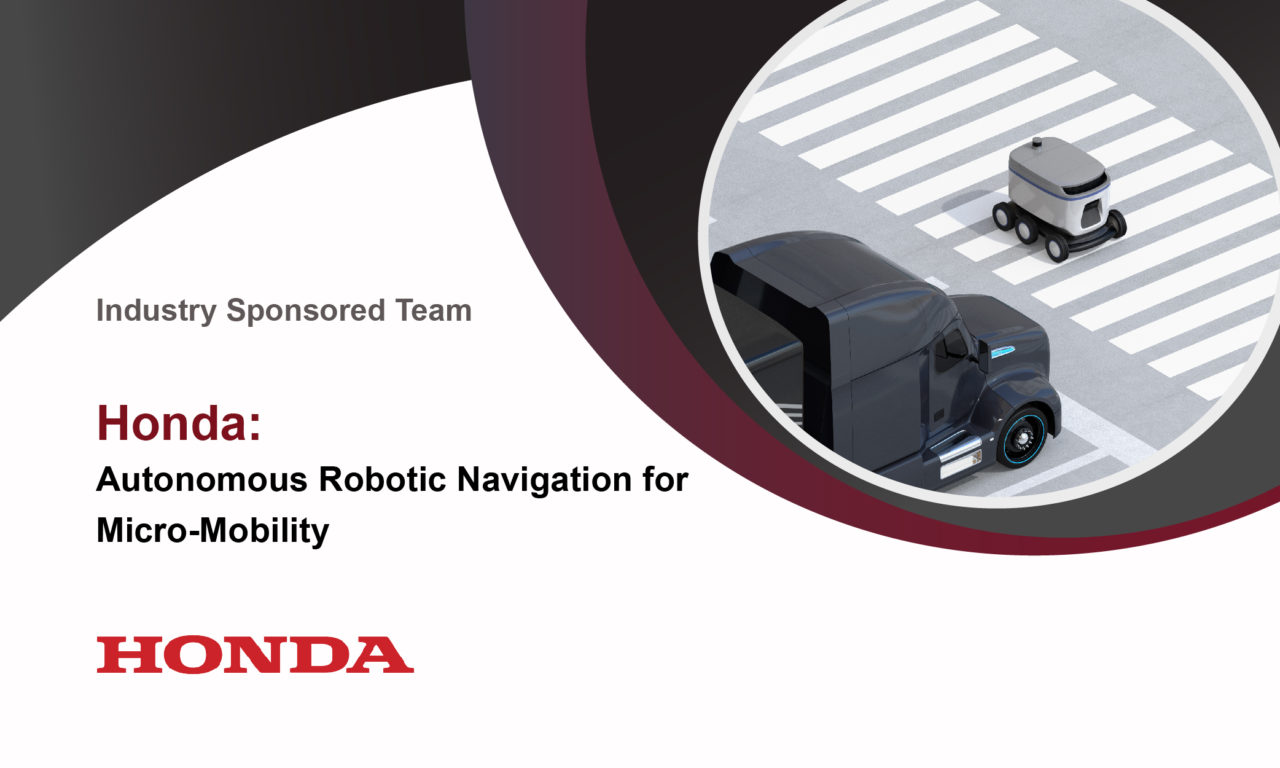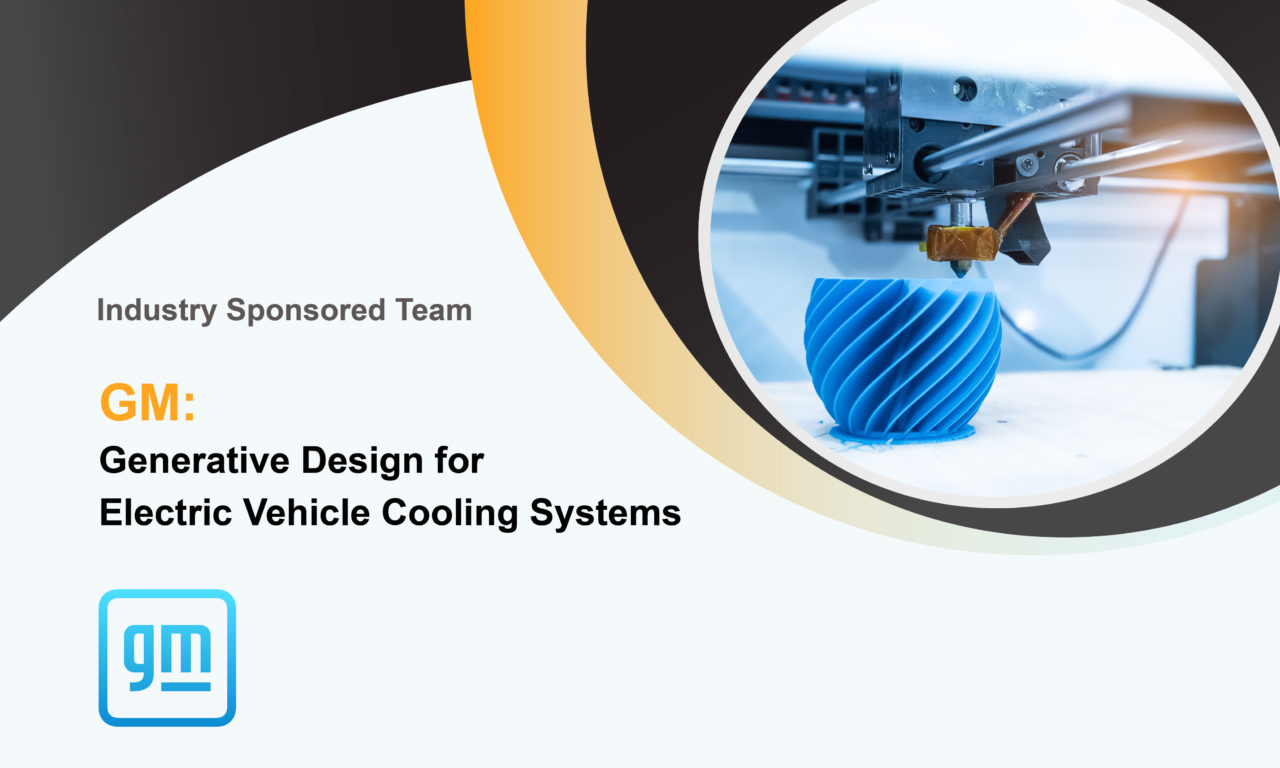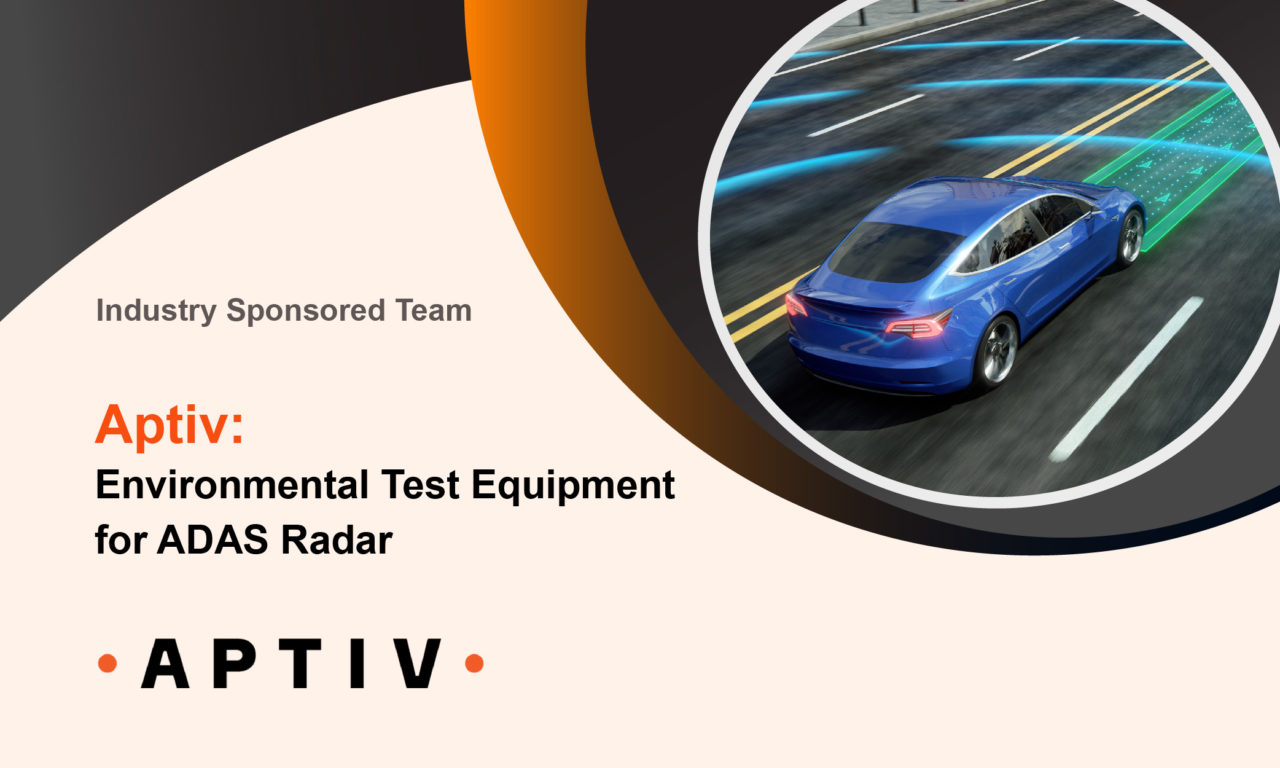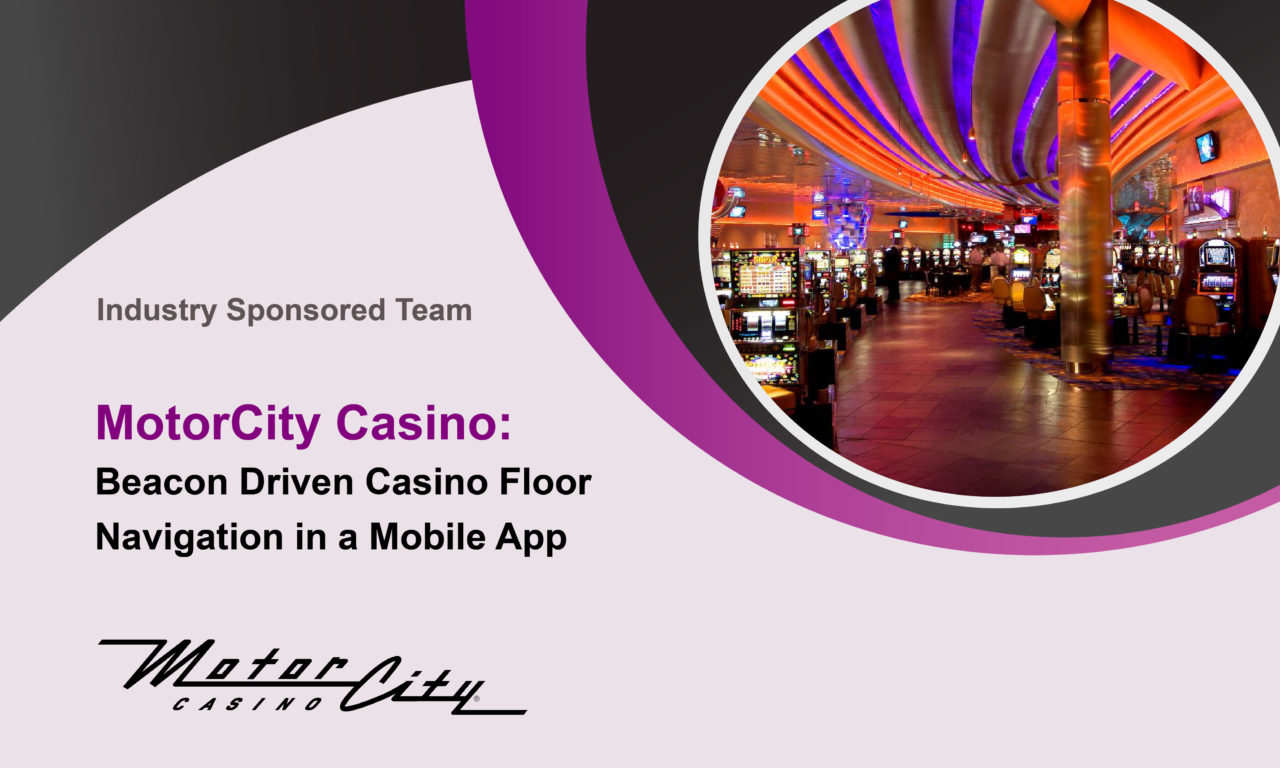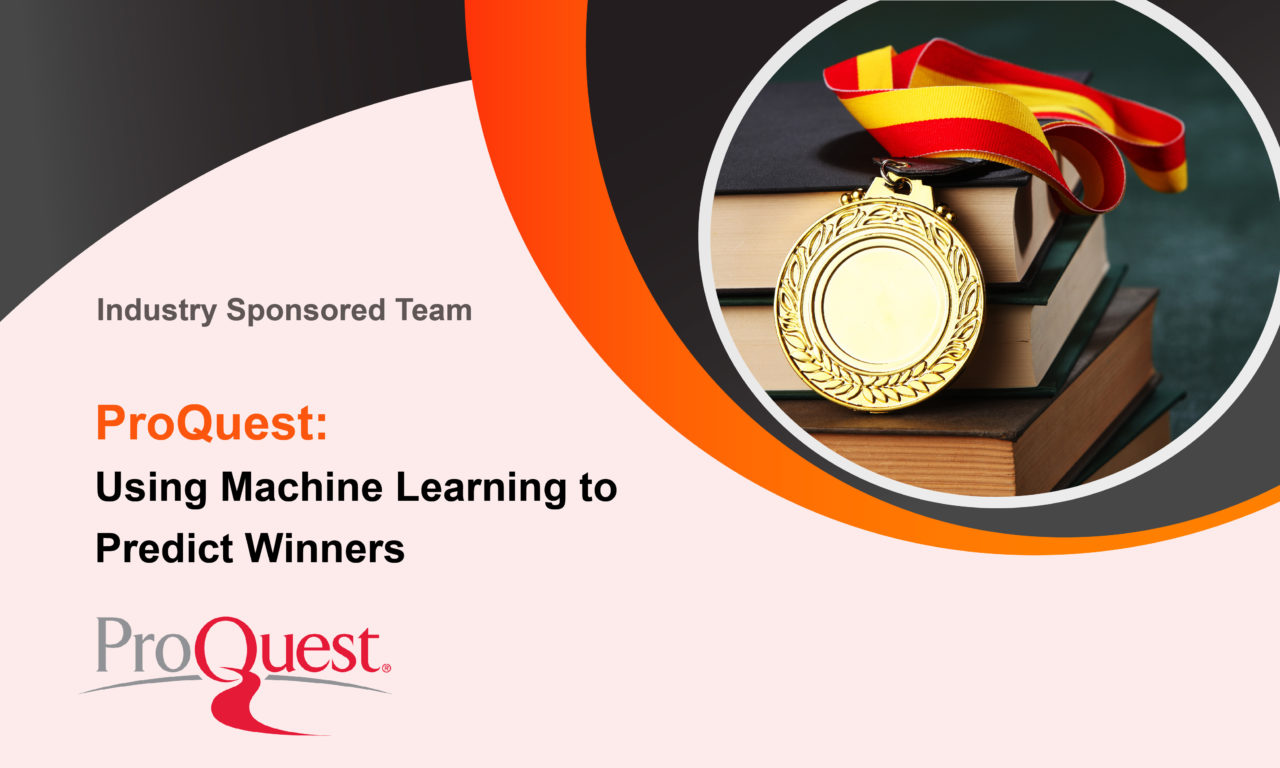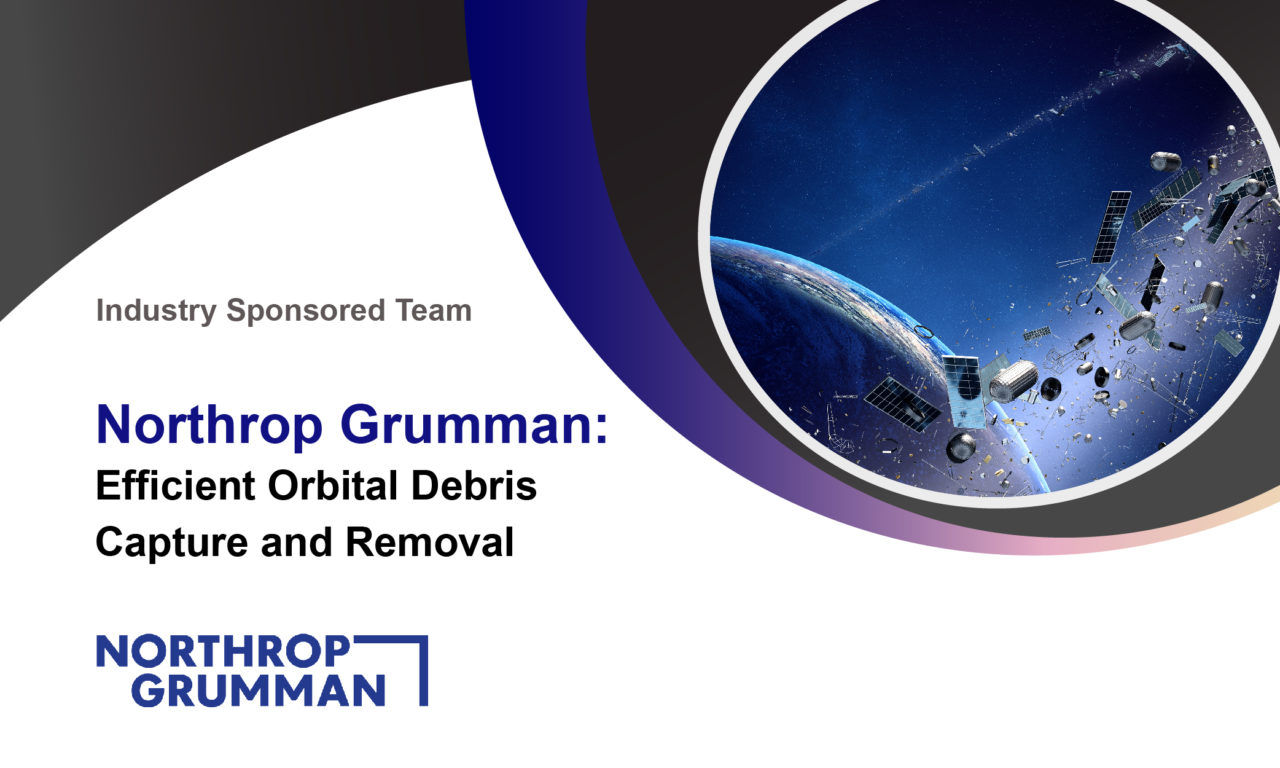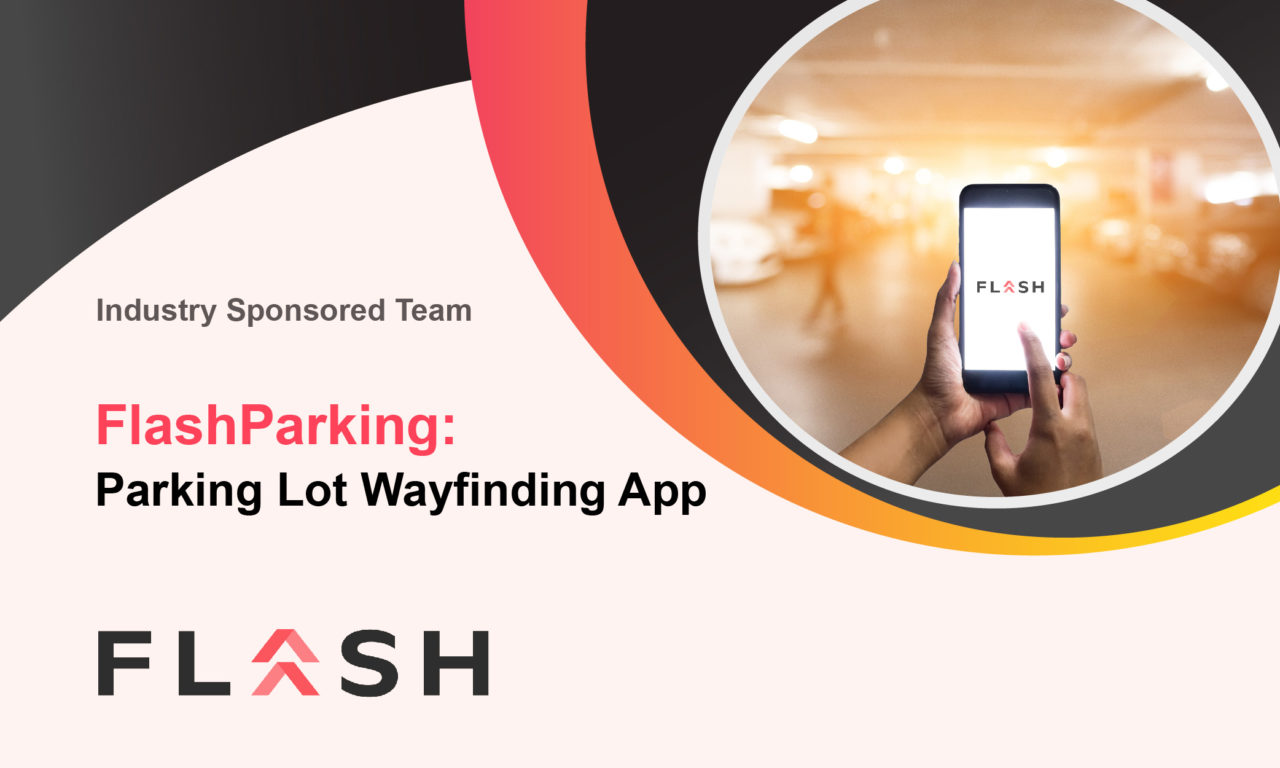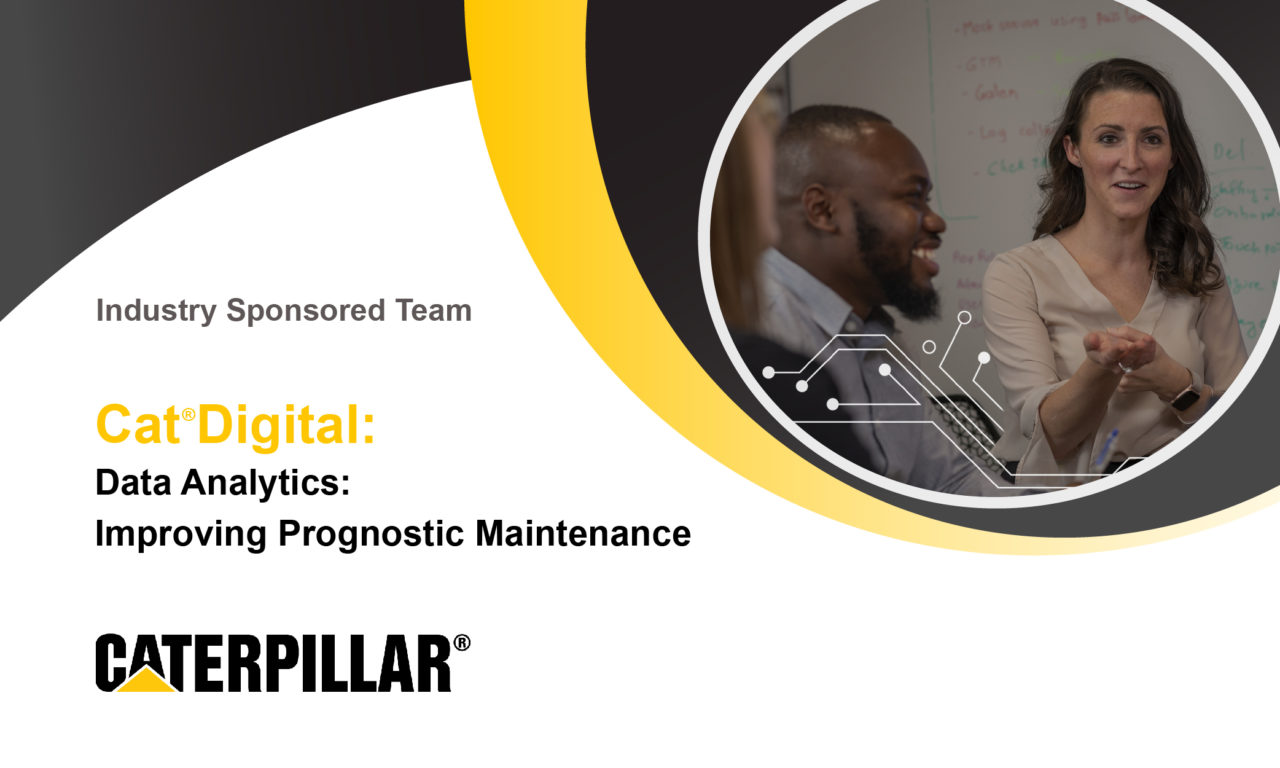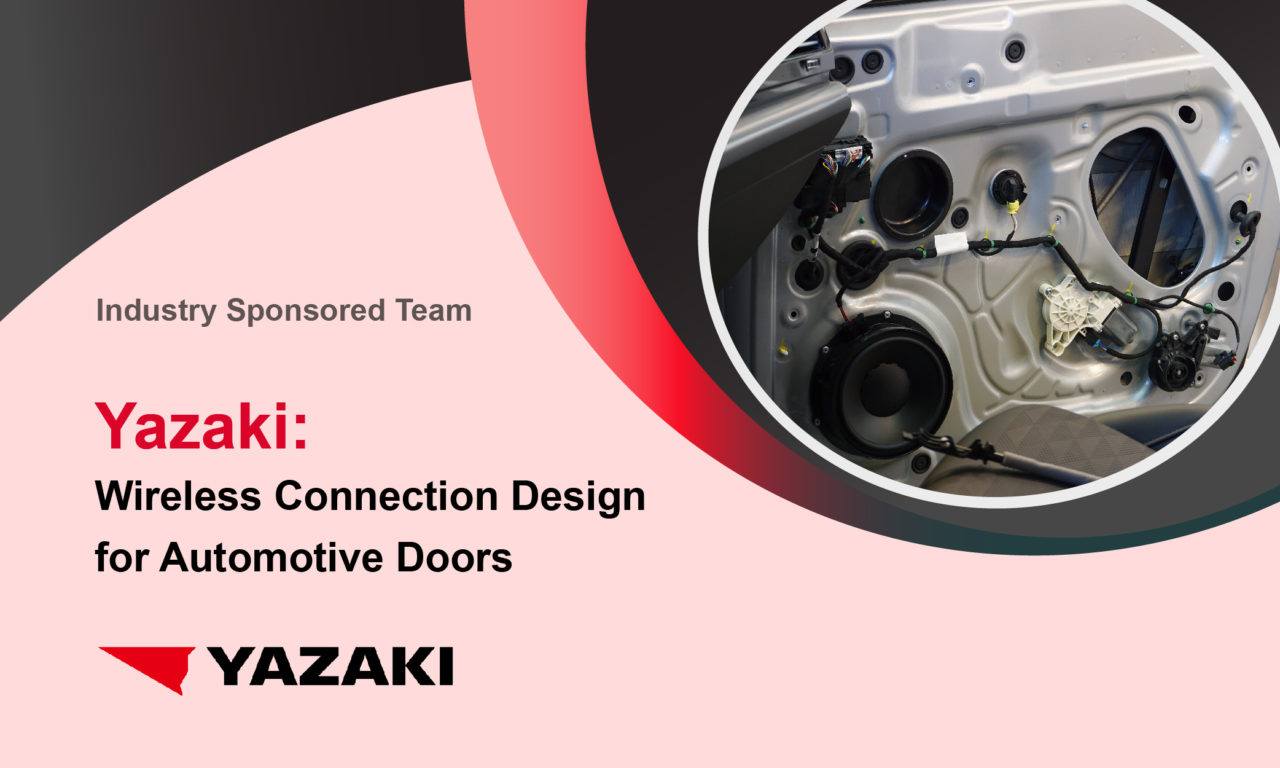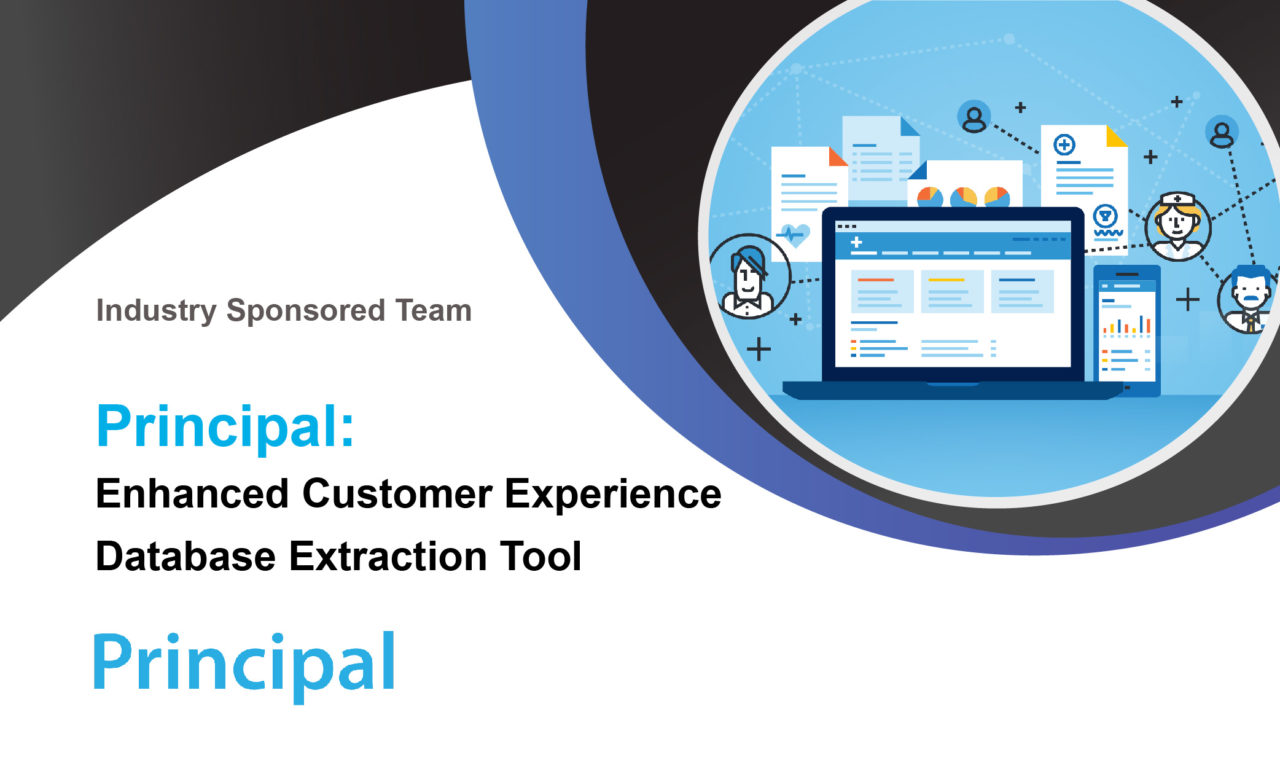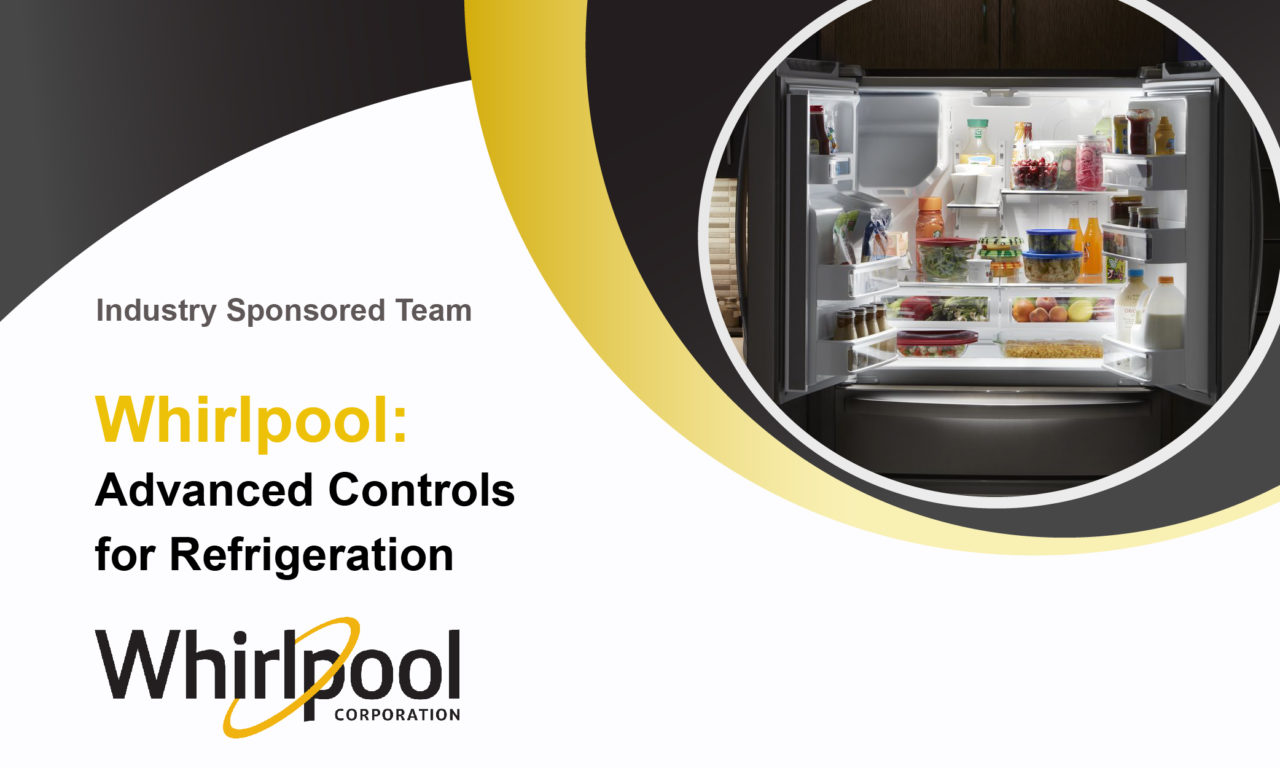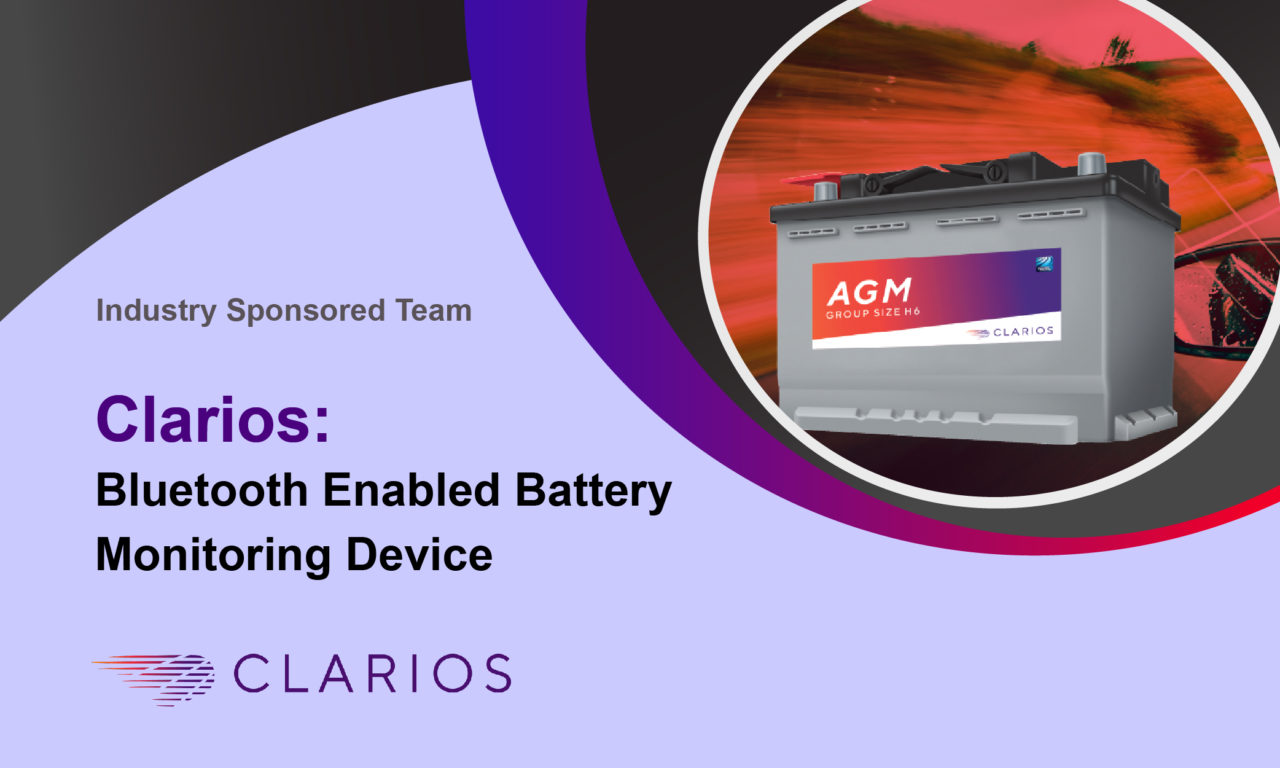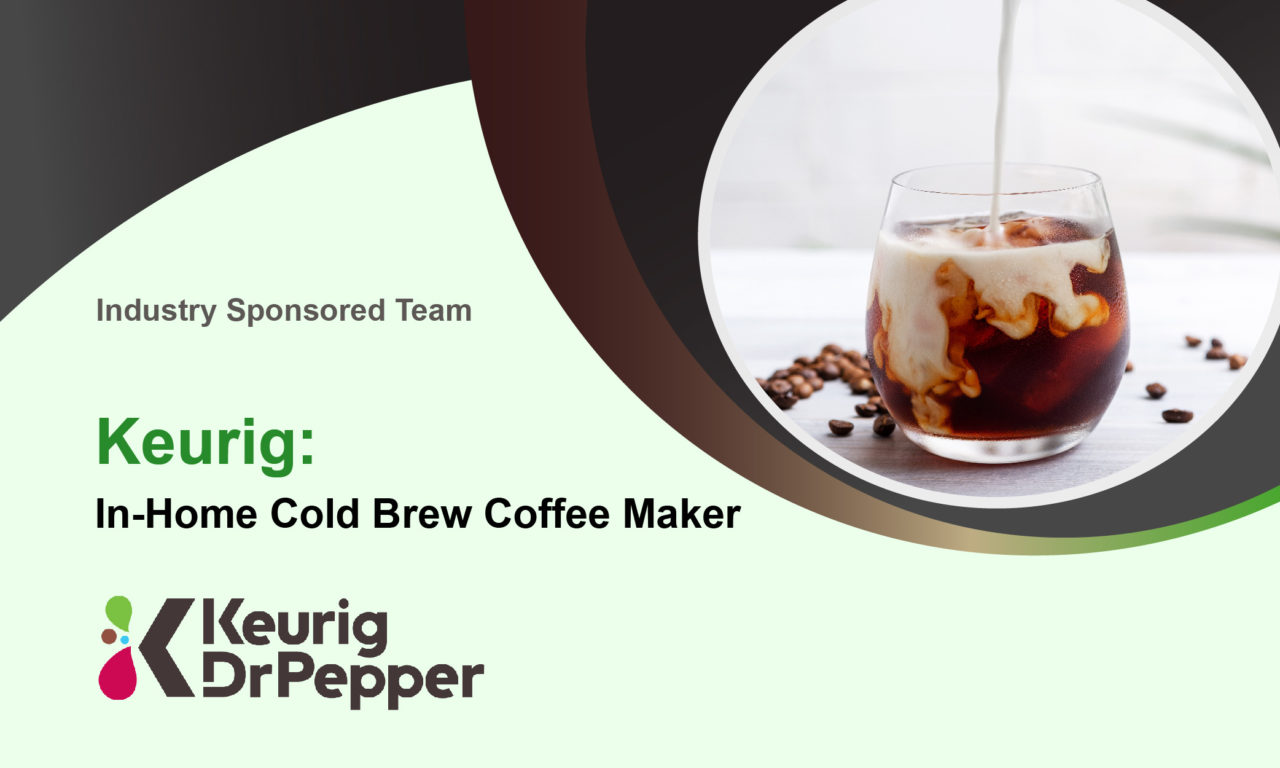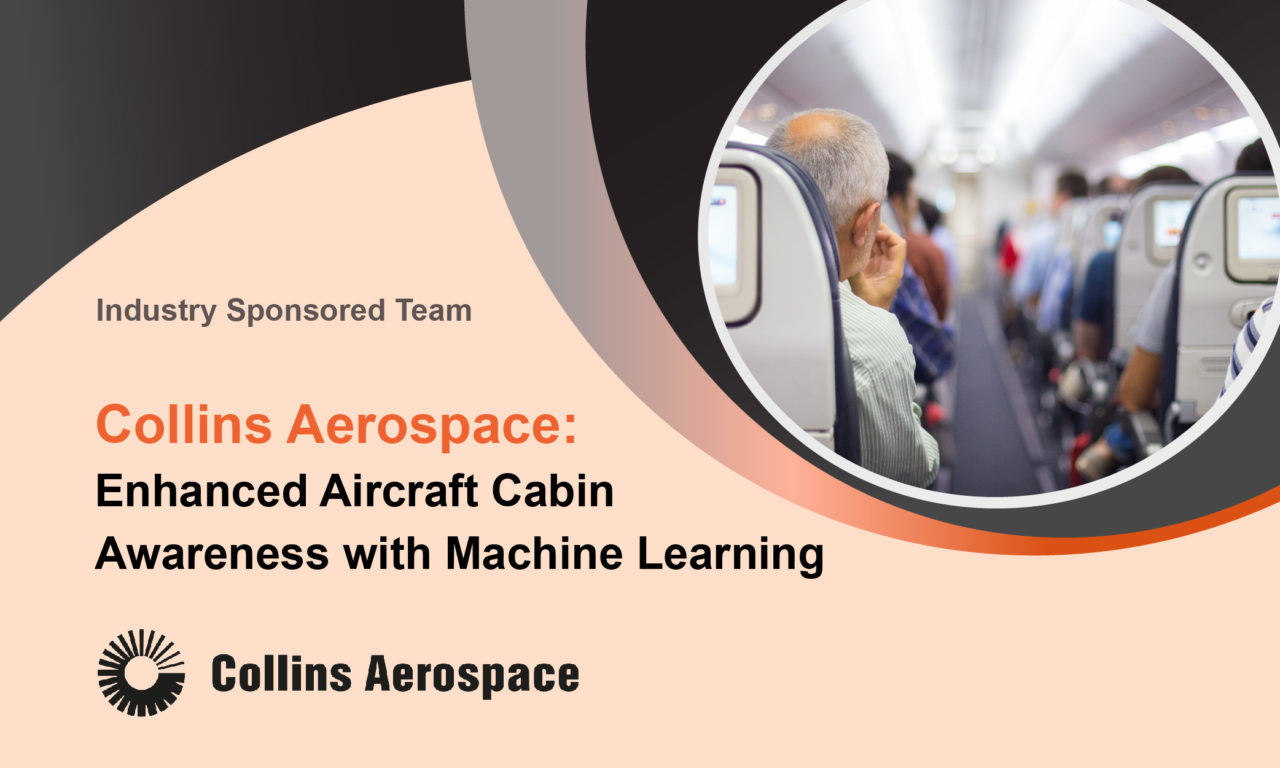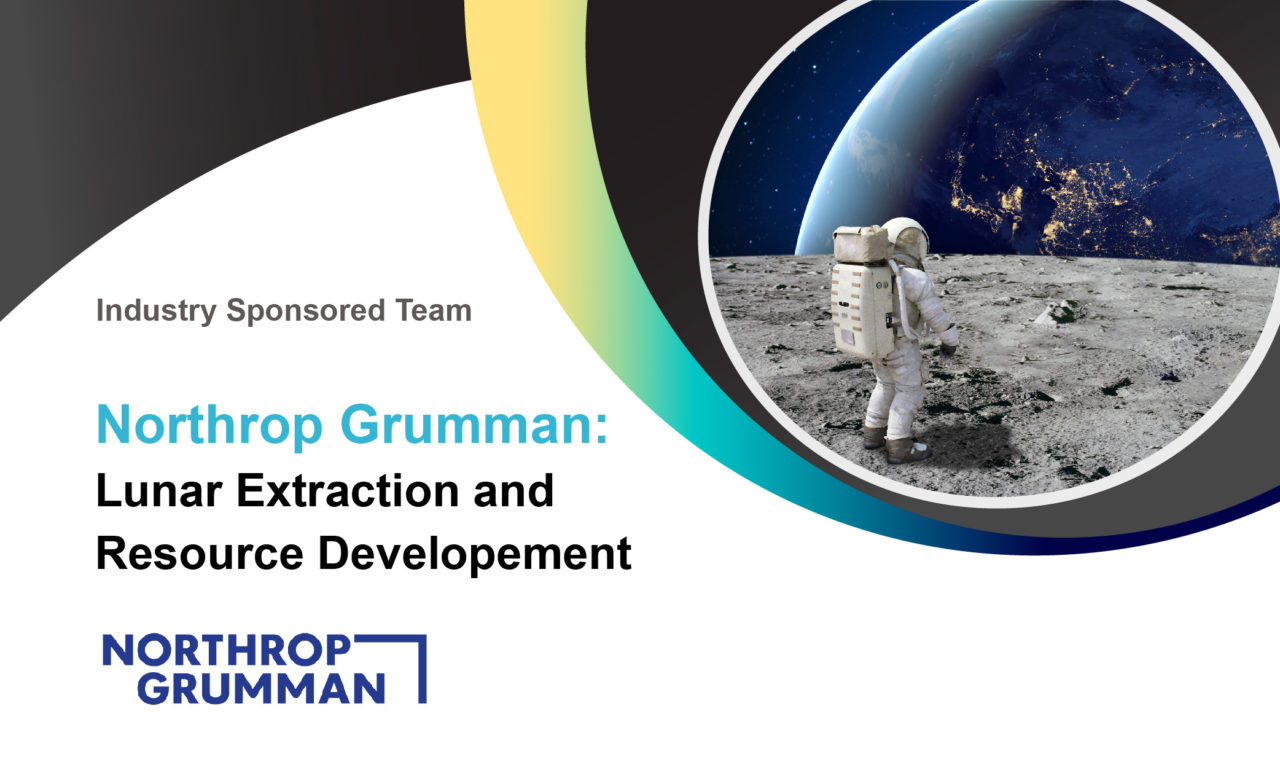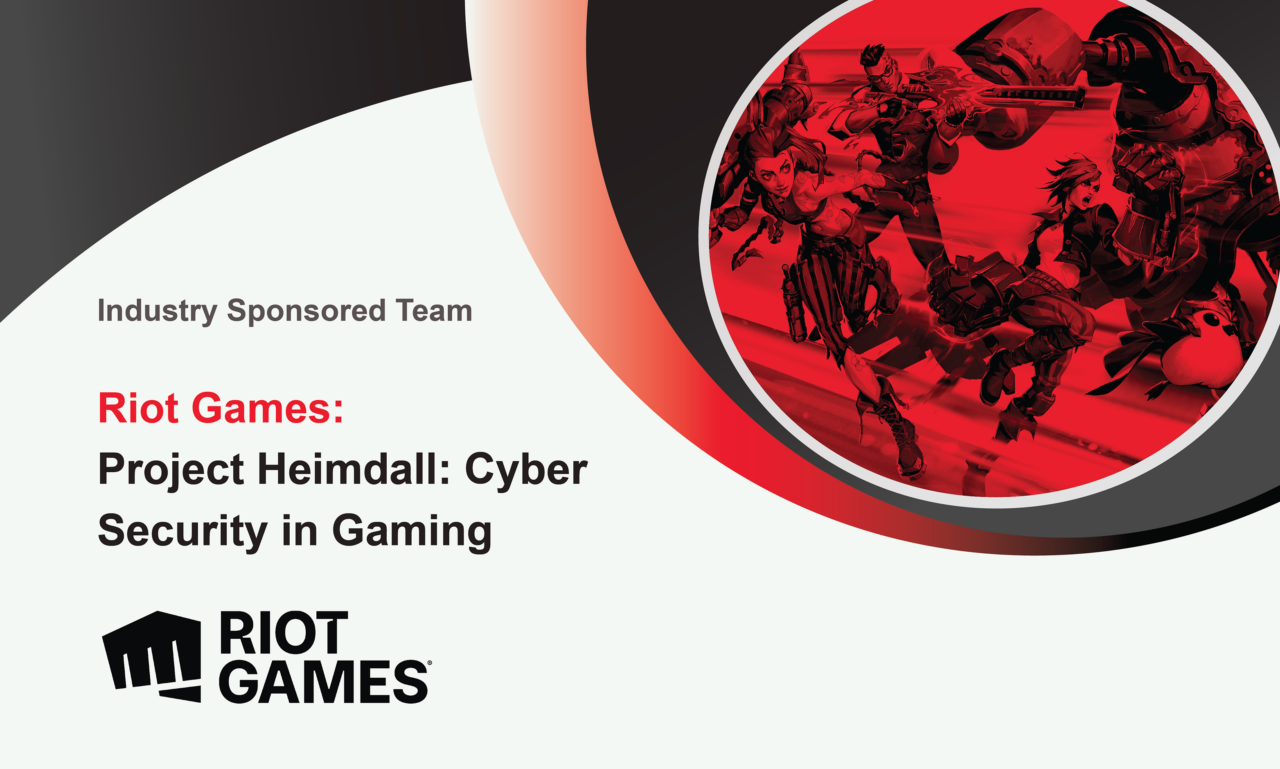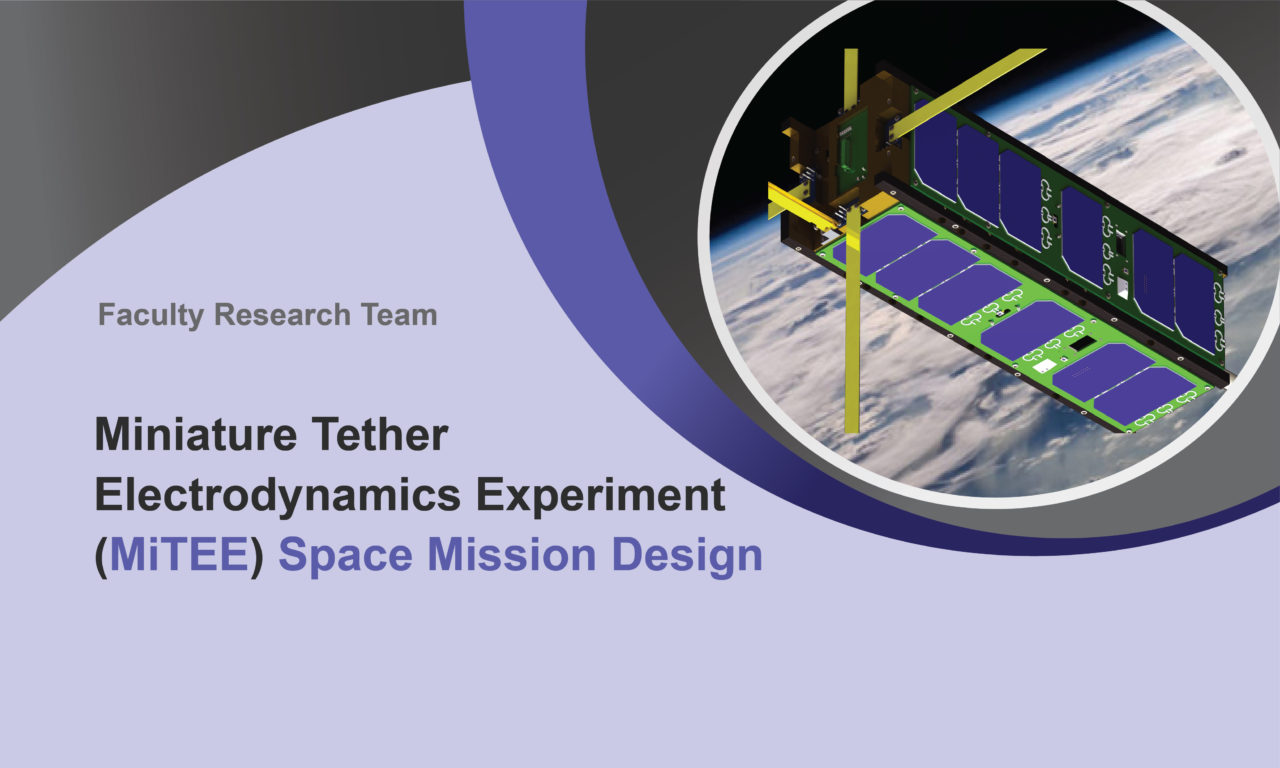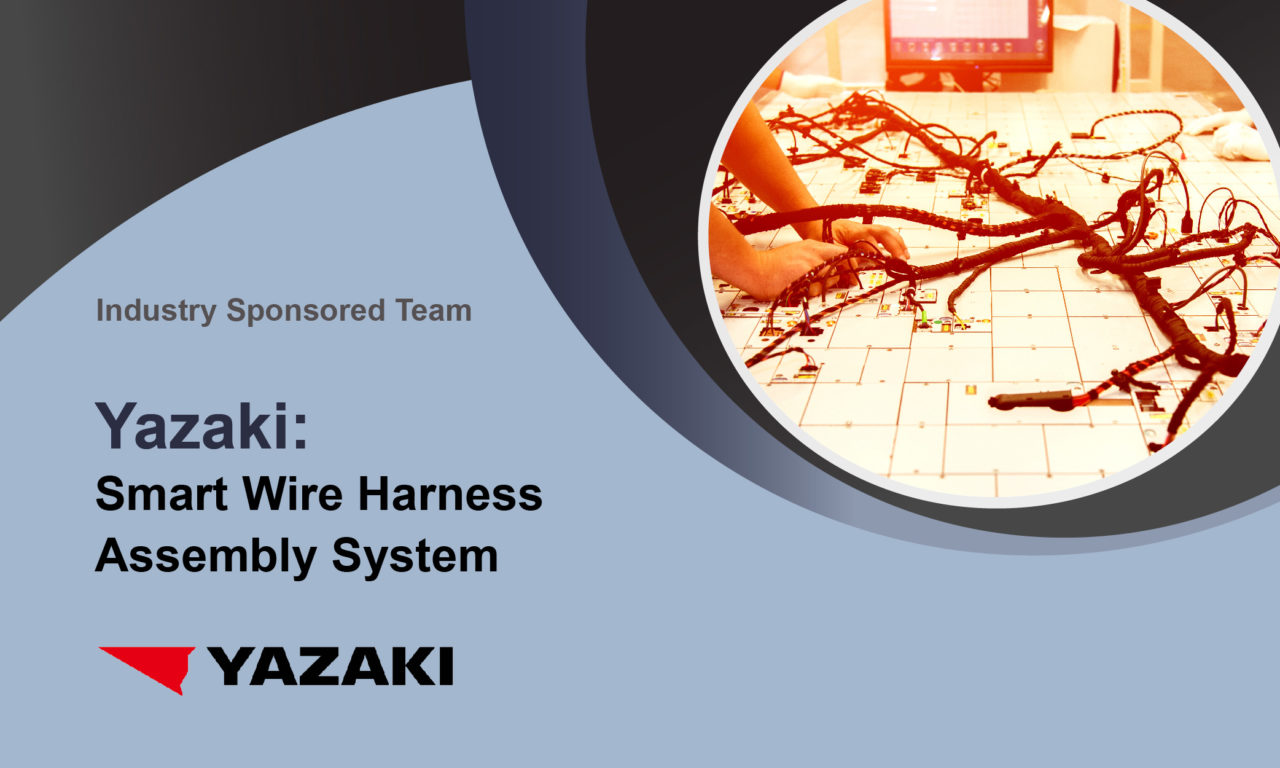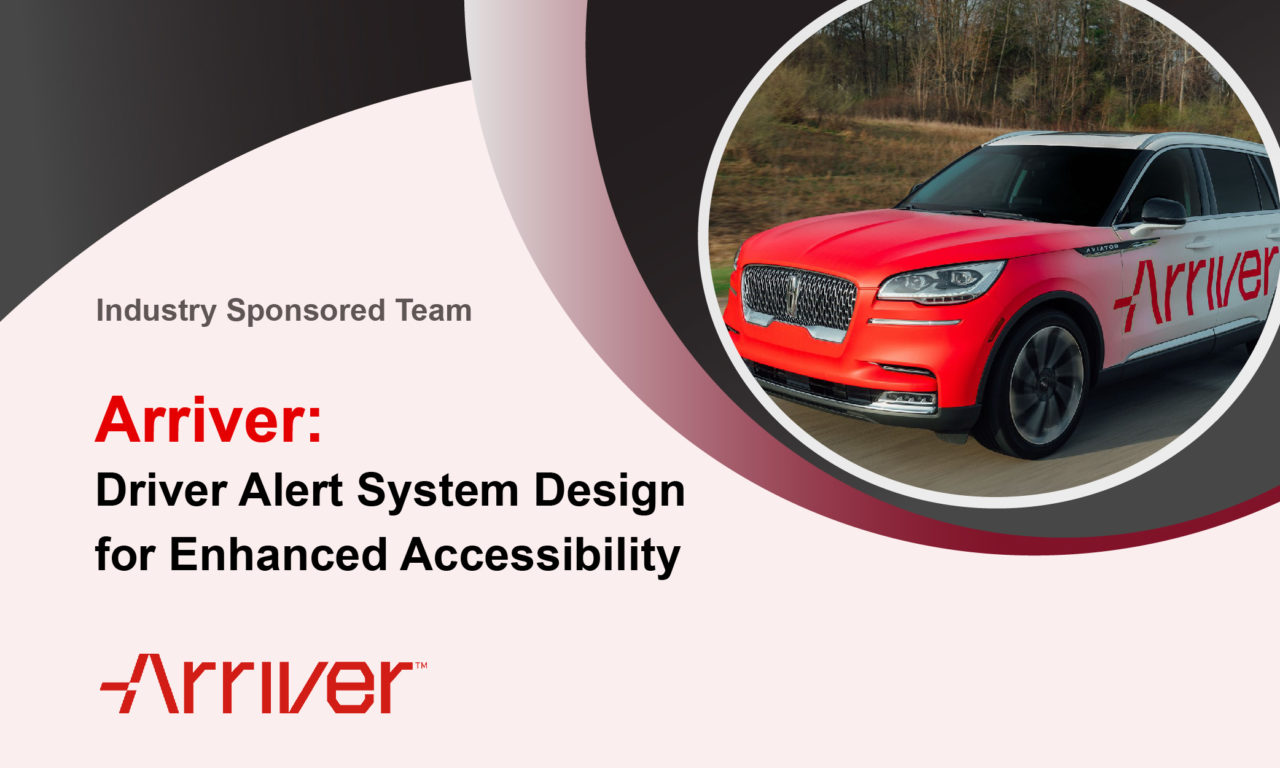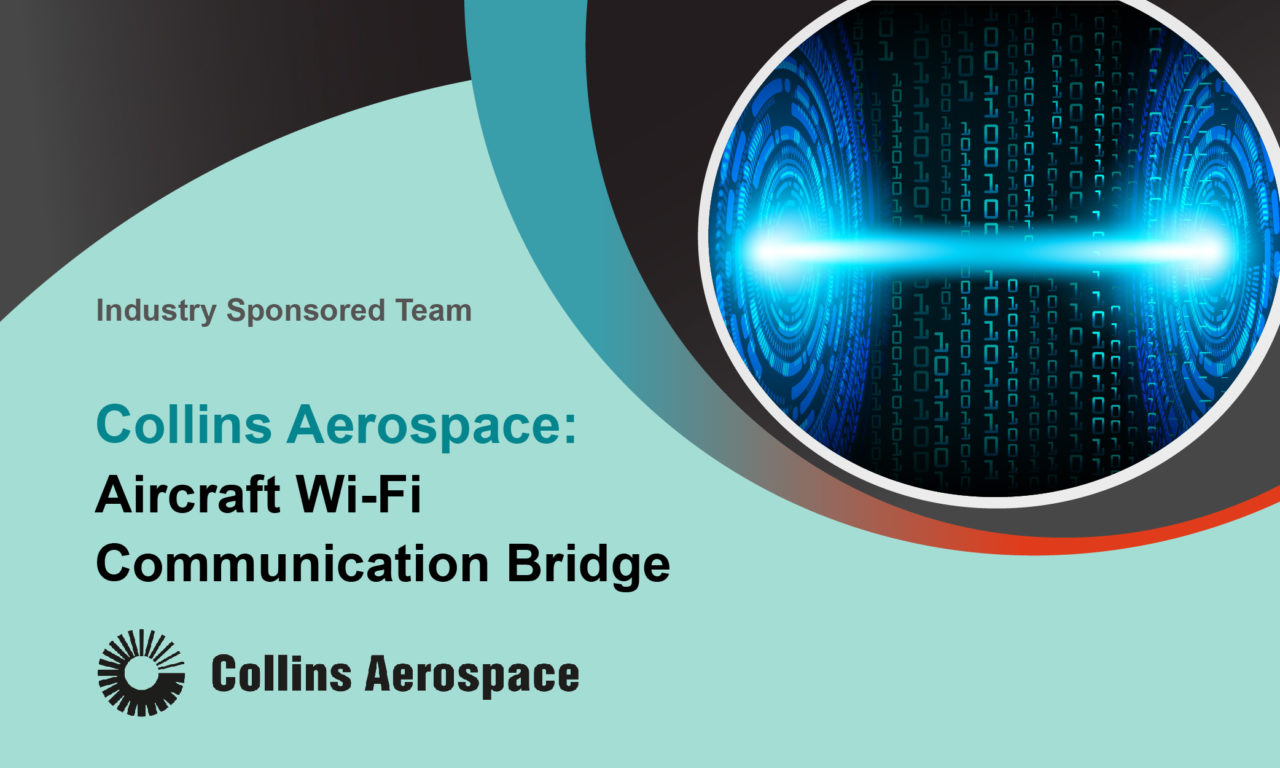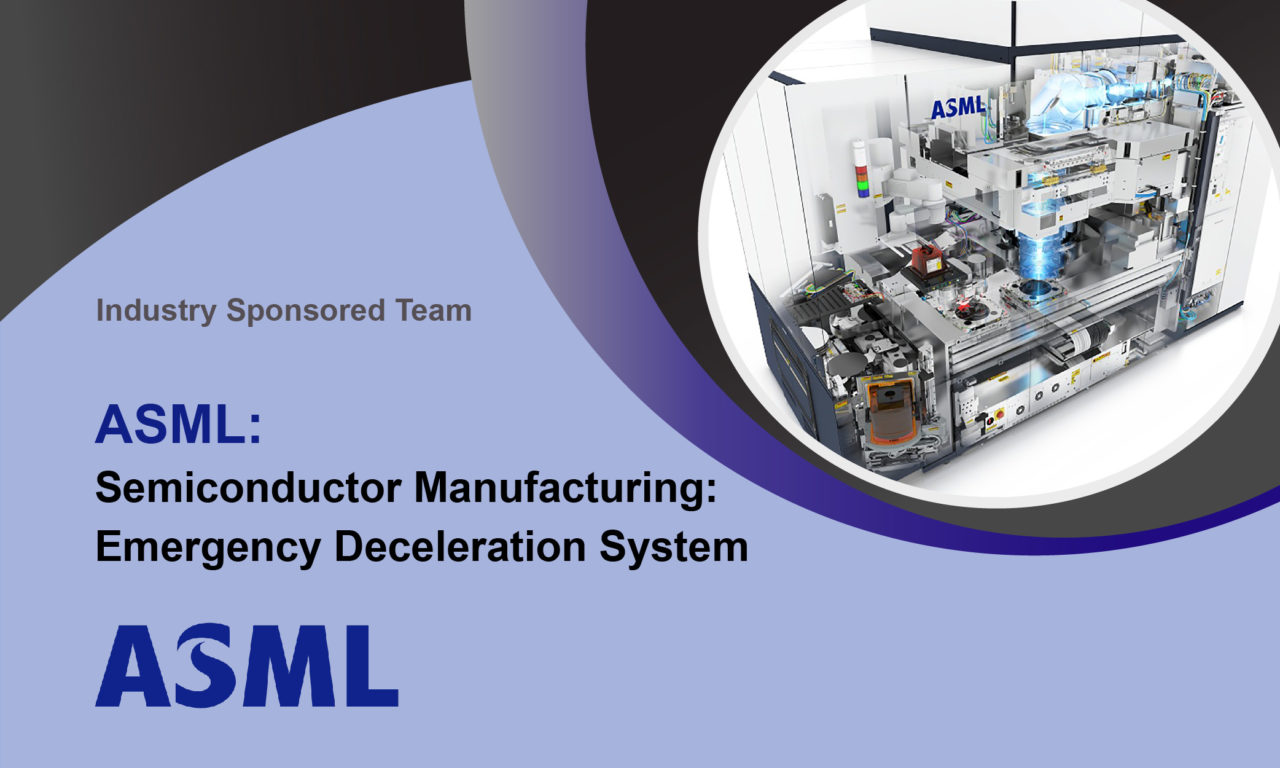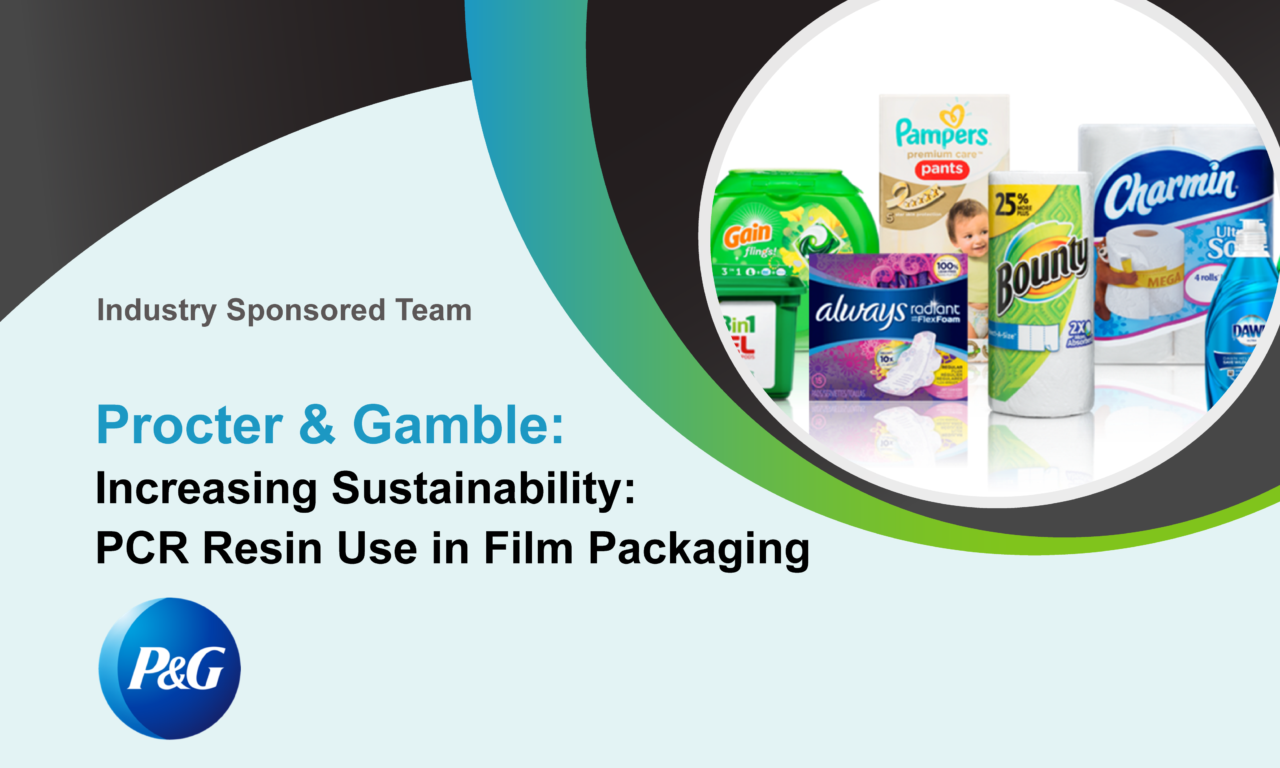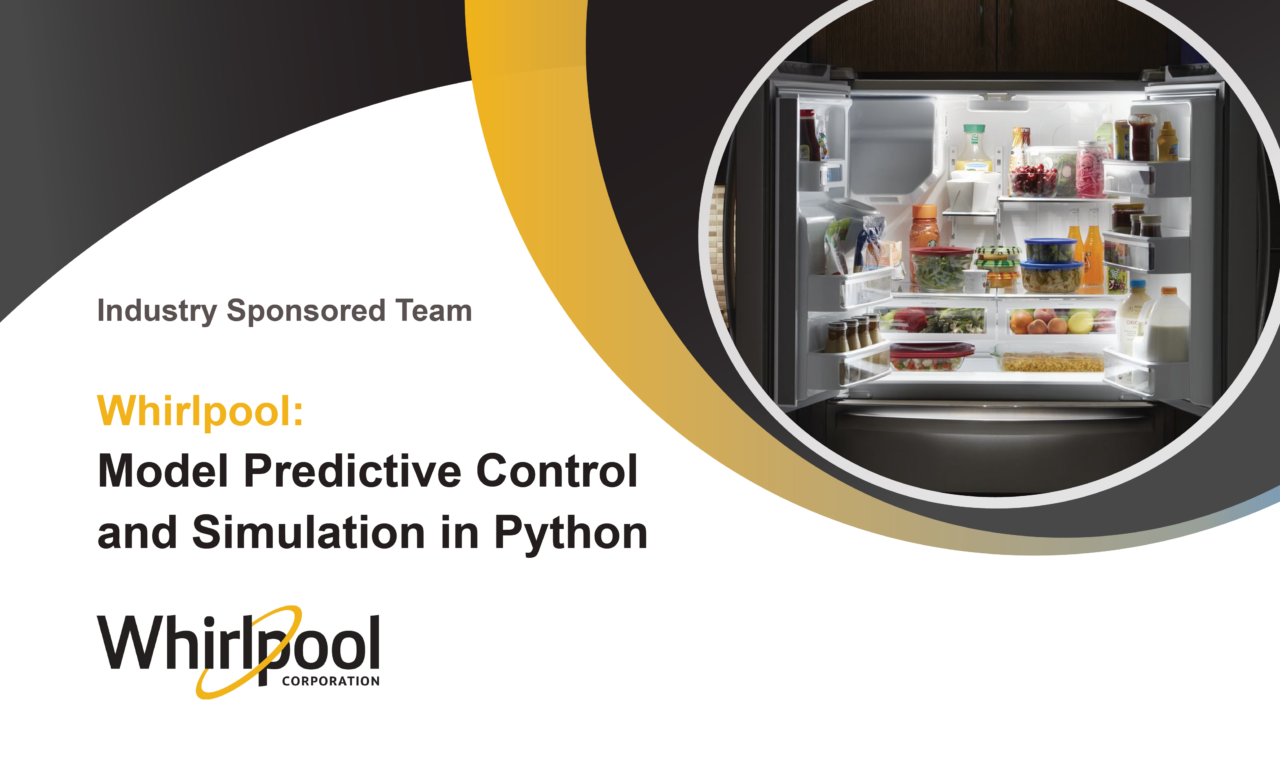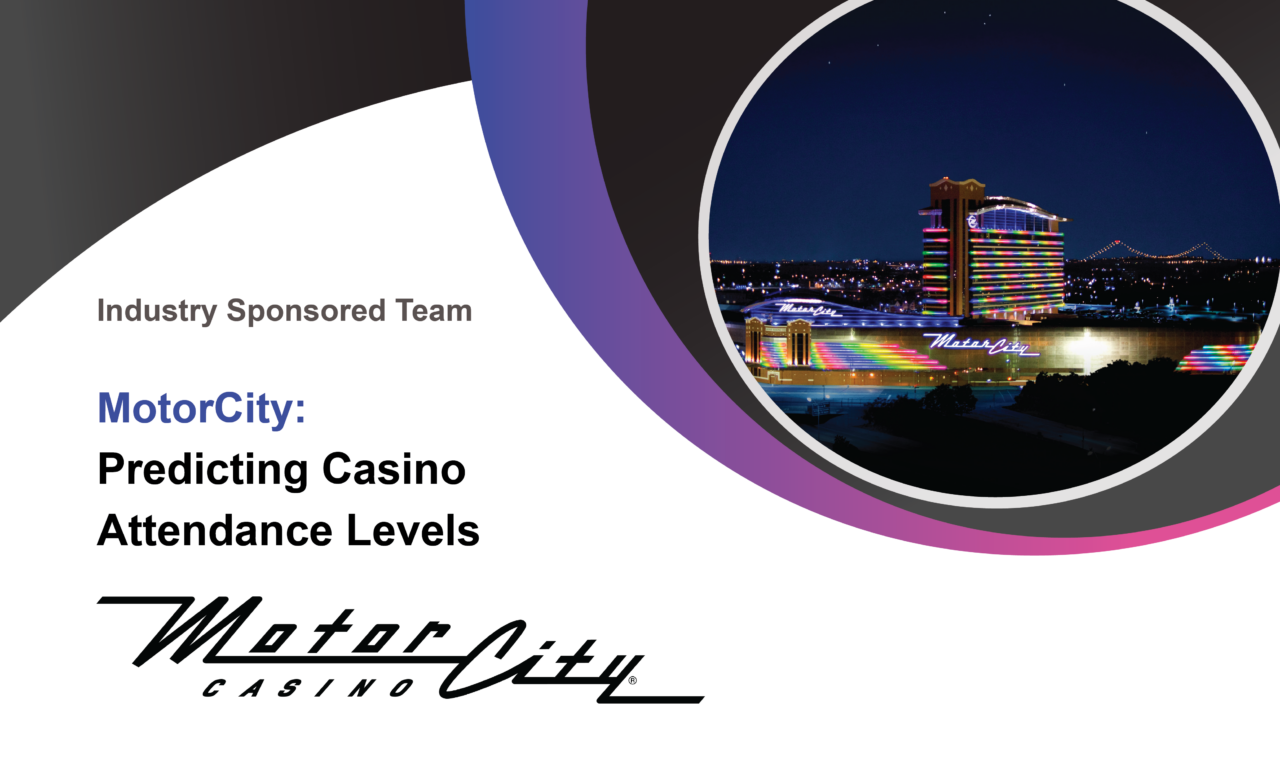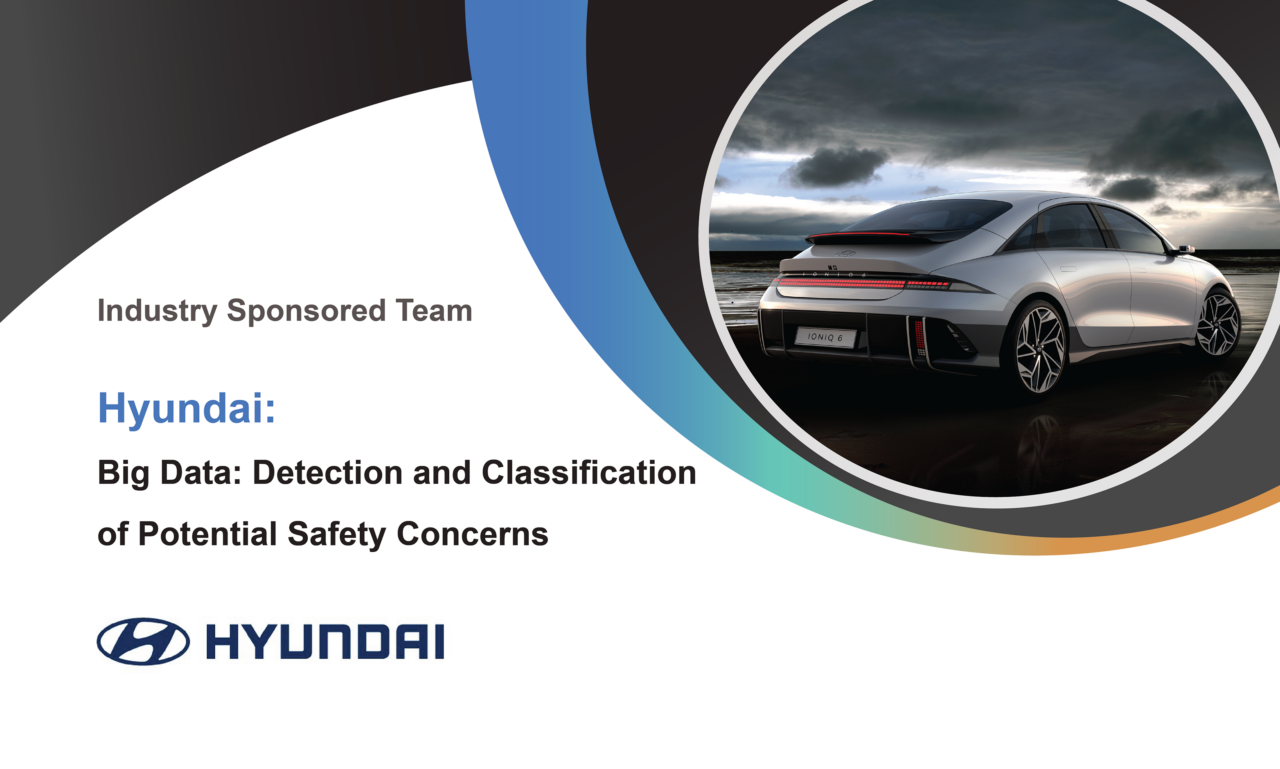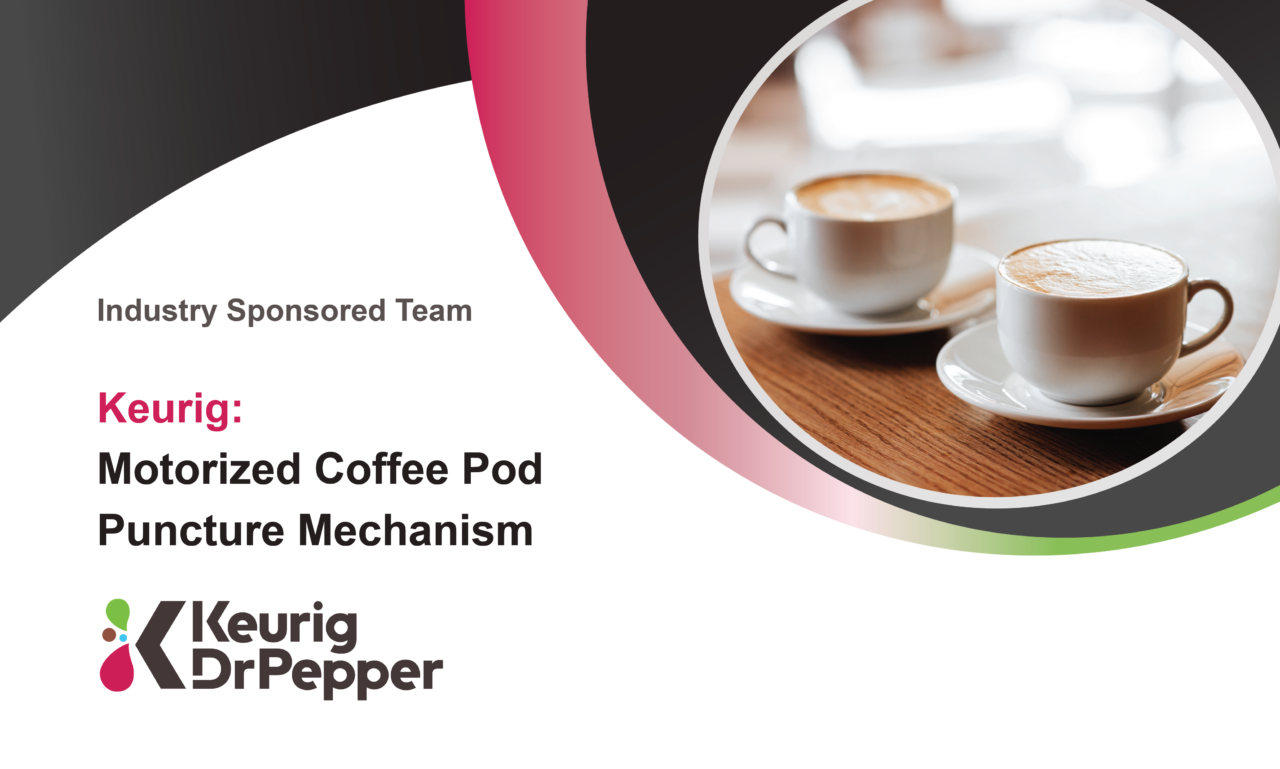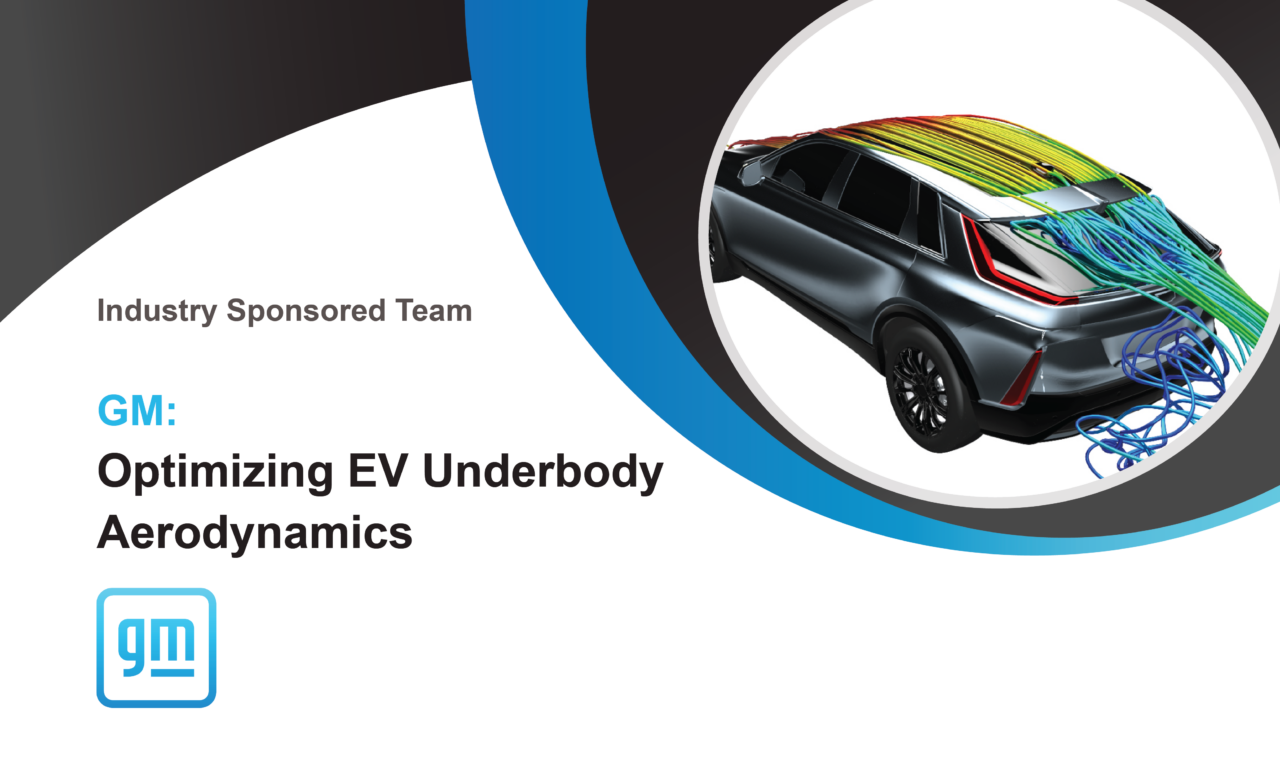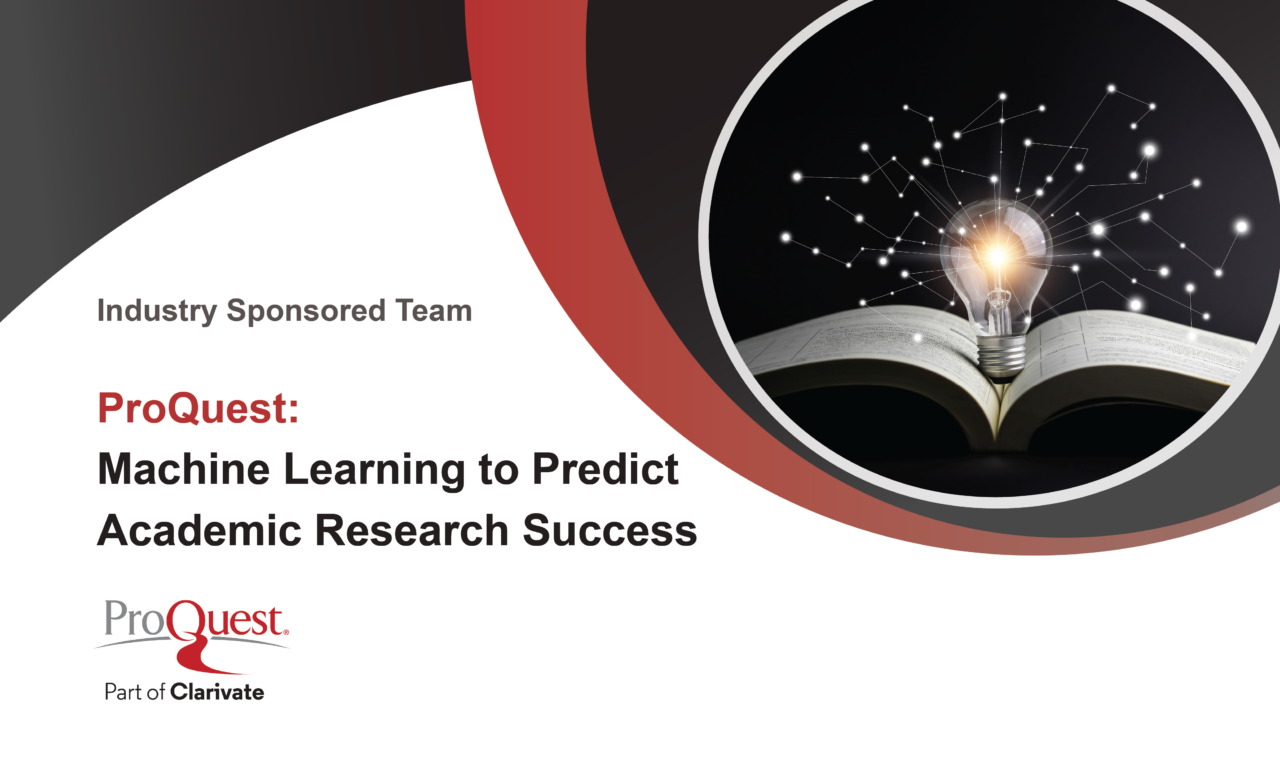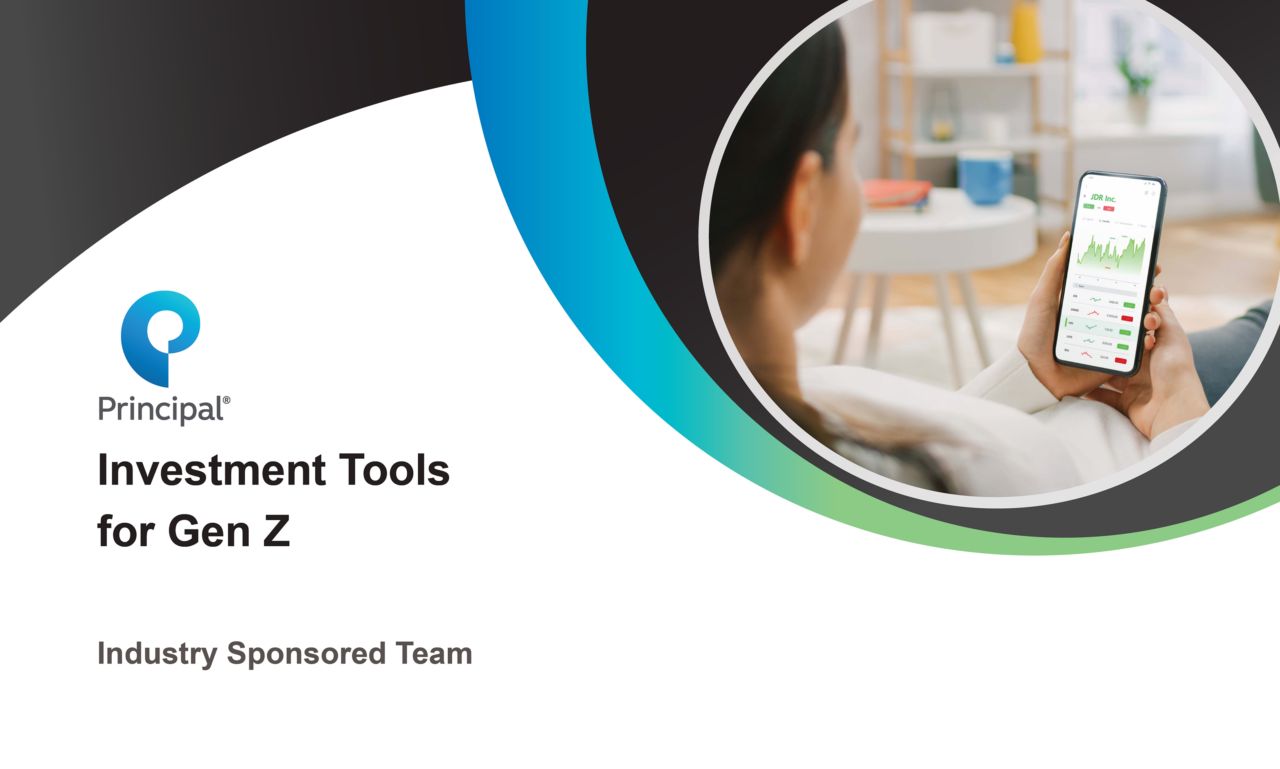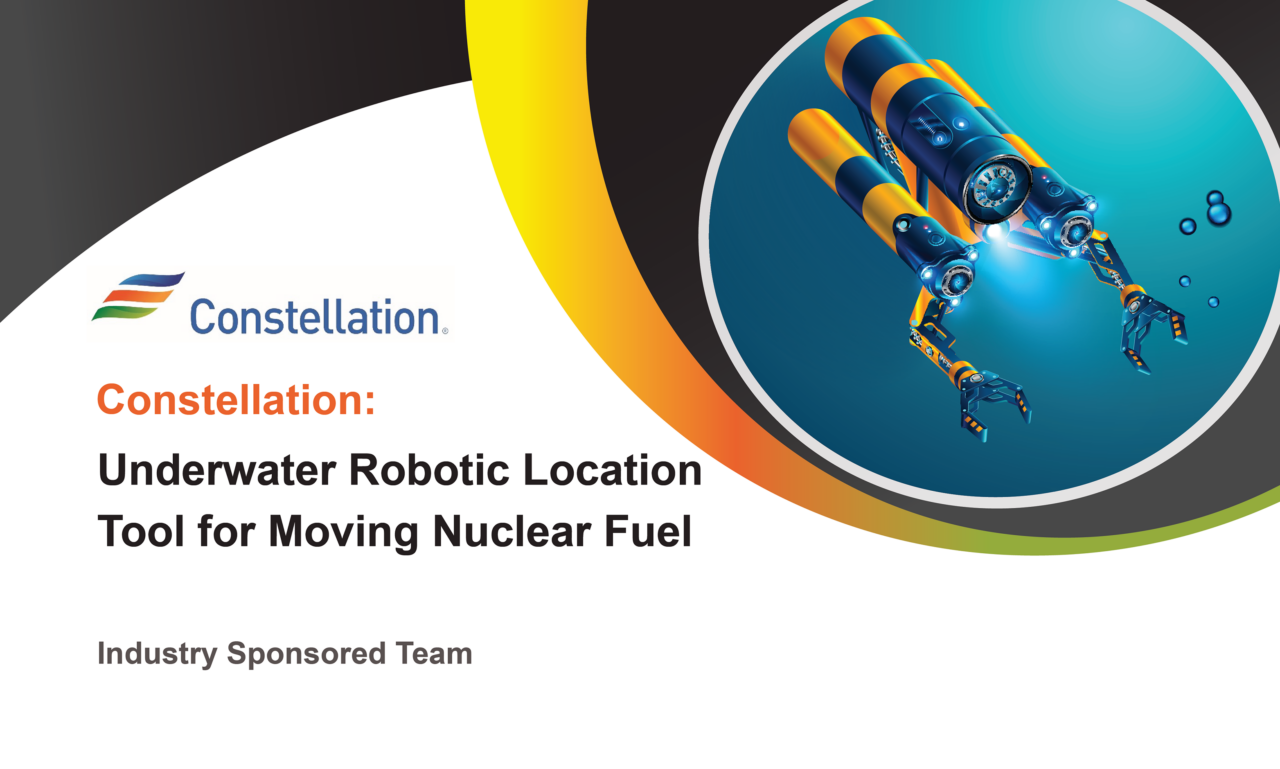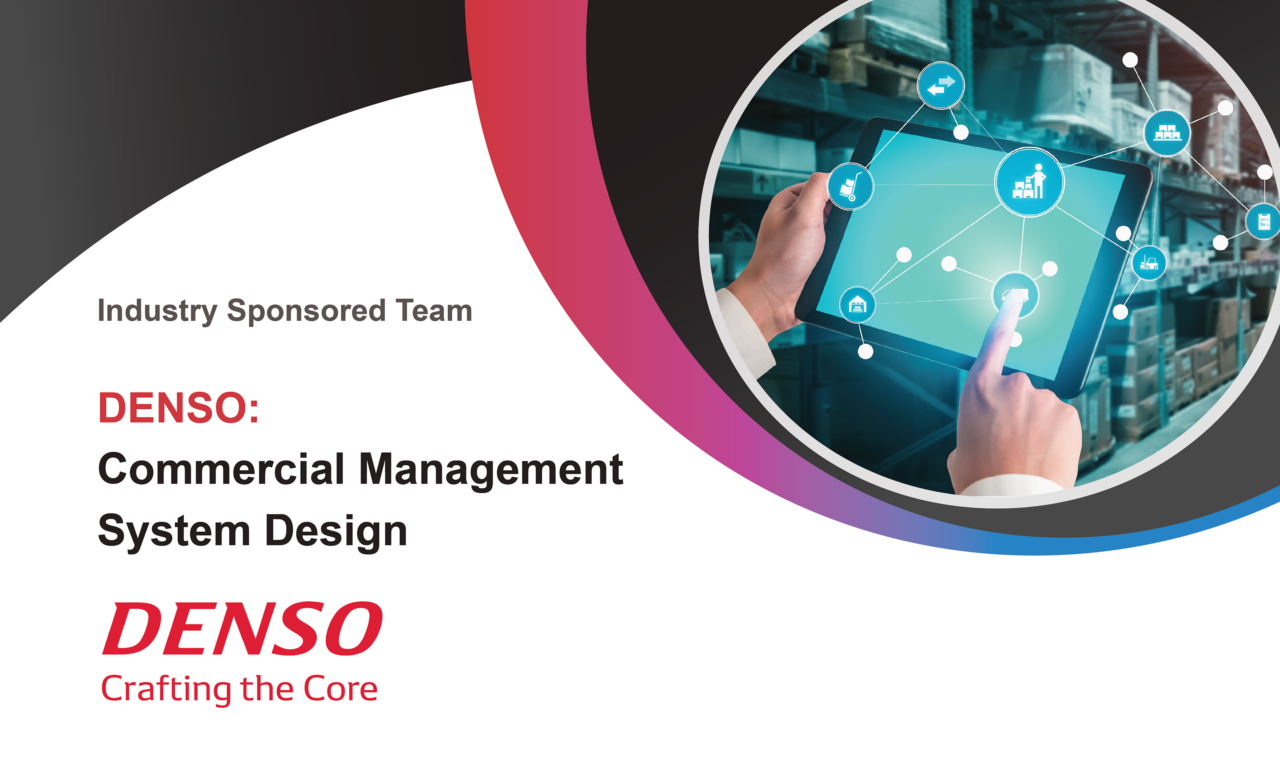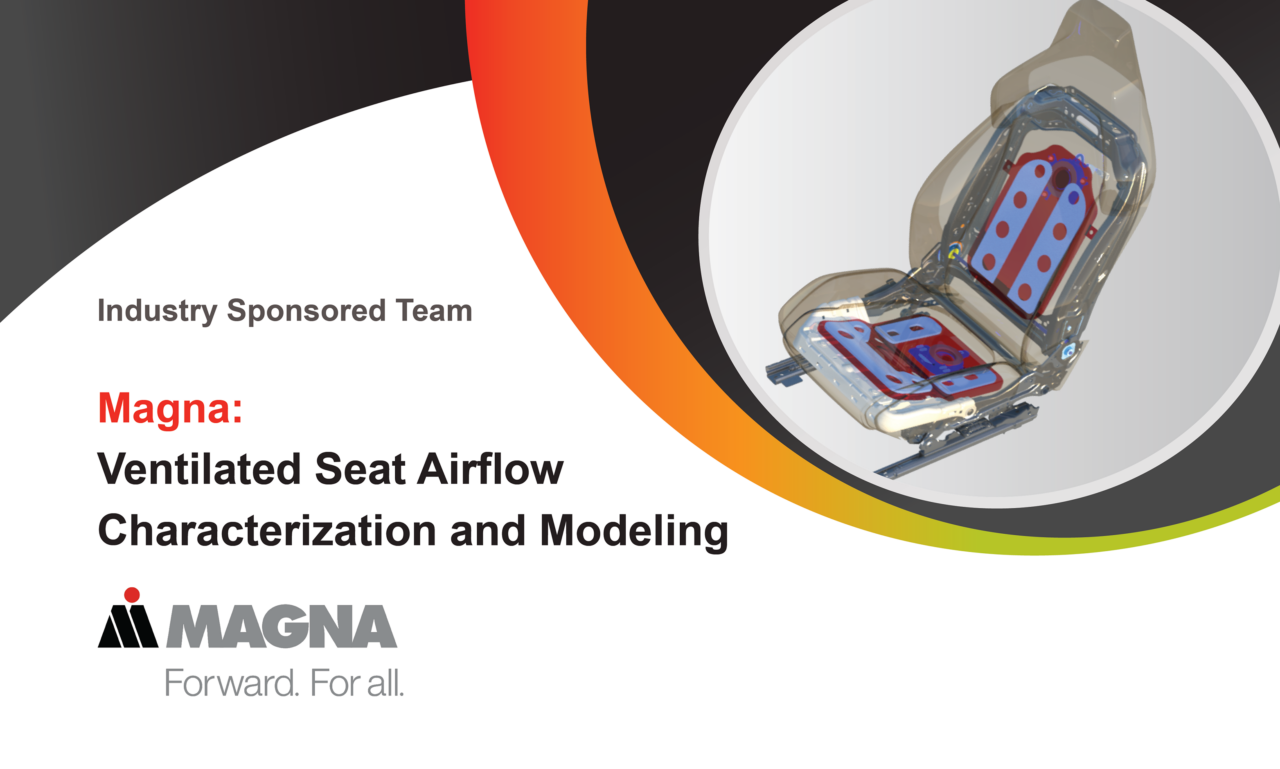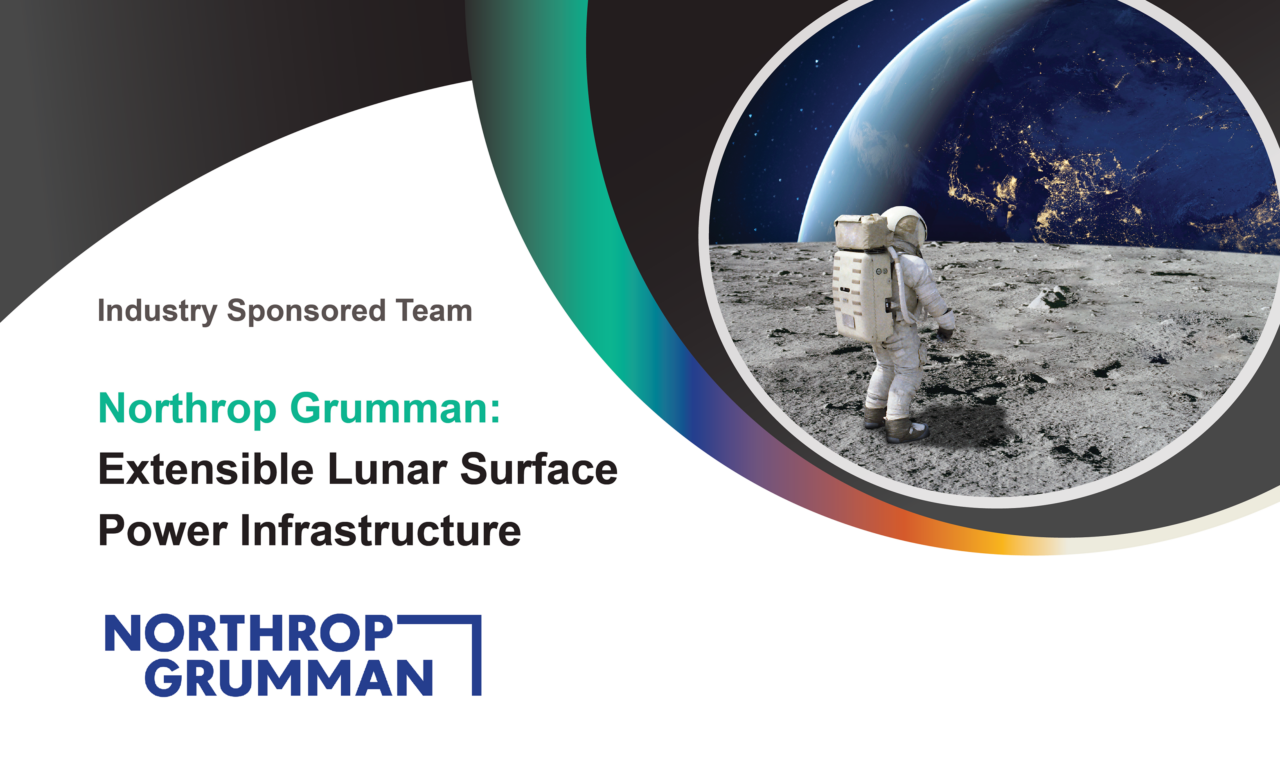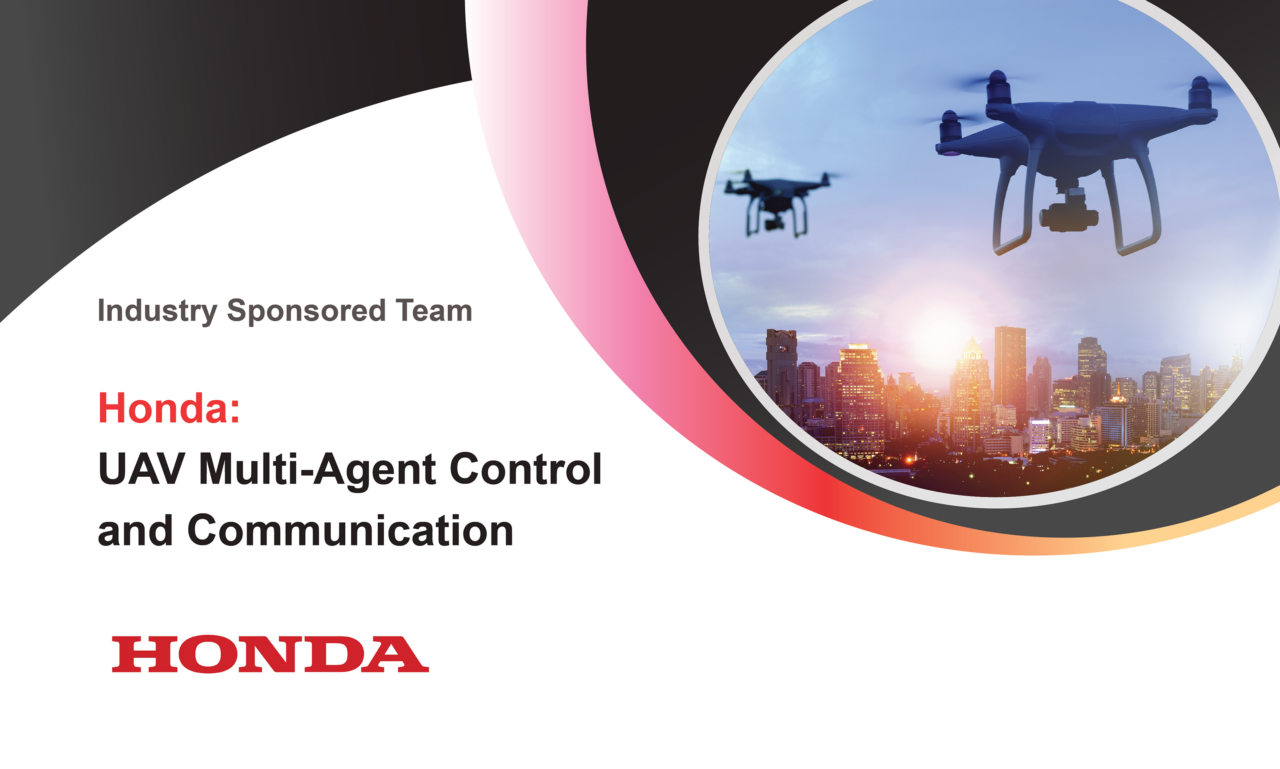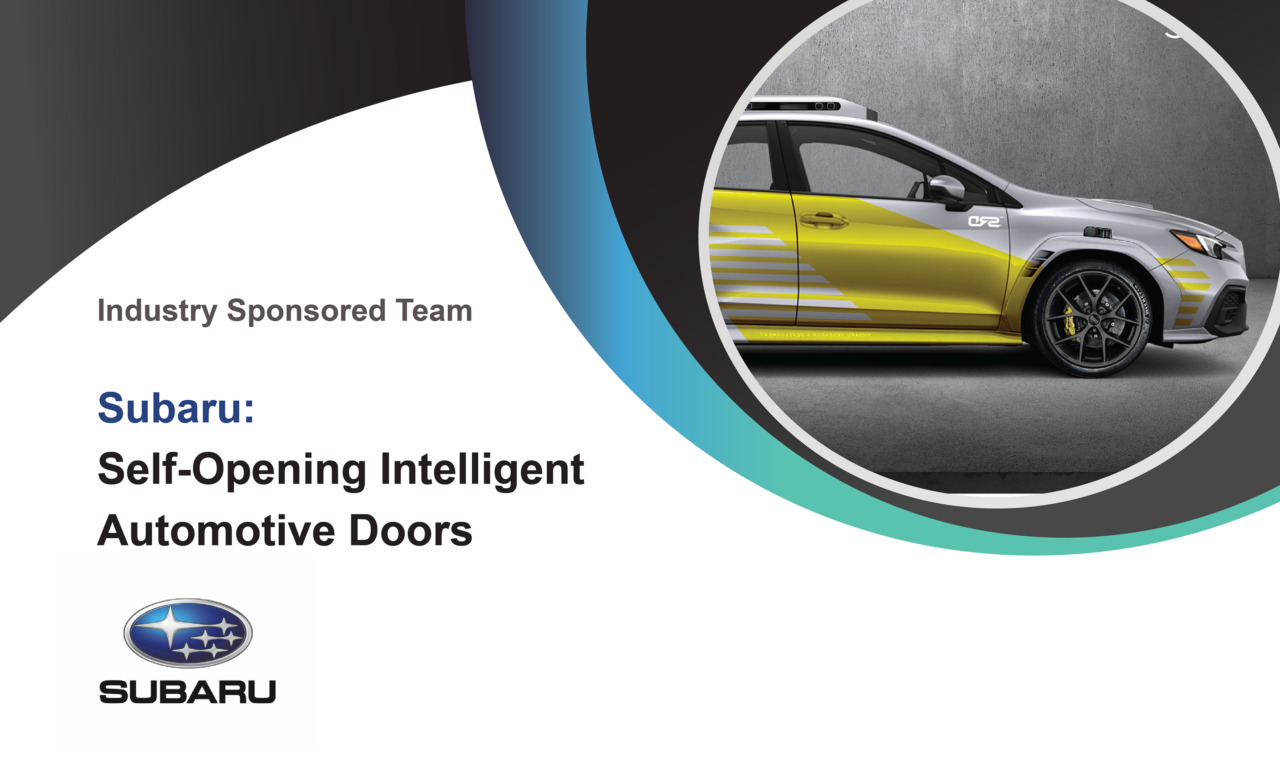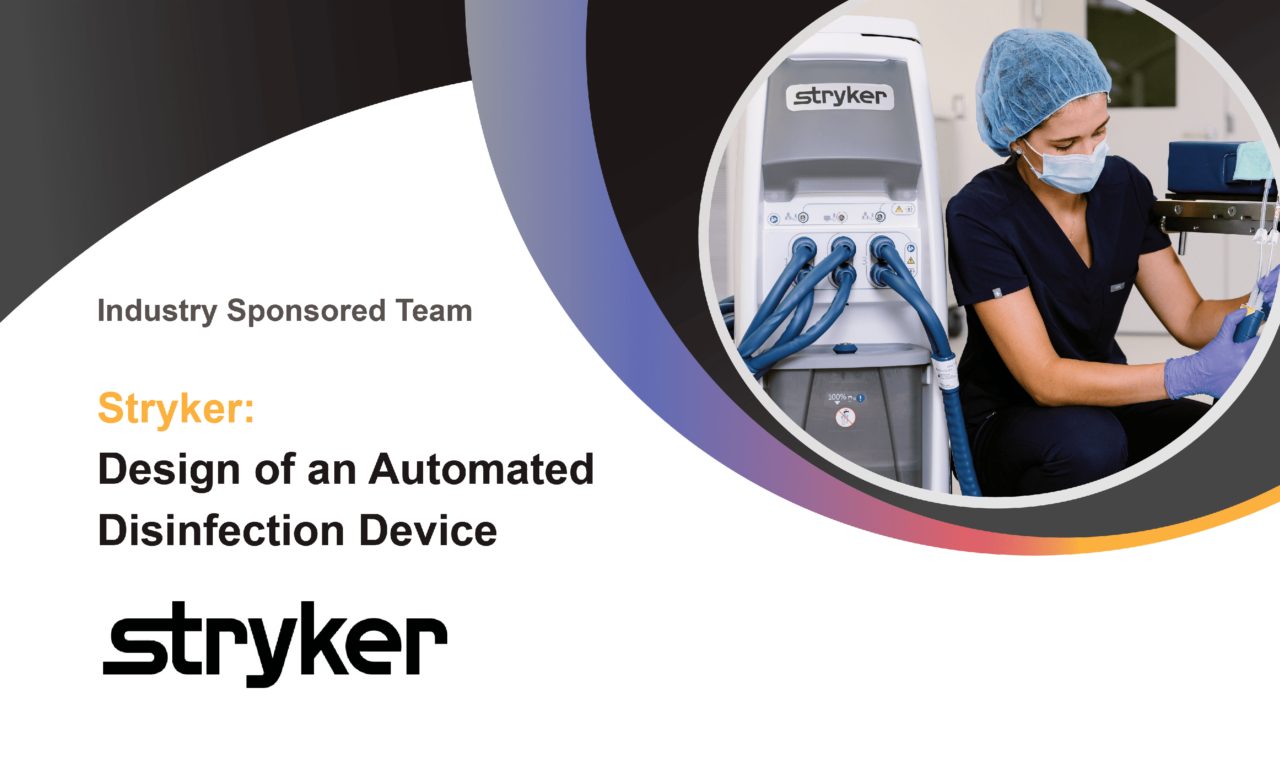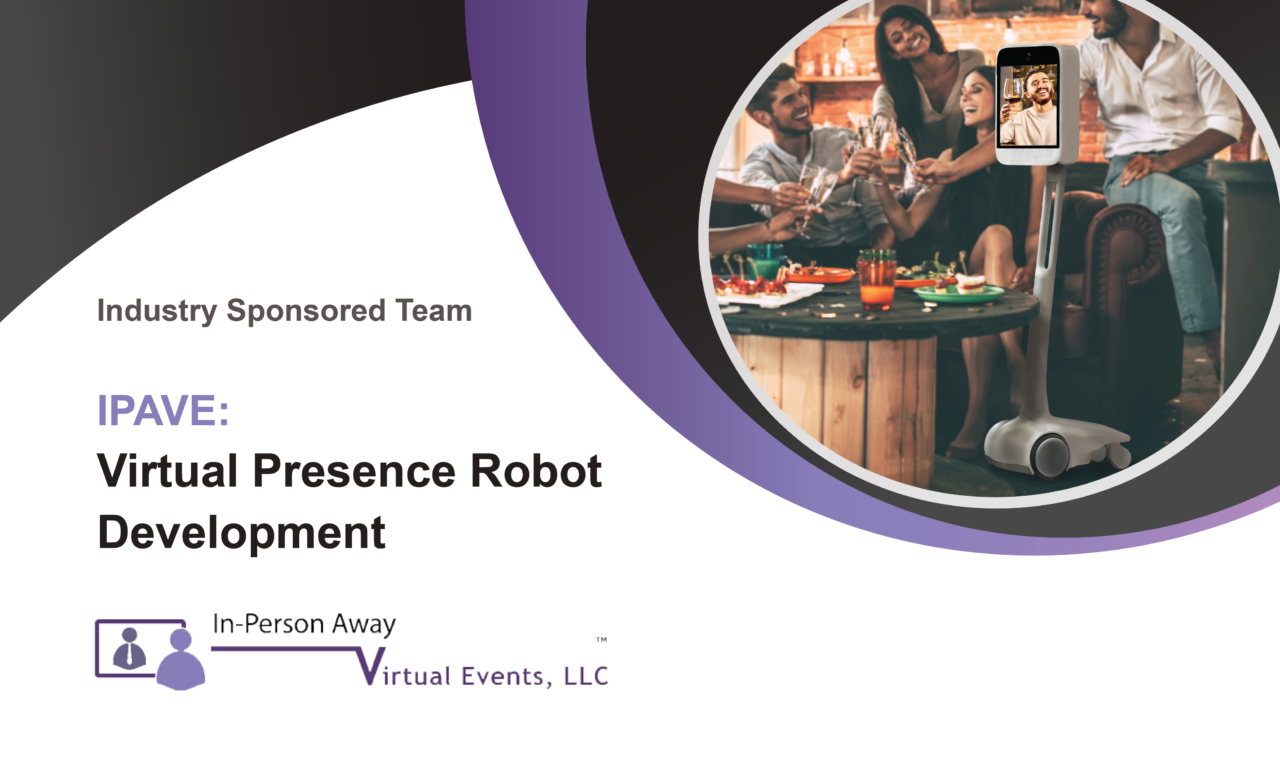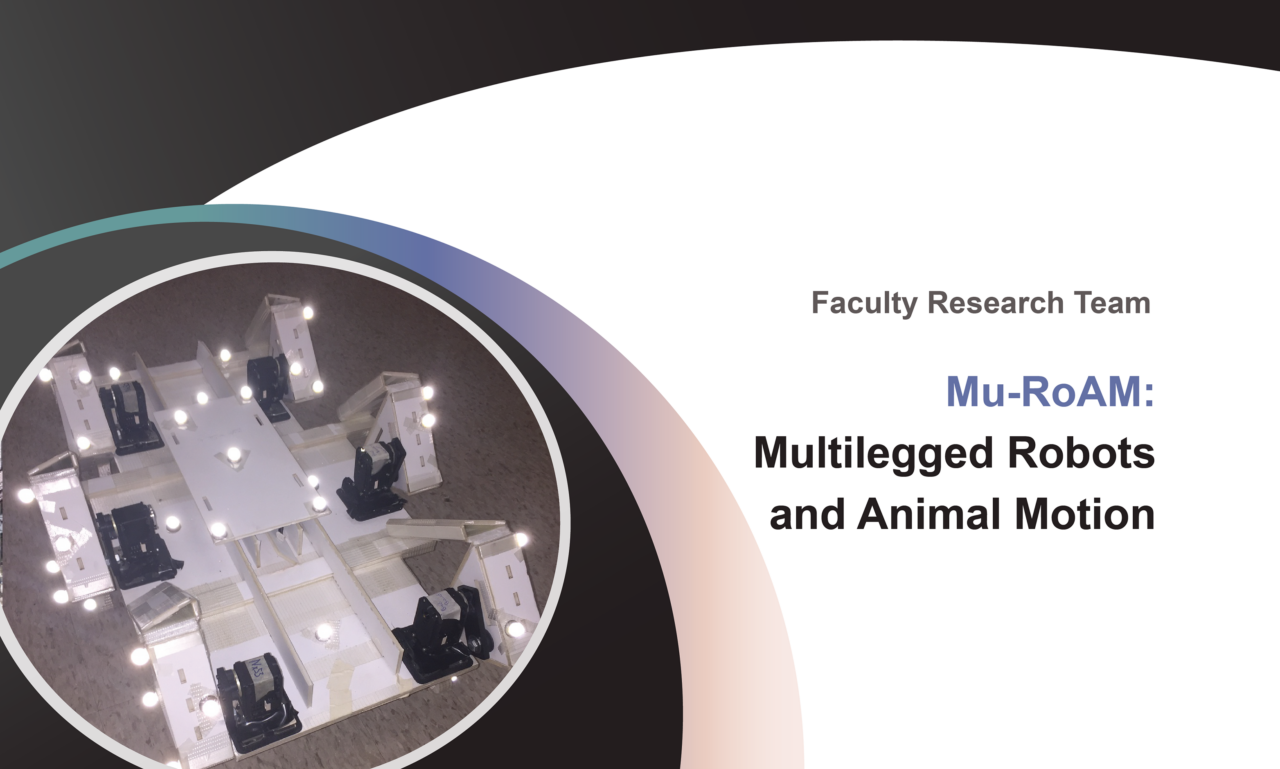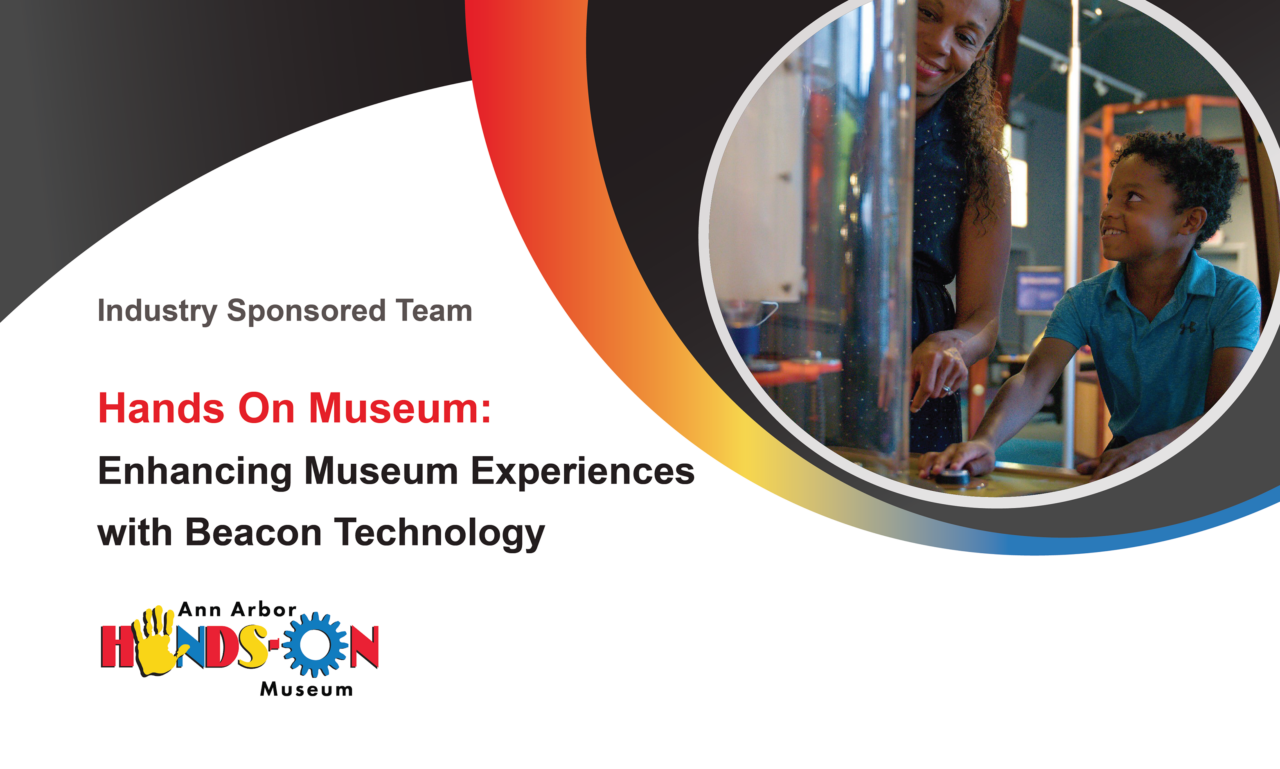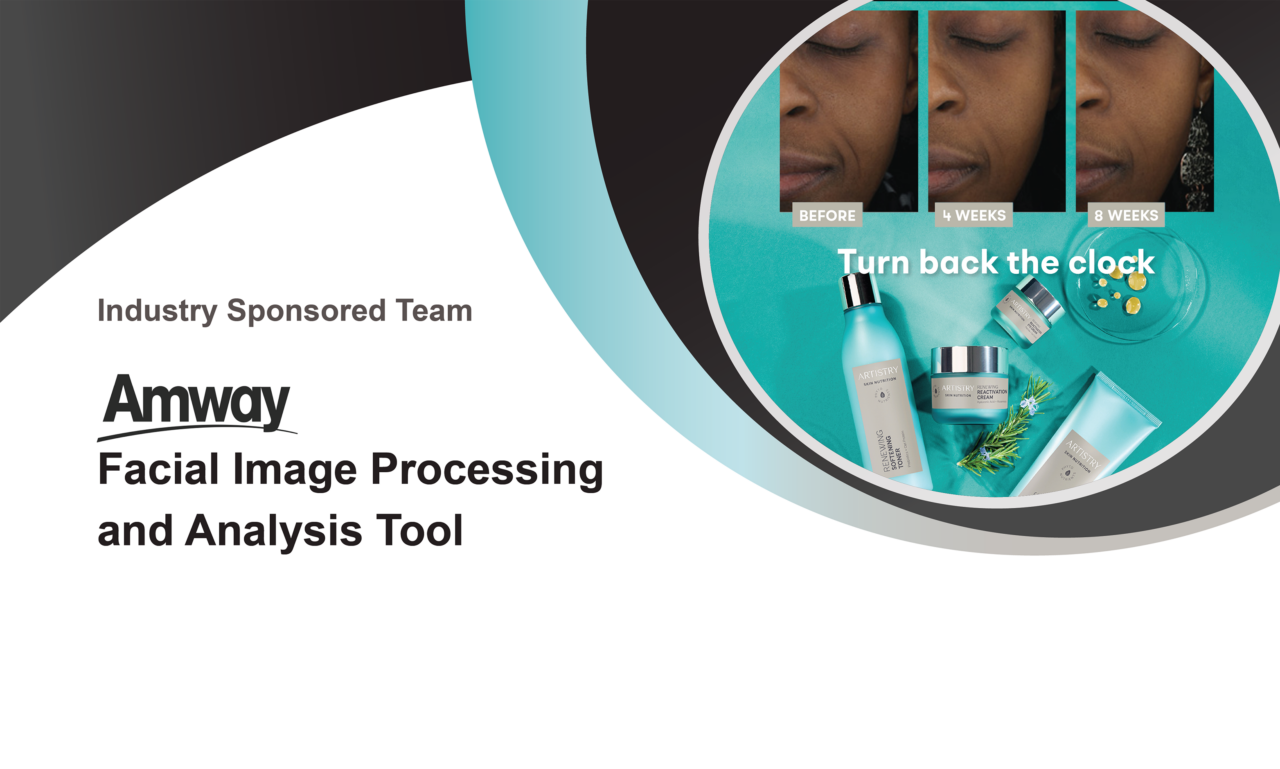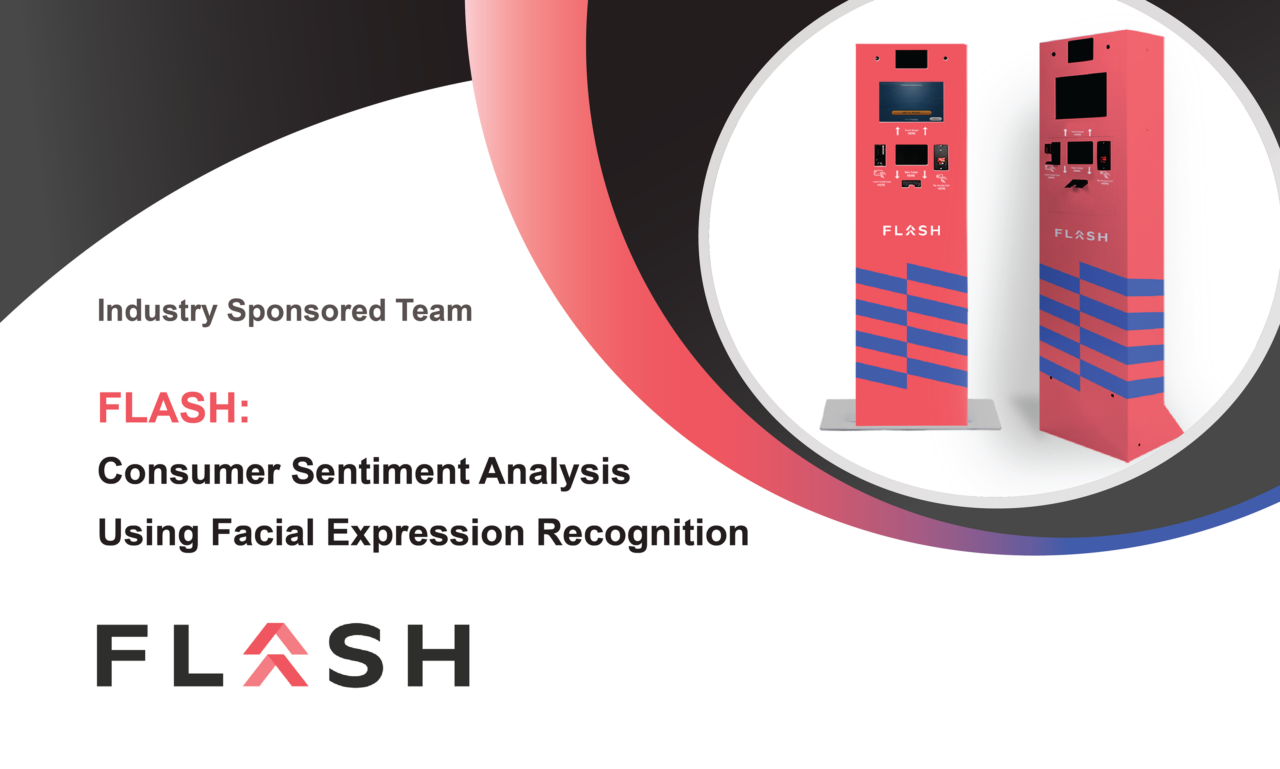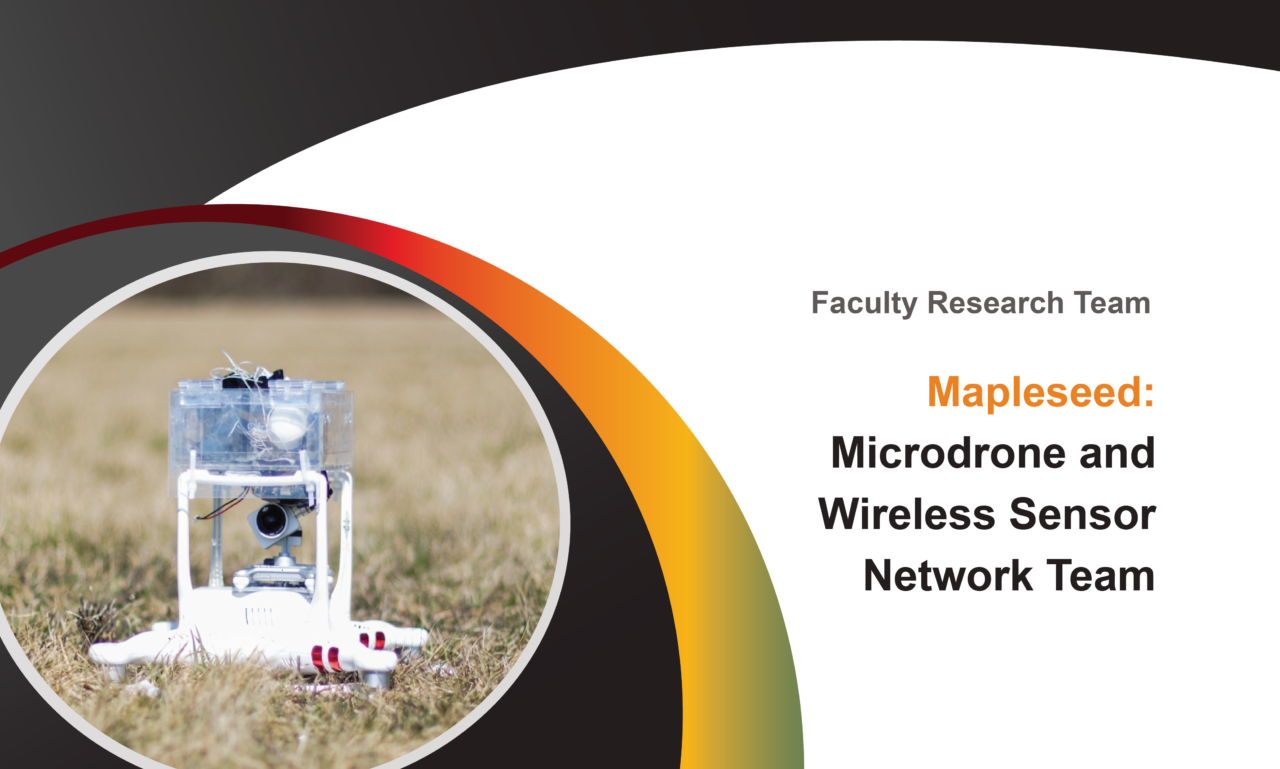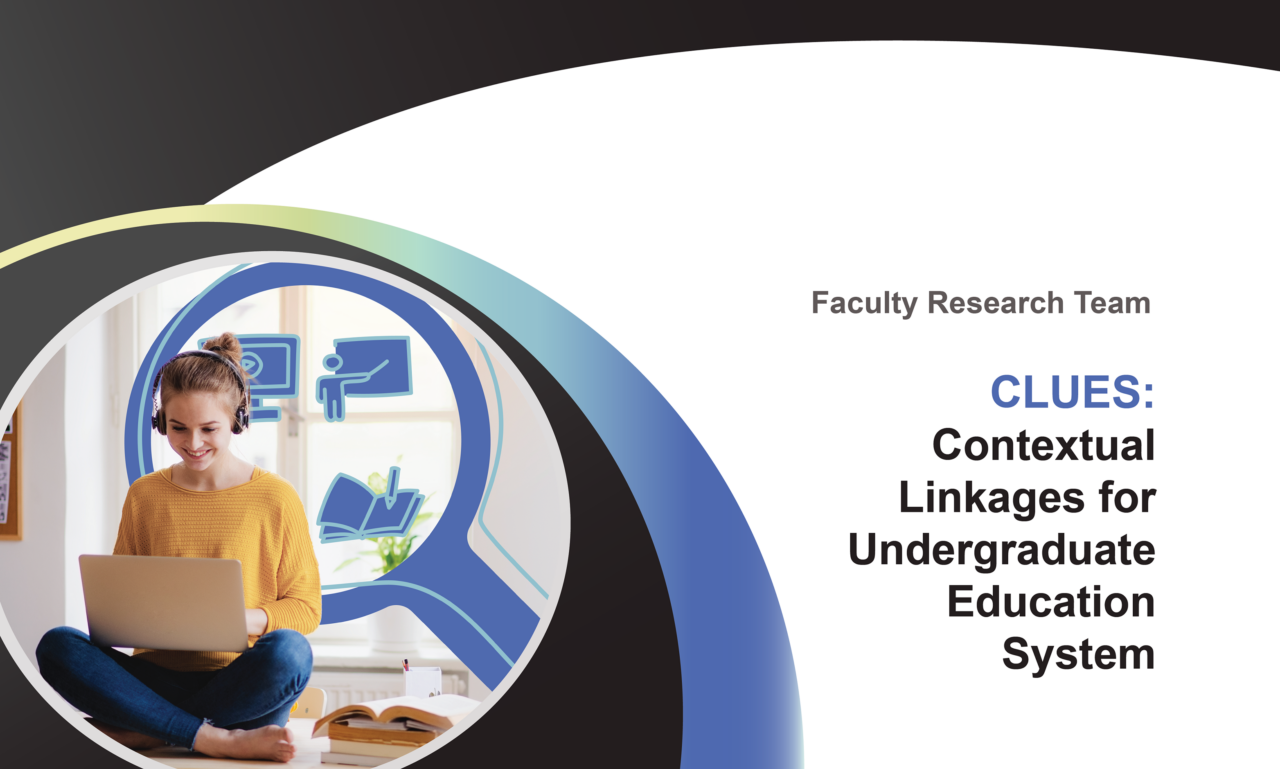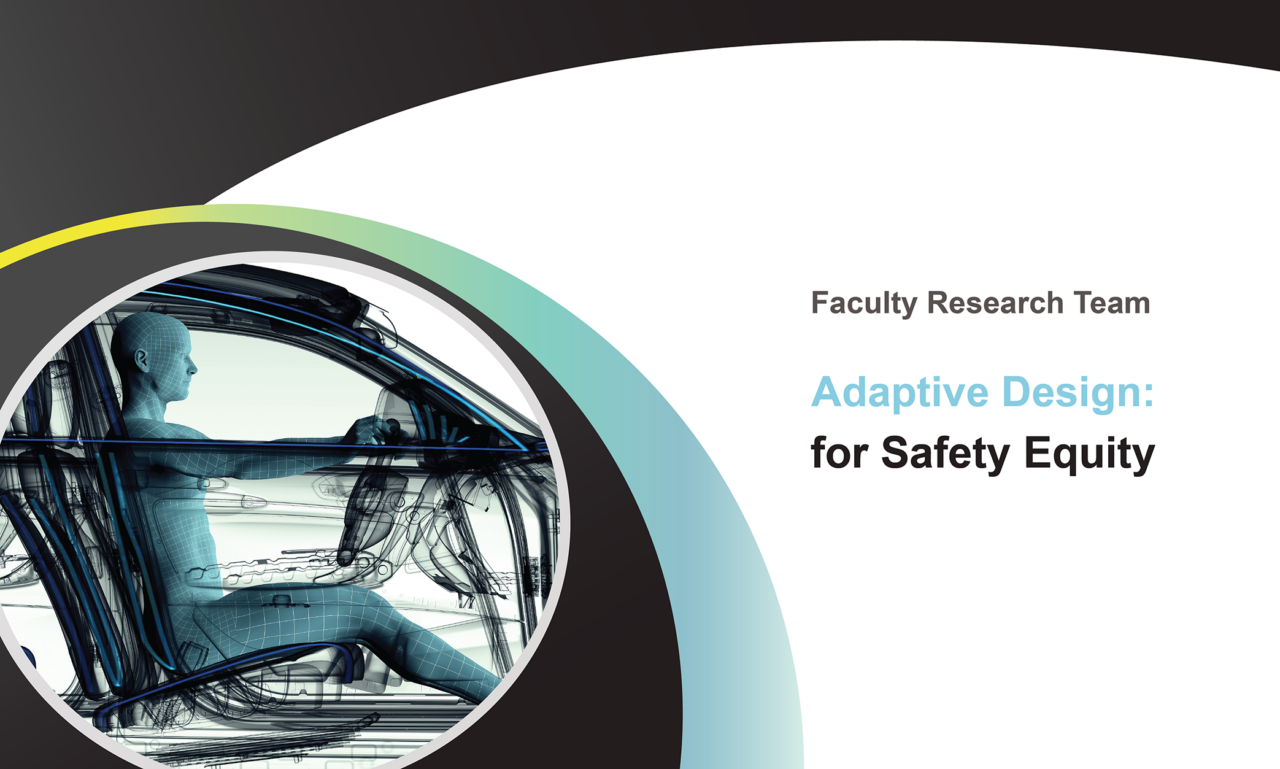– Clear
Cat®Digital, at Caterpillar Inc., serves a diverse user base through an e-Commerce site with visitors including personal consumers, sole proprietors, and large organizations. Students on this team will analyze e-commerce site clickstream data, and develop algorithms to classify unique customer types, developing dynamic website content to best serve each persona.
ProQuest is a content aggregator and research and learning hub with deep historical newspaper content, which creates challenges for optical character recognition (OCR). Students on this team will use machine learning to deliver an end-to-end system that reliably improves the quality of OCR ProQuest content.
Modern vehicles equipped with Advanced Driving Assistance Systems (ADAS) are capable of maintaining the position of the vehicle in the lane automatically (LCA -Lane Centering Assist). Students on this team will design and build the equipment that Subaru needs to efficiently benchmark competing vehicles’ LCA functions.
The JPMorgan Chase project team will design and deliver a real-time digital dashboard to track loan activity on three client-facing portals. The dashboard will provide highly valuable data for the product owner business team, customer servicing representatives, and the CLP Digital technology team. All team members will become JPMC Summer Interns based in Jersey City, NJ.
Researchers at the University of Michigan Transportation Research Institute (UMTRI) have been improving accident impact simulations by broadening the types of body sizes and shapes considered. Students will develop parametric human body models that are capable of testing wide ranges of body sizes, types, and shapes to help create better adaptive and personalized designs for human safety and mobility.
Whirlpool is looking at advanced controls technologies including machine learning, neural networks, and model predictive controllers that will more efficiently cool complex refrigerator systems. Students on this team will evaluate current capabilities on the Python framework that will be fast prototyped and applied in a simulation environment with a conceptual plant model.
Backyard Brains, in conjunction with previous MDP projects, has developed a device to collect and store audio data from the wild to detect and differentiate between birdsongs, insects, and rainfall. Students on this team will optimize the device to make it more manufacturable, user friendly, and ready to ship to Ecuador for field trials.
This faculty research team is designing a secure microblogging app, called Anonymouse, for smartphones in infrastructure-less environments without cellular or wifi service. Anonymouse is designed to support free speech by preventing blocking, censorship, and surveillance. Marketing, user experience, and communication technology development all play major roles in the project.
The Statistics Online Computational Resource (SOCR) is an online platform including web-services and advanced methods and tools in probability, statistics, and machine learning in the health sector. This team will develop an enhanced analysis and visualization toolbox with an emphasis on “Big Data” - very large datasets that are difficult to analyze and interpret in meaningful ways with basic probability and statistical methods.
ArtsEngine is a U-M program based on North Campus that promotes durable collaborations between arts, design, engineering, and technology. Students on the ArtsEngine project will create a media-integrative 21st century expressive instrument by re-imagining and re-designing a vintage analog musical instrument – a Hammond M3 organ.
Honda Sensing® advanced driver-assistance systems (ADAS) are systems developed to automate, adapt and enhance vehicle systems for safety and better driving.Students on this team will develop algorithms to gather and interpret weather data, communicate to the ADAS, and drive decisions about how individual systems will be utilized.
This faculty research team presents a chance to join an exciting research group that designs sensors for spacecraft that explore extreme environments in space from the surface of the Sun to the outer edges of the solar system. We will design and test a Faraday cup to further our understanding of the Sun.
The primary objective for the Ann Arbor Virtual+ Academy is to provide students in the Ann Arbor Public School System access to online and extended learning options that will help them to develop a personalized learning path.Students on the A2 Virtual+ team will create a standalone web application that will streamline and simplify the class registration process for students, parents, and staff.
ProQuest is a content aggregator and research and learning hub for students, librarians, researchers and literature specialists. The students on the AI ProQuest team will deliver an end-to-end system that can reliably suggest and assist users in exploring relevant documents by utilizing a knowledge graph built off citations and other data from ProQuest’s corpus, which contains over one billion documents.
Consumer adoption of autonomous technology will depend in large part on how split-second moments in which imminent hazards are about to happen are experienced. Students on this Veoneer team will use human centric design to research and prototype a visual and audible driver alert system that improves the communication between the vehicle and its operator.
On orbit servicing of satellites is soon to become the next big space endeavor and Northrop Grumman is already ahead of the game with early vehicles performing that mission. What is needed is help determining how those vehicles do their job, including mission tools and components, and you can be part of it!
This faculty research team is designing a nanospacecraft and operating a space mission that will explore the feasibility of a novel propulsion technology – miniature electrodynamic tethers – as propellant-less propulsion to new classes of very small satellites known as picosats and femtosats. Students will create a spacecraft with an operational ED tether for the first experimental testing of propellantless operation in space.
Reinforcement learning (RL) is a subfield of machine learning concerned with sequential decision making under uncertainty. In the past decade, RL has seen breakthroughs in game domains (such as AlphaGO and AlphaStar). However, applying RL to real-world applications is still challenging due to the requirement of online interaction and its susceptibility to distribution shift.
Union Pacific is the second largest landowner in the United States (after the U.S.A Federal Government) and many people at times require access to the land managed by UP’s Real Estate department. The student team will redesign and deliver a new business system to replace the current paper based process.
Union Pacific manages over 33,000 craft professionals including conductors and engineers who are managed through unions via collective bargaining agreements; when these agreements aren’t followed, claims are required to be submitted for review. The student team will redesign and deliver a fully electronic claims system to replace the current, outdated, paper based process that doesn’t meet current needs.
Principal aims to help individuals by providing disability income insurance so that when the unexpected happens, people are better able to continue living the lifestyle they’veworked for. Students on this team will work to design and prototype a working digital process flow that allows the key stakeholders to collaborate digitally and makes the experience parallel to – or better than – consumer digital expectations.
DENSO, one of the largest global mobility suppliers of advanced technology, systems and components, leverages a product launch system to ensure successful, on time product launches. Students on this team will become intimately familiar with DENSO’s core processes in commercial management and product launch readiness, while developing a platform that will optimize our global network and provide a virtual reach towards manufacturing.
The energy consumption data on the impacts of the last mile of travel is often estimated rather than calculated, resulting in uncertainty in emissions data. Students on the EPA team will develop and validate a physics-based model of energy usage of electric bikes and scooters based on environmental, geospatial, and behavioral variables, and create a simple website to communicate model results to the public.
In order to gain better insight into the preferences and behaviors of drivers when they interact with Advanced Driving Assistance Systems (ADAS), Subaru would like to collect naturalistic data from drivers. Students on the Subaru team will design and execute a complete data collection system in a test vehicle provided by Subaru that acquires and stores data including video, vehicle accelerometer, and location data for analysis at a later date.
Union Pacific runs trains all across the United States and with that comes many challenges. As we continue to build our systems, we need to ensure that the data being sent around our network is clean, in sync with other systems, and is easy to query. Students on the Union Pacific team will design and develop the components for building a comprehensive business data store structure and analytics model that will allow easy access to petabytes worth of data from a multitude of devices and systems.
The Statistics Online Computational Resource (SOCR) is an online platform including web-services and advanced methods in probability, statistics, and machine learning in the health sector. This team will develop an enhanced analysis and visualization toolbox with an emphasis on “Big Data” - very large datasets that are difficult to analyze and interpret in meaningful ways with basic probability and statistical methods.
Researchers at the University of Michigan Transportation Research Institute (UMTRI) have been improving accident impact simulations by broadening the types of body sizes and shapes considered. Students will develop parametric human body models that are capable of testing wide ranges of body sizes, types, and shapes to help create better adaptive and personalized designs for human safety and mobility.
The current after-market automotive rear seat entertainment tablet headrest mounting solutions aren’t very aesthetically pleasing and they lack integrated inductive charging. The students on the Alps Alpine team will design and prototype an aesthetically pleasing solution that has wireless inductive charging integrated into it so the tablet will charge while connected to the headrest mount.
The JPMorgan Chase project team will design and deliver an analytics tool that will monitor and evaluate the current task work assignments of 2,200 global JPMC team members. The tool will recommend reassignment of project work between staff to better balance workloads and improve on-time delivery. All student team members will become JPMC 2022 Summer Interns based in Chicago, Il.
The impact to critical electrical connectivity of automotive wire harnesses after thermal exposure is currently evaluated with costly and time-consuming physical testing. Students will research, develop, and design a virtual simulation for the wire and terminal connection to determine its pull strength performance and resulting circuit resistance delta readings prior and after undergoing high temperature degradation cycles.
Honda Research and Development is leading advancements in the area of mobility, power units, energy, and robotics. The students on the Honda team will work to develop simultaneous localization and mapping algorithms for a small Parallax robot to identify and navigate 2D planes using a time-offlight camera.
Generative design utilizes topology optimization suggesting novel geometric forms, which are then evaluated for effectiveness against the design criteria (in this case heat transferability, cost, operational life, etc.) and then developed into feasible design solutions. Students on the GM team will develop a generative design process to determine the optimal geometry for a cold-plate cooling design for an electric vehicle.
One of the challenges of validating radar sensors is testing them over a full range of environmental
exposures. Students on the Aptiv team will design, build and test a temperature control environment to
more accurately validate radars under a wide range of environmental conditions for advanced driver
assistance systems (ADAS).
Navigating 100,000 square feet of casino floor spread out over 2 levels is challenging for both patrons and staff of the MotorCity Casino. Students on the MotorCity Casino team will utilize data from a large and dense network of Bluetooth beacons on the casino floor to create a native Android mobile app.
ProQuest is an educational technology company which provides academic libraries with Rialto, a marketplace which supports evidence-based, data-driven decisions for intelligent book acquisition. Students on this team will use machine learning techniques to deliver a proof of concept system which reliably predicts the likelihood of winning a book award, for each book published in a given year.
Subaru aims to apply electrification technologies to all of its vehicles sold worldwide by the 1st half of
2030. Students on this project will focus on the customer usage aspects of the vehicle to design and
build a system to capture and store the data necessary to measure the comfort zone of drivers of
electric vehicles through sensors, driving control, and data collection focusing on acceleration and
deceleration.
With over a billion parking spots in the United States, there is plenty of opportunity for people to forget where they parked their car. The students on this team will design and develop an augmented reality wayfinding app that will allow parking customers to use their phone to find their car in a parking structure.
Cat Digital, at Caterpillar Inc., uses Internet of Things (IoT) connectivity and advanced analytics to provide prognostic alerts to customers notifying them of potential issues with their equipment to prompt proactive maintenance. Students on this team will analyze and model transactional data to better understand and accurately predict how customers respond to maintenance alerts.
Yazaki is a global leader in the design and manufacture of electrical and electronic systems for automotive applications. Students on the Yazaki Wireless Door Module Team will investigate and develop a method for powering and controlling automotive door functions that does not require electrical wiring to be routed between the door and the car body side.
Principal is on the path to implementing new technology to better serve customers, but in the meantime, we face a challenge in serving our existing clients on legacy platforms. This team will be tasked to design a tool to extract customer policy and demographic data from a mainframe system and run it through an actuarial pricing database to provide a premium quote to existing customers.
Whirlpool is looking at advanced controls technologies including machine learning, neural networks, and model predictive controllers that will more efficiently cool complex refrigerator systems. Students on this team will evaluate current capabilities on the Python framework that will be fast prototyped and applied in a simulation environment with a conceptual plant model.
DENSO is one of the largest global mobility/automotive suppliers of advanced technology, systems, and components. Students on this team will become intimately familiar with DENSO’s core processes in commercial management and product launch readiness, while integrating an API with Toyota Motor Corp to create efficiencies. All team members will become Denso 2022 Summer Interns based in Michigan/Tennessee.
Clarios creates the most advanced battery technologies for virtually every type of vehicle. Students on the Clarios team will develop a tool to collect and communicate the battery state of health to a mobile device to detect potential battery failure and avoid stranding a customer with a dead battery.
The objective of this project is to develop software algorithms for state-of-the-art audio surveillance of aircraft cabin areas to enhance cabin safety and improve the passenger experience. Students on the Collins Audio Analytics team will develop software algorithms to support sound and voice identification, detection, and key word recognition in aircraft interiors.
Riot Games released League of Legends in 2009 to worldwide acclaim, and multiple new games and TV series over the following years; this success has led to an increased visibility to potential attackers that will eventually leverage existing vulnerabilities. Students on the Riot Games team will develop and deploy an extensible system and framework that automatically monitors Riot’s environments for out-of-compliance items in the cyber security space.
This faculty research team is designing a nanospacecraft and operating a space mission that will explore the feasibility of a novel propulsion technology – miniature electrodynamic tethers – as propellant-less propulsion to new classes of very small satellites known as picosats and femtosats. Students will create a spacecraft with an operational ED tether for the first experimental testing of propellantless operation in space.
In order for critical driver alert systems to be universally effective, they must be designed with the broad population in mind, including people with accessibility concerns. The students on the Arriver team will research and design a driver alert system that specifically targets drivers with accessibility issues such as deafness and color blindness.
Functionality is continually being added to aircraft interiors, creating the need for efficient wireless communications to keep wire mass down. Students on this Collins Aerospace Wifi Communication Bridge team will design and develop a bridge that seamlessly achieves data transfers between a low power/low bandwidth communication protocol and a high power/high bandwidth communication profile
ASML is an innovation leader in the semiconductor industry, and their machines have modules with
fairly massive and fast (~100 kg, 3 m/s) scanning stages. Students on the ASML team will design a
(semi-passive) deceleration system for our newest stage to come to a stop safely in the event of a
control failure, thus enabling it to run at full speed (5 m/s) safely.
Procter & Gamble (P&G) makes products that are trusted in millions of homes, and many of these products utilize plastic film packaging. Students on the P&G team will identify contaminants in post consumer recycled (PCR) polyethylene and determine the level of PCR that can be successfully reincorporated into film packaging. All student team members will become P&G 2022 Summer Interns based in Cincinnati, OH.
Whirlpool is looking at advanced controls technologies including machine learning, neural networks, and model predictive controllers that will more efficiently cool complex refrigerator systems. Students on this team will evaluate current capabilities on the Python framework that will be fast prototyped and applied in a simulation environment with a conceptual plant model.
Customers are increasingly expecting a high level of customer service from their Casino, and MotorCity is
constantly evaluating their business model to make sure they are providing top notch service while
optimizing their expenditures and staffing levels. Students on the MotorCity team will use internal and
external data to develop a system to forecast demand (number of people at the casino) and a strategy
to determine the optimal level of staffing.
Hyundai is taking action to improve their safety data analytics systems including machine learning and artificial intelligence driving them towards a world class safety focused organization. Students on the Hyundai team will evaluate existing recall data and develop models that provide an early warning system for potential developing trends, indicating variables/areas that should receive special attention.
ProQuest, part of Clarivate, is an educational technology company committed to empowering researchers and librarians around the world. Students on this team will use machine learning techniques to deliver a proof-of-concept system which predicts the future success of academic researchers based on information available near the time of dissertation publication.
Principal is bounded by one common purpose: to give you the financial tools, resources, and information you need to live your best life. Students on the Principal team will design and deliver an investment/financial planning tool informed by significant research into the user needs specific to Gen Z investors.
Every year, Constellation Generation moves thousands of nuclear fuel bundles safely in and out of reactor cores in a challenging underwater environment that is heavily dependent on humans to ensure reliability. Students on this team will aim to eliminate the human element of this critical task by developing a robotic tool that can stand up to the environment, reducing the risk of an error.
Cat Digital, the digital arm of Caterpillar Inc., uses connected fleet information and emission reduction strategies to determine the most effective fleet management policies. Students on the Cat Digital team will develop an analytics model that helps customers identify the ideal path to lessen the environmental impact of their fleet over time.
Students on this team will become familiar with DENSO’s core processes while developing enhanced connectivity between existing software business systems for improved commercial management. All qualifying student team members will be offered an optional DENSO 2023 Summer Internship based in Michigan/Tennessee/Remote. (see website and brief for internship qualifications)
This project is an opportunity to develop creative thinking skills while implementing and validating engineering principals and theories of fluid dynamics in a ventilated automotive seat. Students on the Magna team will develop a complete seat ventilation system model, supported both by theory and experimental data, that predicts the thermal comfort performance of future seat designs.
Shiloh Industries is a global innovative solutions provider focusing on light weighting technologies that provide environmental and safety benefits to the mobility market. Students on the Shiloh team will develop and characterize viscoelastic adhesive formulation for Constrained Layer Damping (CLD) applications.
To achieve NASA’s goal for Lunar to Mars and beyond habitation, advanced power systems and power system integration are required to influence multiple mission scenarios where power constraints have been a limiting factor. Students on the Northrop Grumman team will develop and validate innovative power designs and integrated power grid solutions for the extreme environment of the lunar surface.
The students on the Honda team will develop a 2-D path planning/following algorithm for drones and unmanned ground vehicles (UGV) for both real world and simulation environments. They will extend their system to include a simulation platform and drone motion planner to achieve scalable harmonious navigation in a multi-robotic-system environment.
To better serve customers, Subaru wishes to implement a self-opening door system that operates based on proximity of the user to the vehicle, computer vision, and machine learning to determine intent of the driver to enter the vehicle. Students on the Subaru team will design and implement the door system into a prototype WRX that will be displayed throughout the US at auto shows, racetracks, and extraneous events in the future.
The Altrix Precision Temperature Management System regulates patient temperature by circulating water through wraps or pads applied to the patient. Students on the Stryker team will design and prototype a docking station for the Altrix that automates disinfection of the unit to ensure operational safety.
Today, more than ever, people expect to be able to attend meetings and events virtually with a high quality of engagement. Students on the In-Person Away Virtual Events (IPAVE) team will design and develop a virtual presence robot focusing on mobility and remote navigation control, sourcing components within the United States whenever possible.
Walbridge construction company makes jobsite safety a top priority on all their projects, including their two active jobs on U-M’s North Campus. Students on the Walbridge team will develop a Proximity Warning Alert System (PWAS) that detects people, rather than objects, in the blind spots of mobile construction equipment.
The Heliophysics team is designing a ground radio prototype and data analysis pipeline to detect radio bursts from extreme space weather in collaboration with NASA’s SunRISE mission, which will send up a space-based array composed of 6 small satellites to Earth orbit to image the lowest frequency radio bursts for the first time.
The Ann Arbor Hands on Museum is working to improve the educational experience for the many young school groups that patronize the museum. Students will update the design for a new platform and redeploy a beacon system that tracks individual museum guest’s participation in learning activities during their visit to support this goal.
Amway uses a number of techniques to measure the effectiveness of their skin care products, one is comparing facial images before and after the use of their products. Students on the Amway team solve a challging CV problem to connect /combine multiple images of a single face and deliver it in a tool using Amway’s existing Amazon Web Services (AWS) platform.
Consumer satisfaction is THE quality metric for FLASH; however, it is very challenging to evaluate consumer satisfaction remotely. Students on the FLASH team will design and develop a computer vision system for FLASH parking kiosks to determine consumer sentiment (satisfied/dissatisfied) in an anonymized and balanced manner, and then utilize the trend in sentiment to help discover operational problems.
The JPMC team will design and deliver the capability to capture and edit customers’ financial priorities and make product recommendations for JPMorgan’s 47 million active mobile customers. This will generate personalized content for customers based on their financial priorities, improving marketing efficacy, customer engagement, and retention with the Chase mobile app. All student team members will become JPMC 2023 Summer Interns based in Chicago, Il.
Wireless sensor networks (WSN) are needed for studying Earth’s climate and for real time monitoring of the spread of viruses or pathogens such as those related to Covid-19. The Mapleseed team aims to develop miniaturized robotic vehicles (e.g., microdrones, mini-airplanes, and rovers) capable of carrying various sensors and automatically measuring certain atmospheric parameters and particle/virus concentrations in targeted spaces.
The CLUES Project uses artificial intelligence methods to index both what was said and visually presented in class sessions. Through this innovation an unprecedented data set is being created that identifies the knowledge being transmitted in college courses and allows students the ability to search for specific moments in their class sessions. This technology will be made available to a wide range of educational institutions and industry.
Researchers at the University of Michigan Transportation Research Institute (UMTRI) have been improving accident impact simulations by broadening the types of body sizes and shapes considered. Students will develop parametric human body models that are capable of testing wide ranges of body sizes, types, and shapes to help create better adaptive and personalized designs for human safety and mobility.

